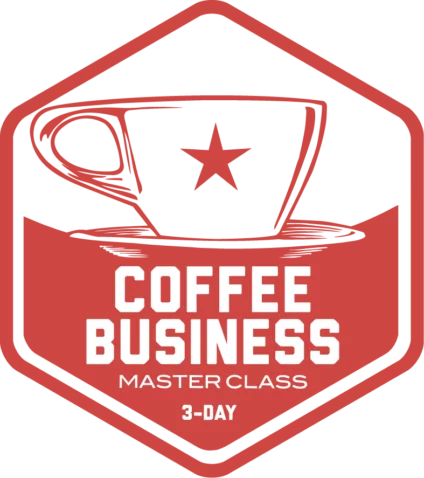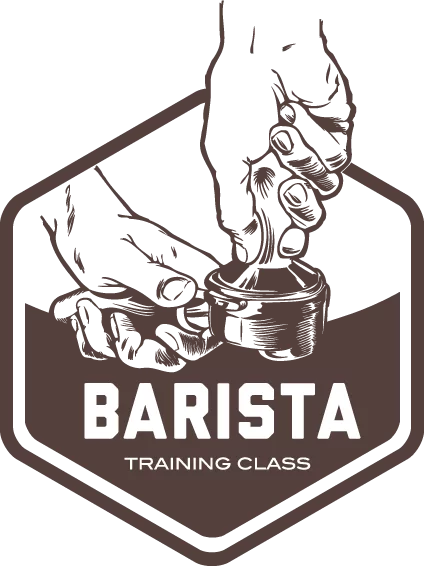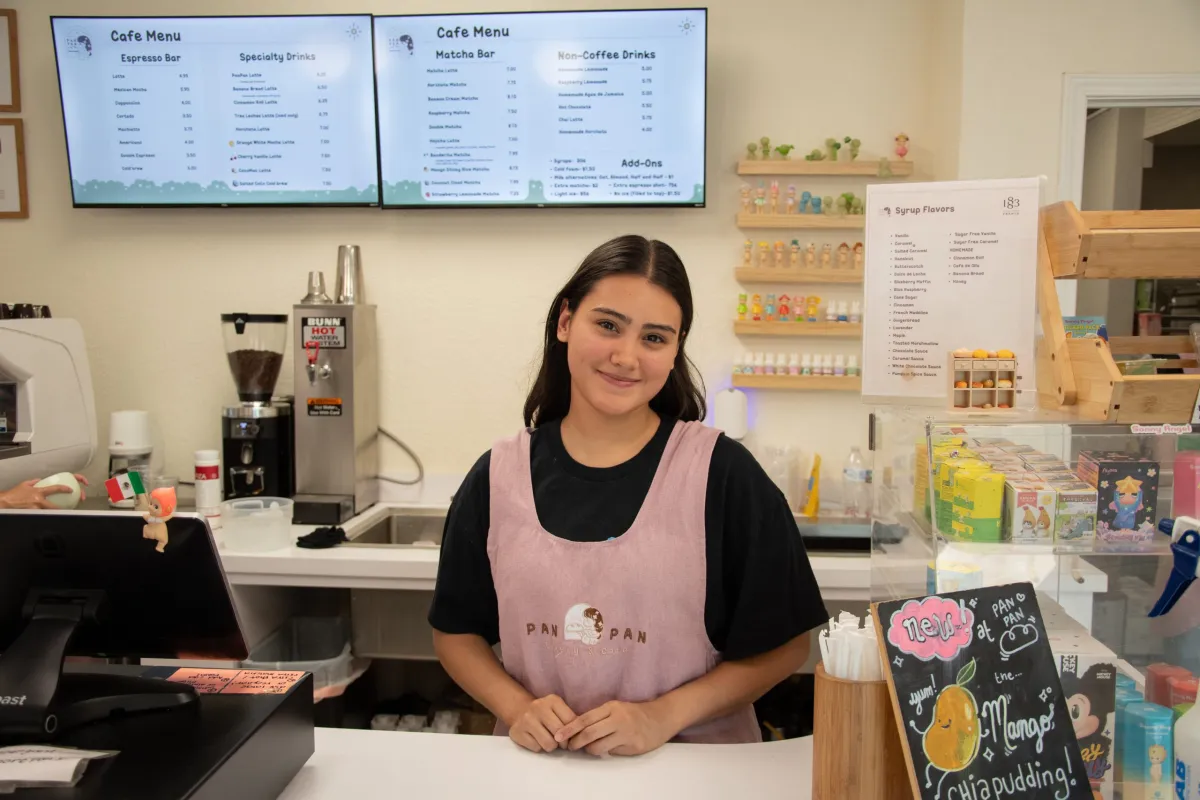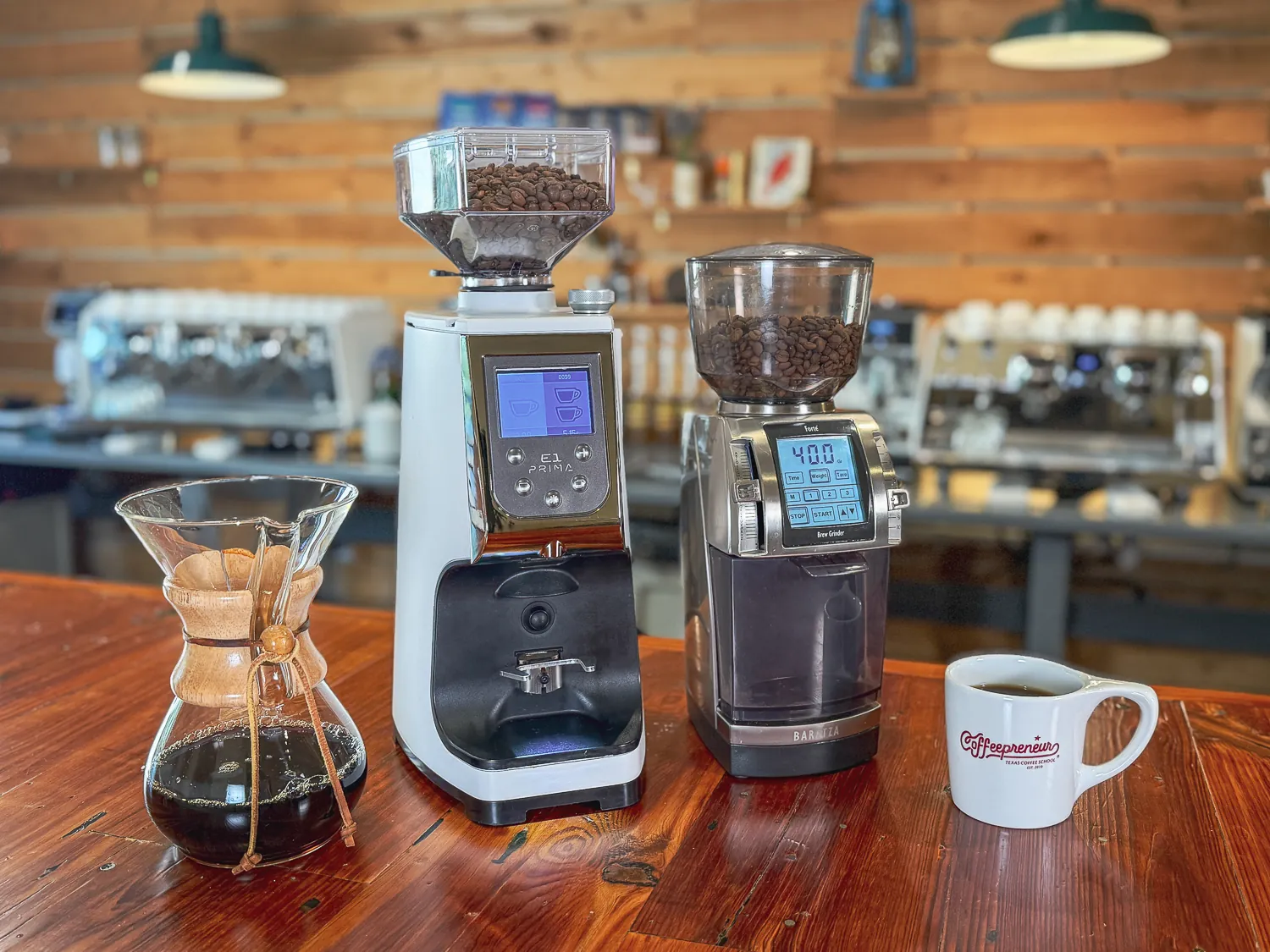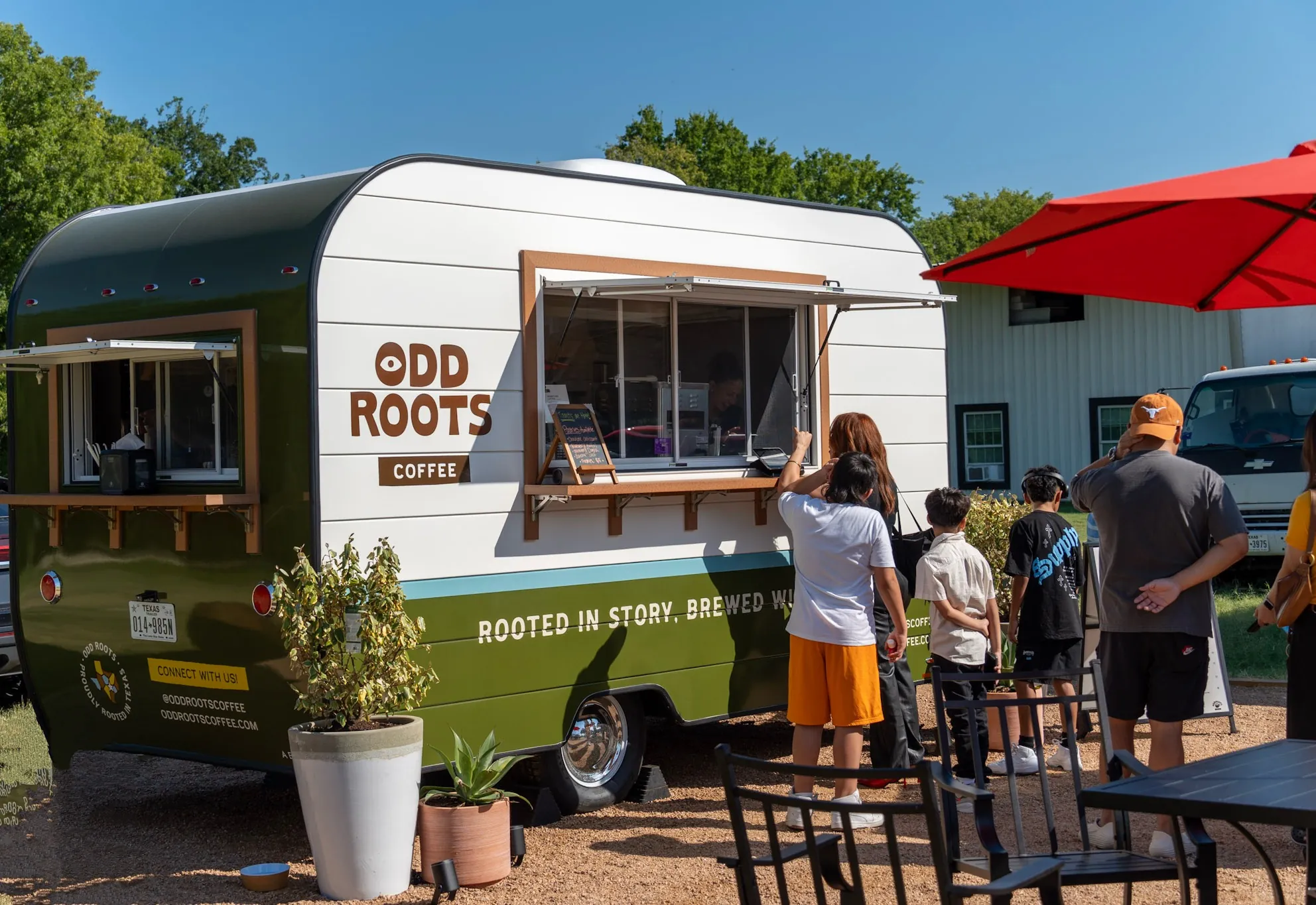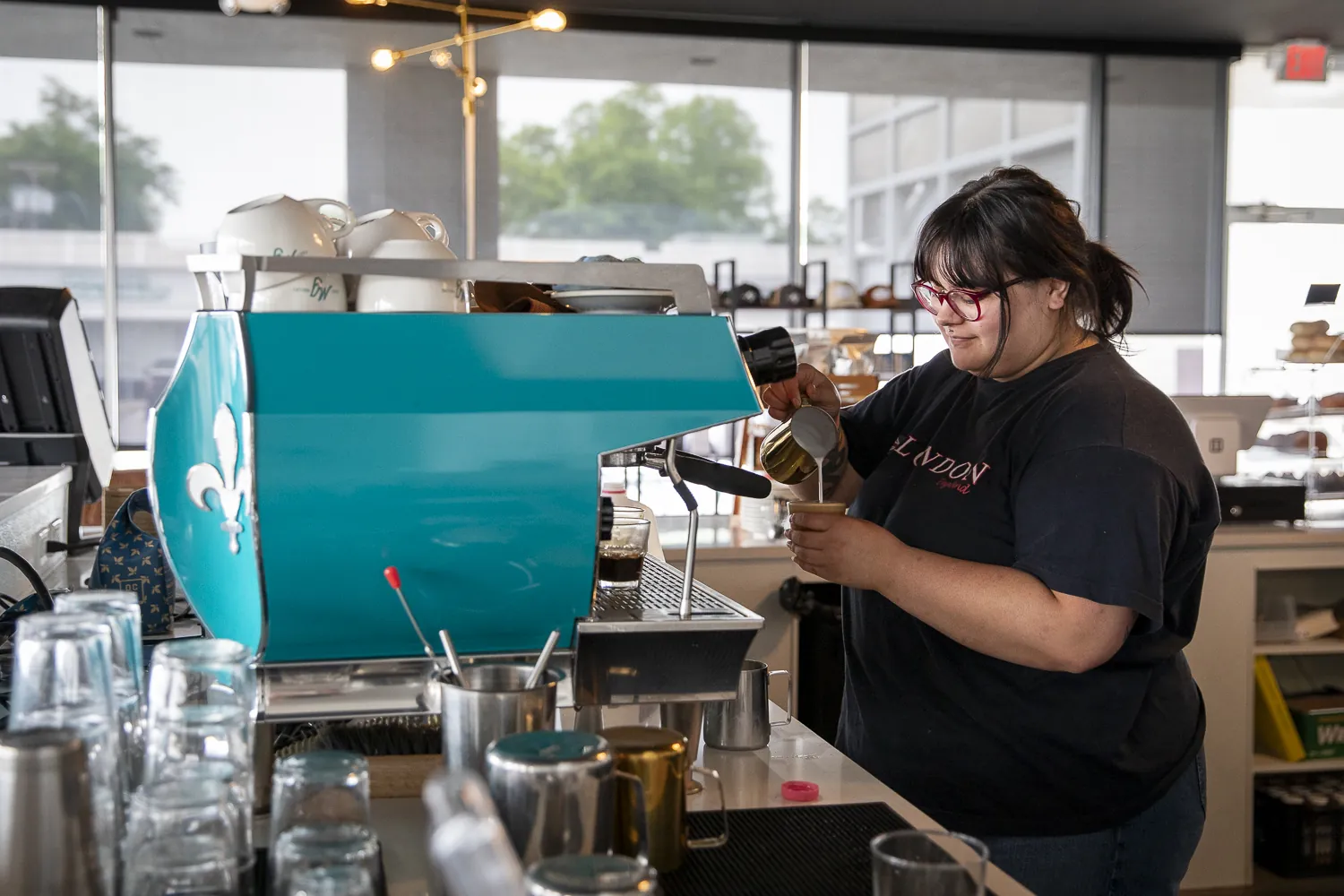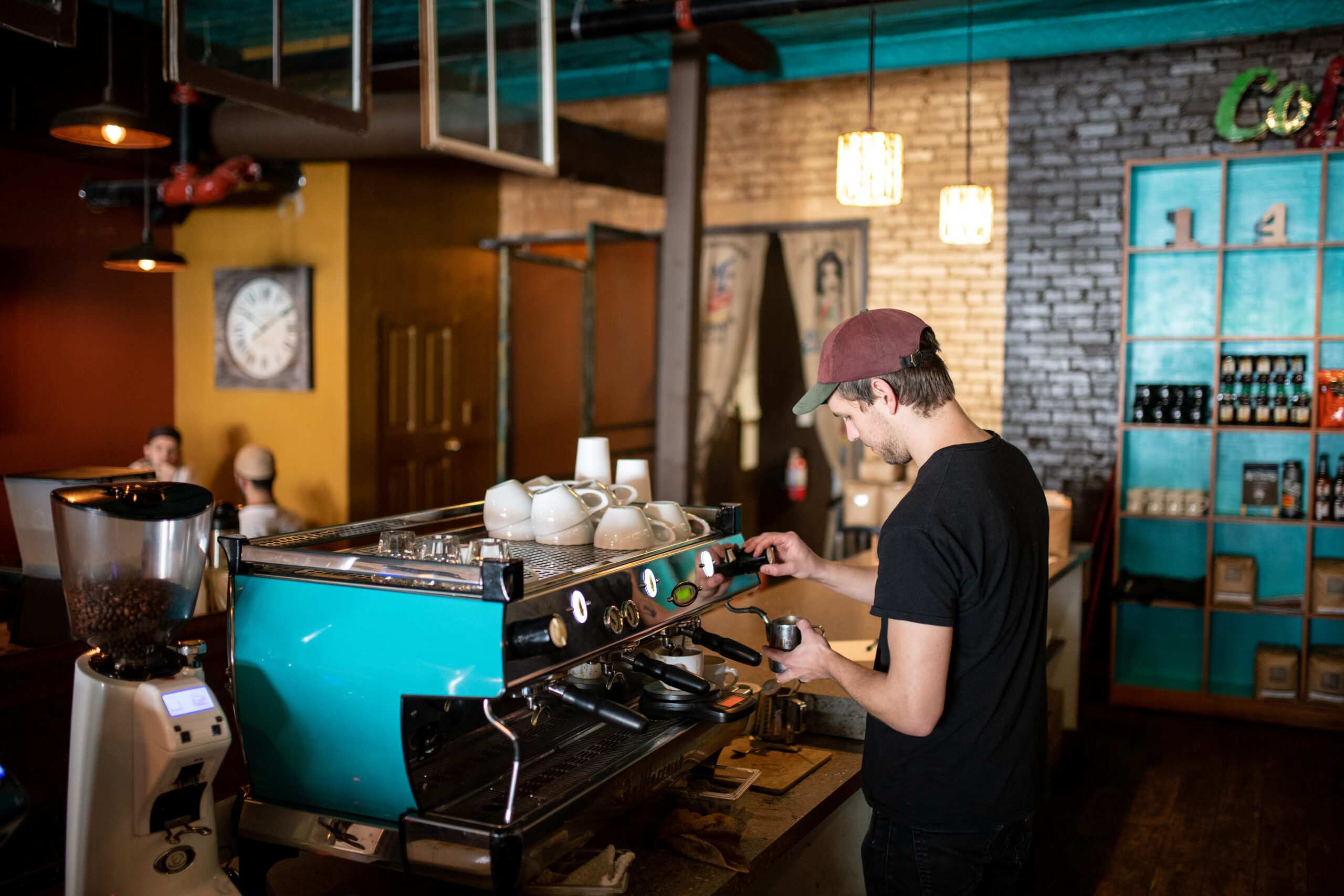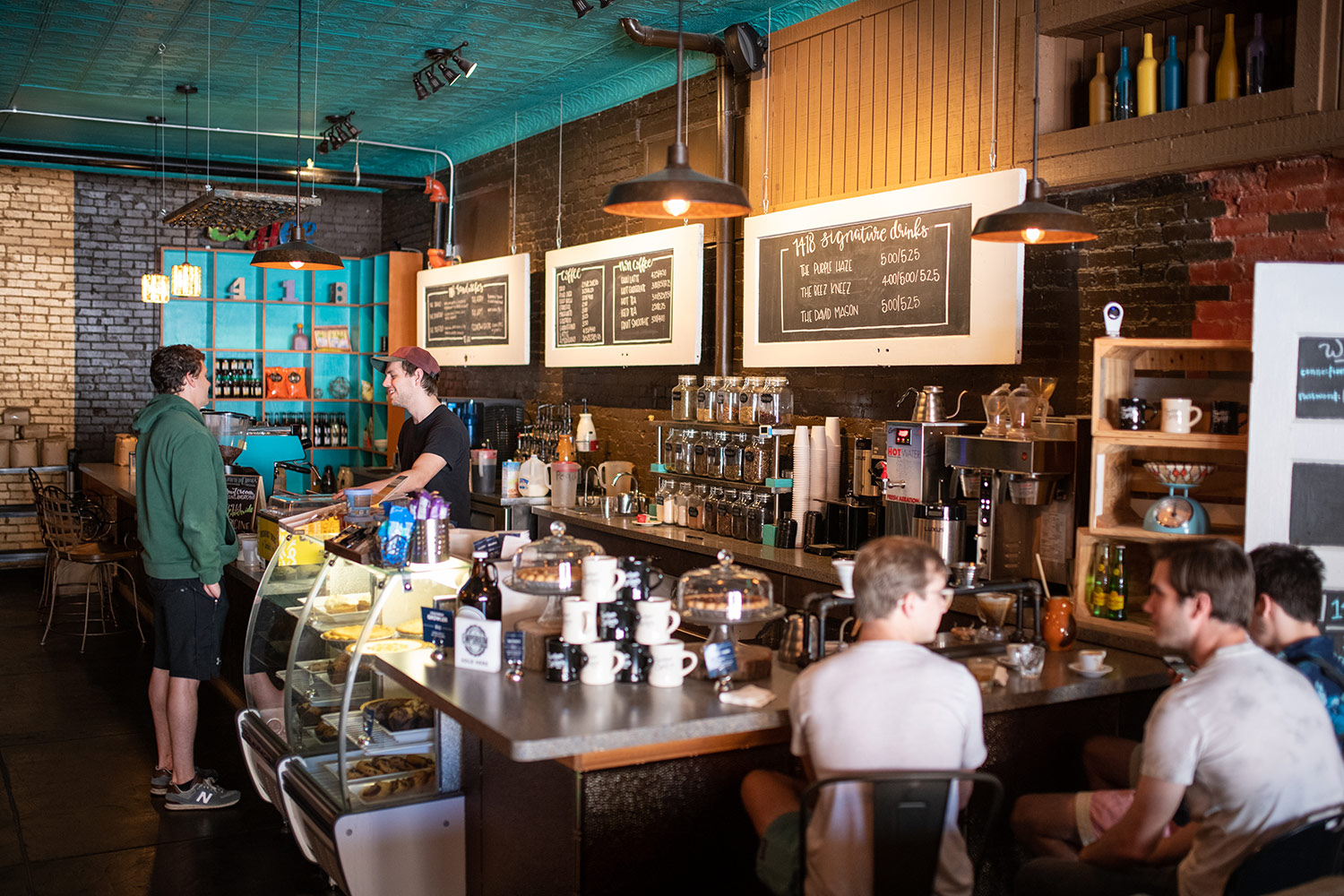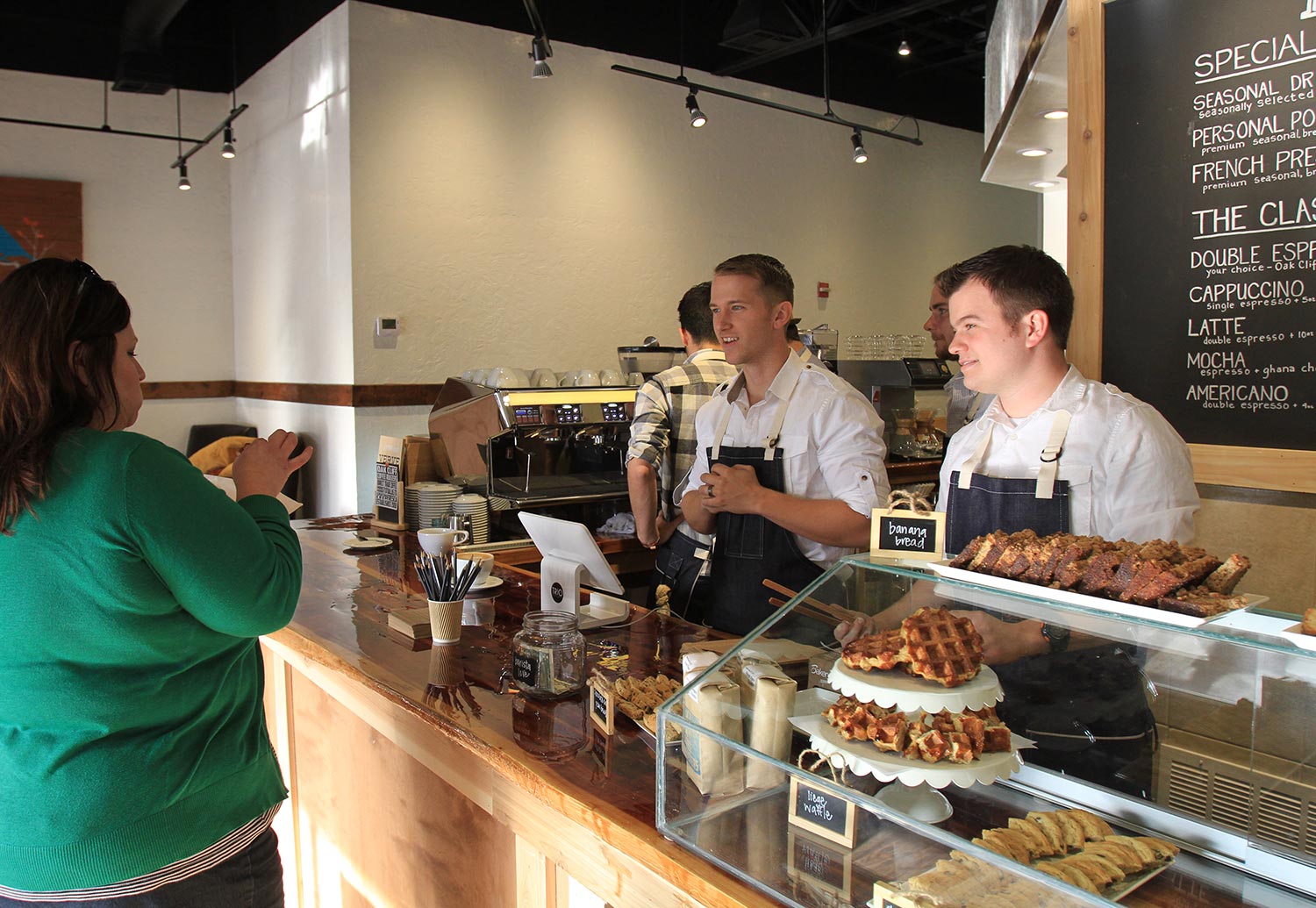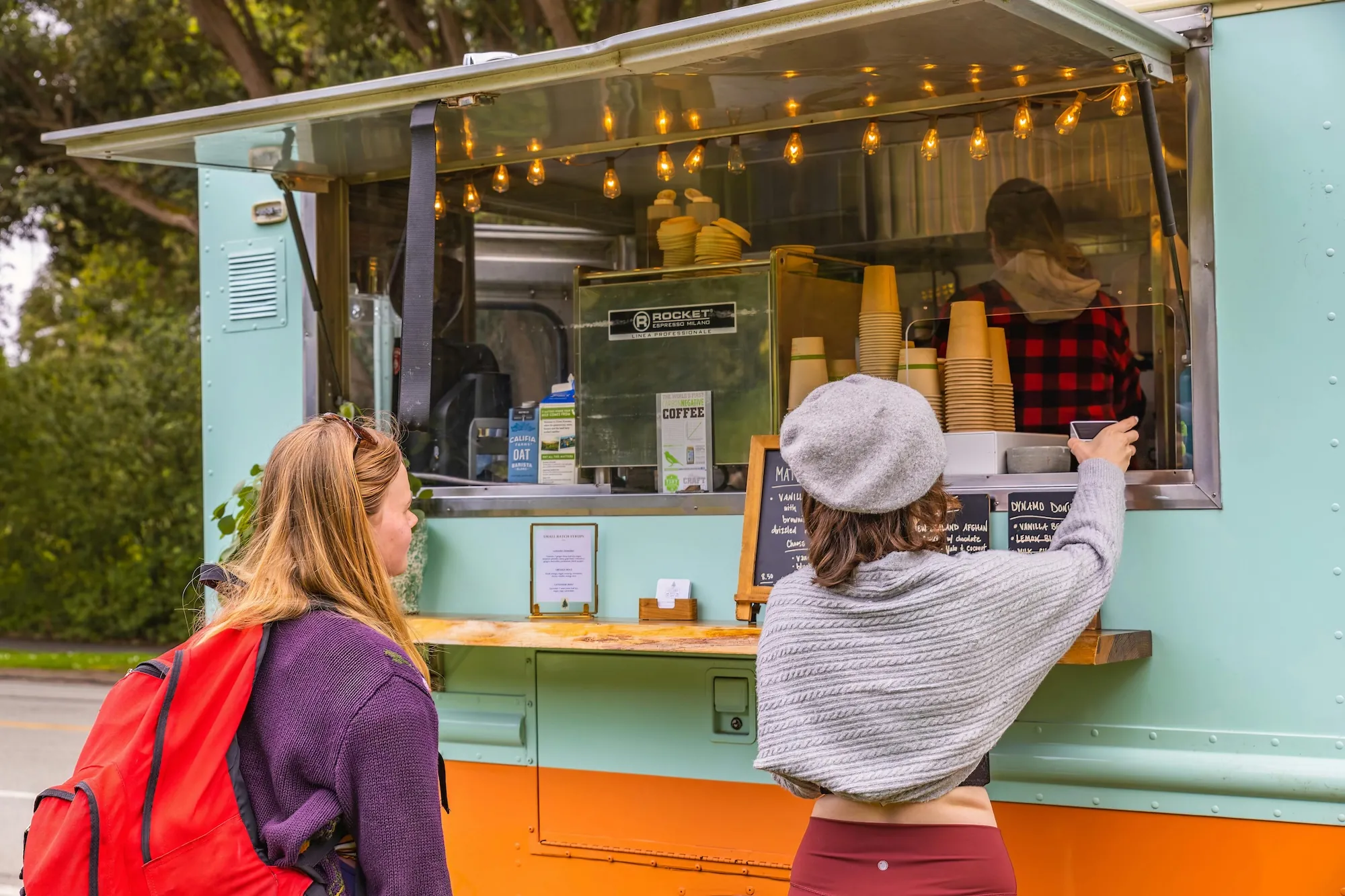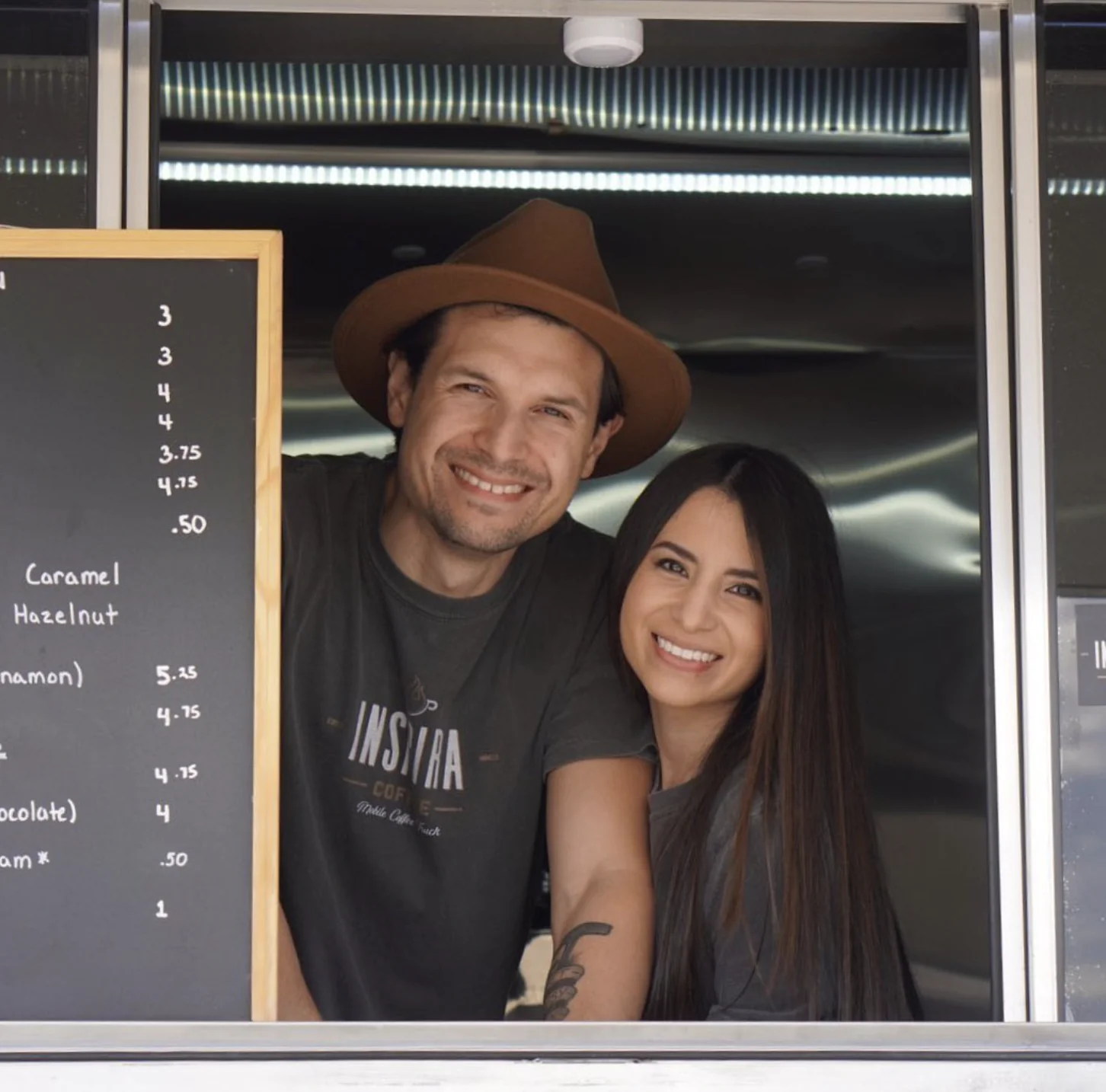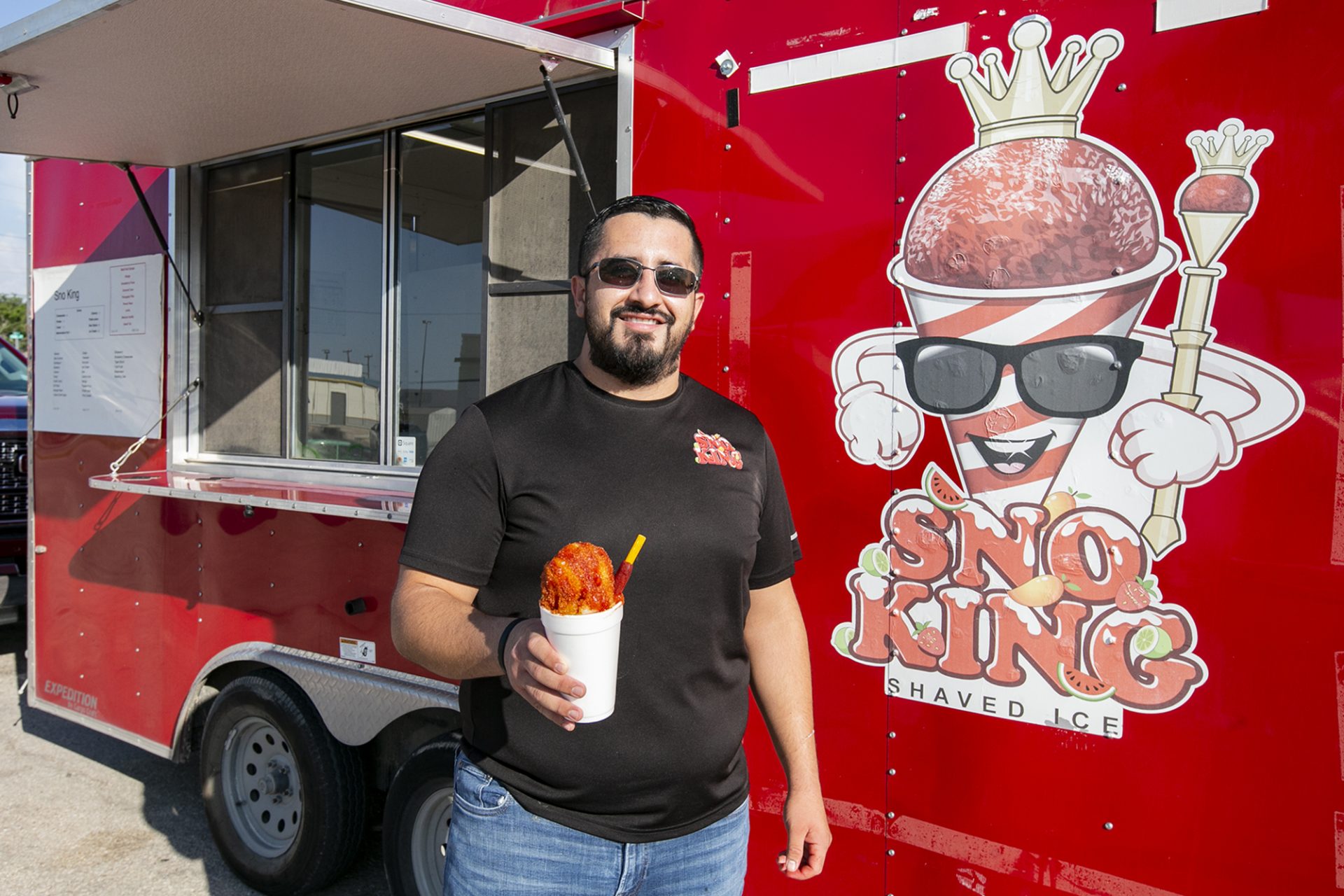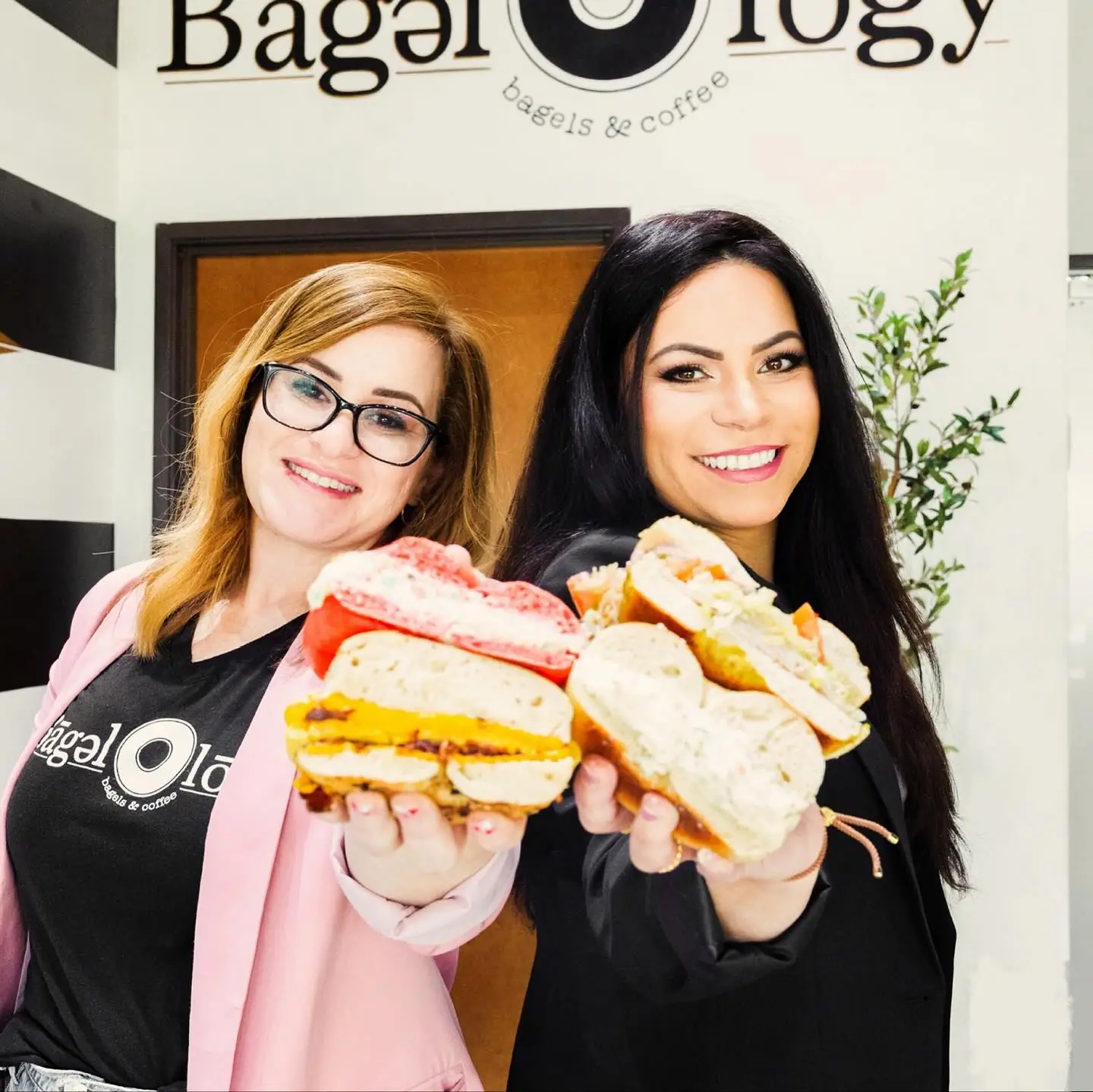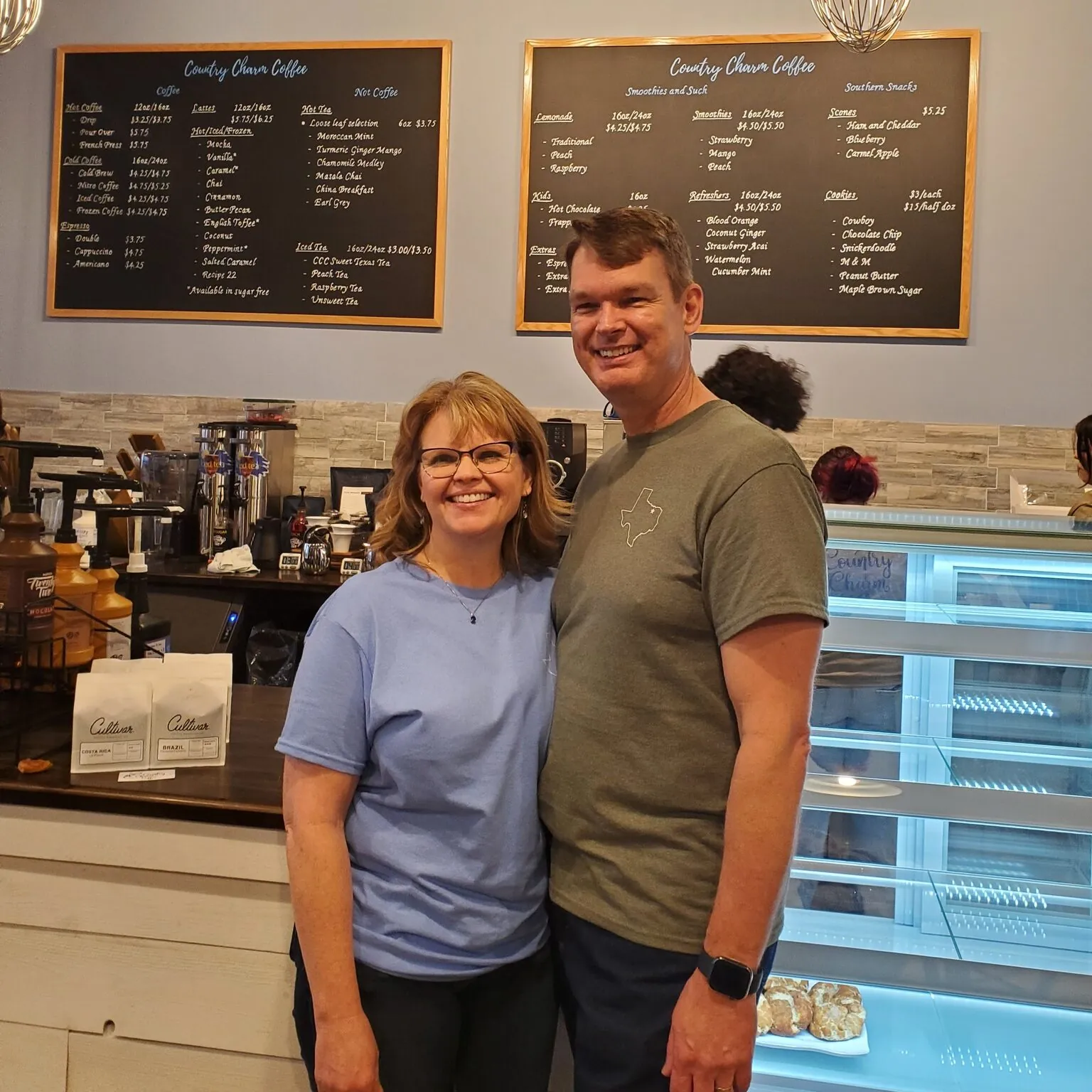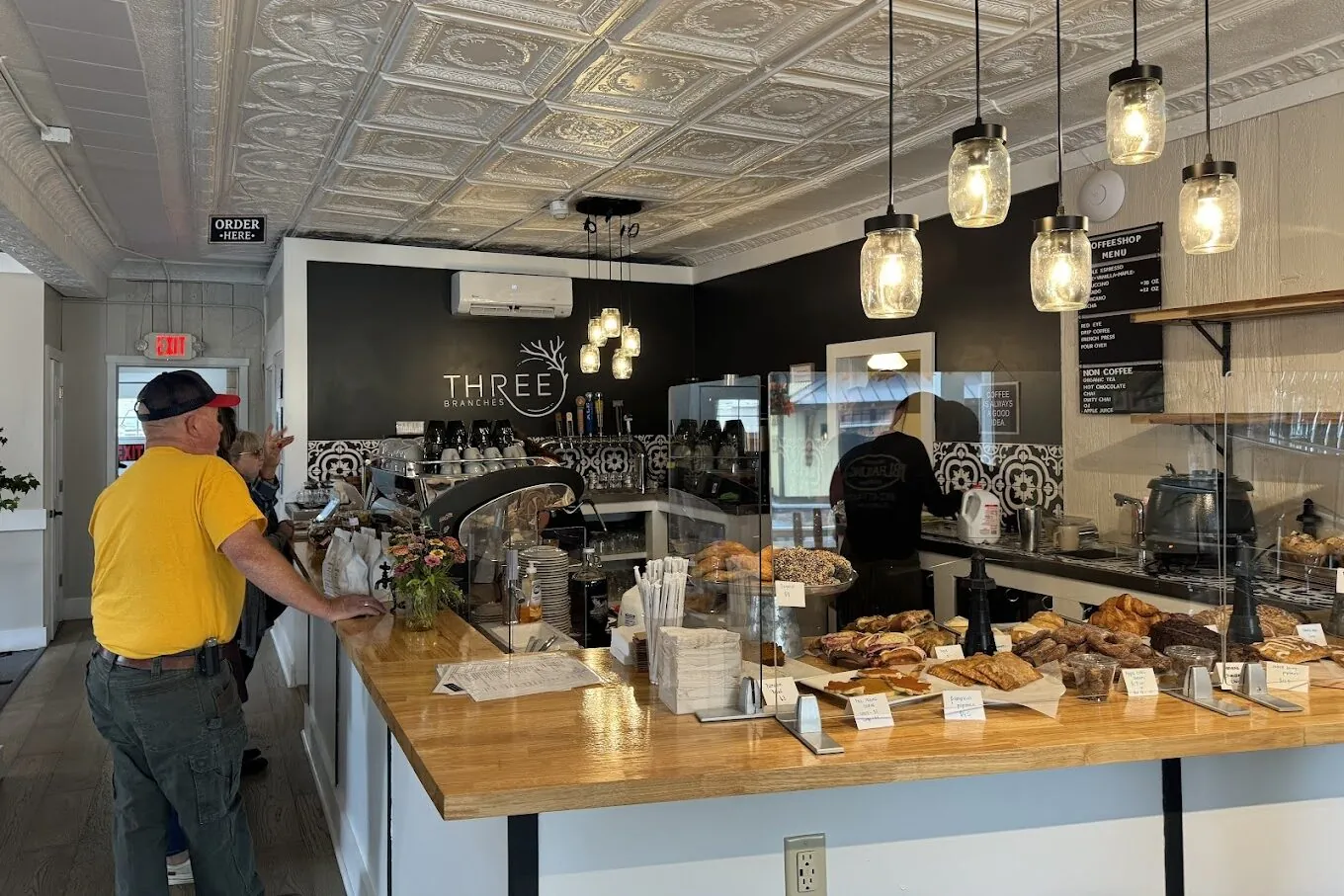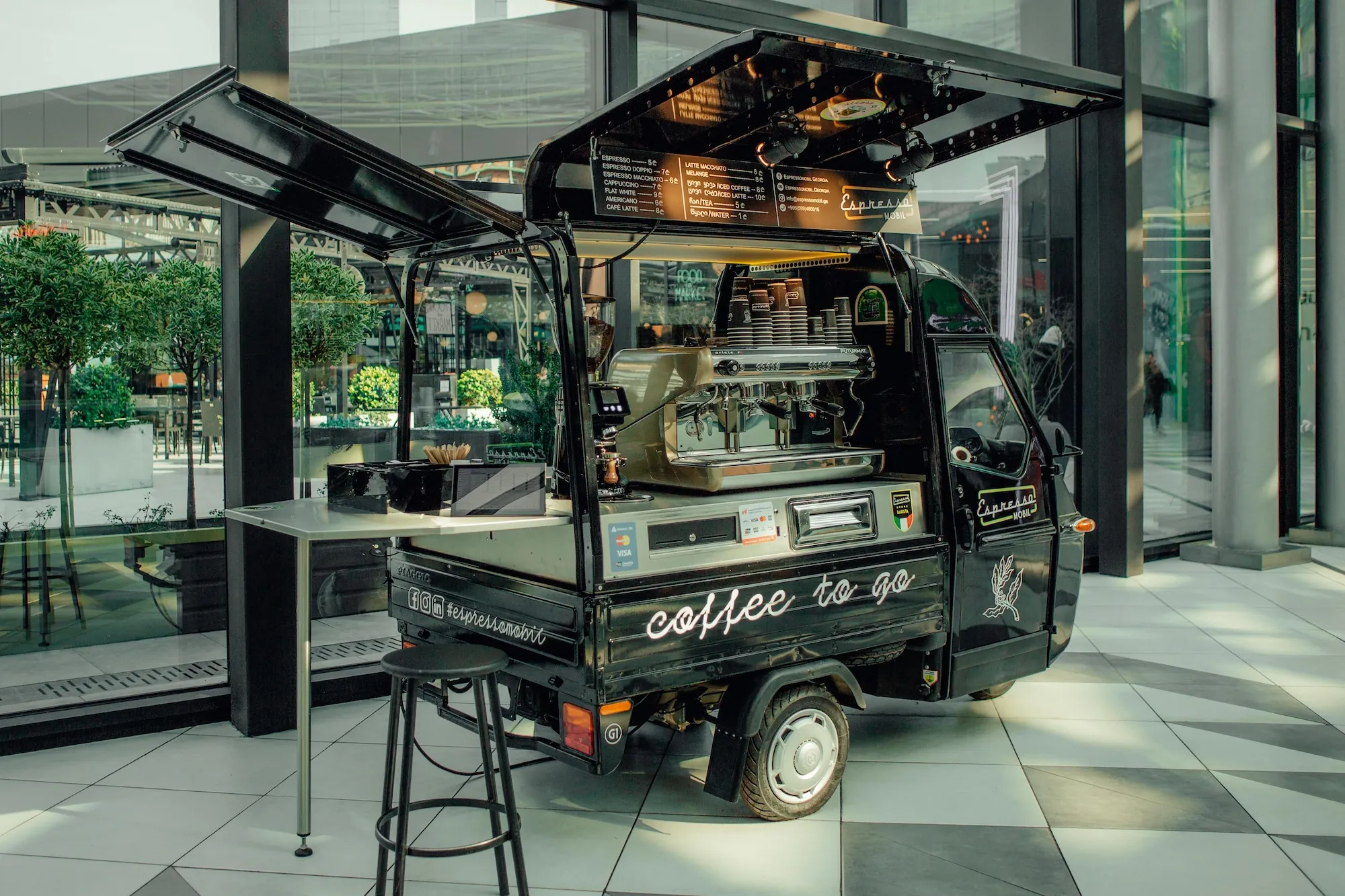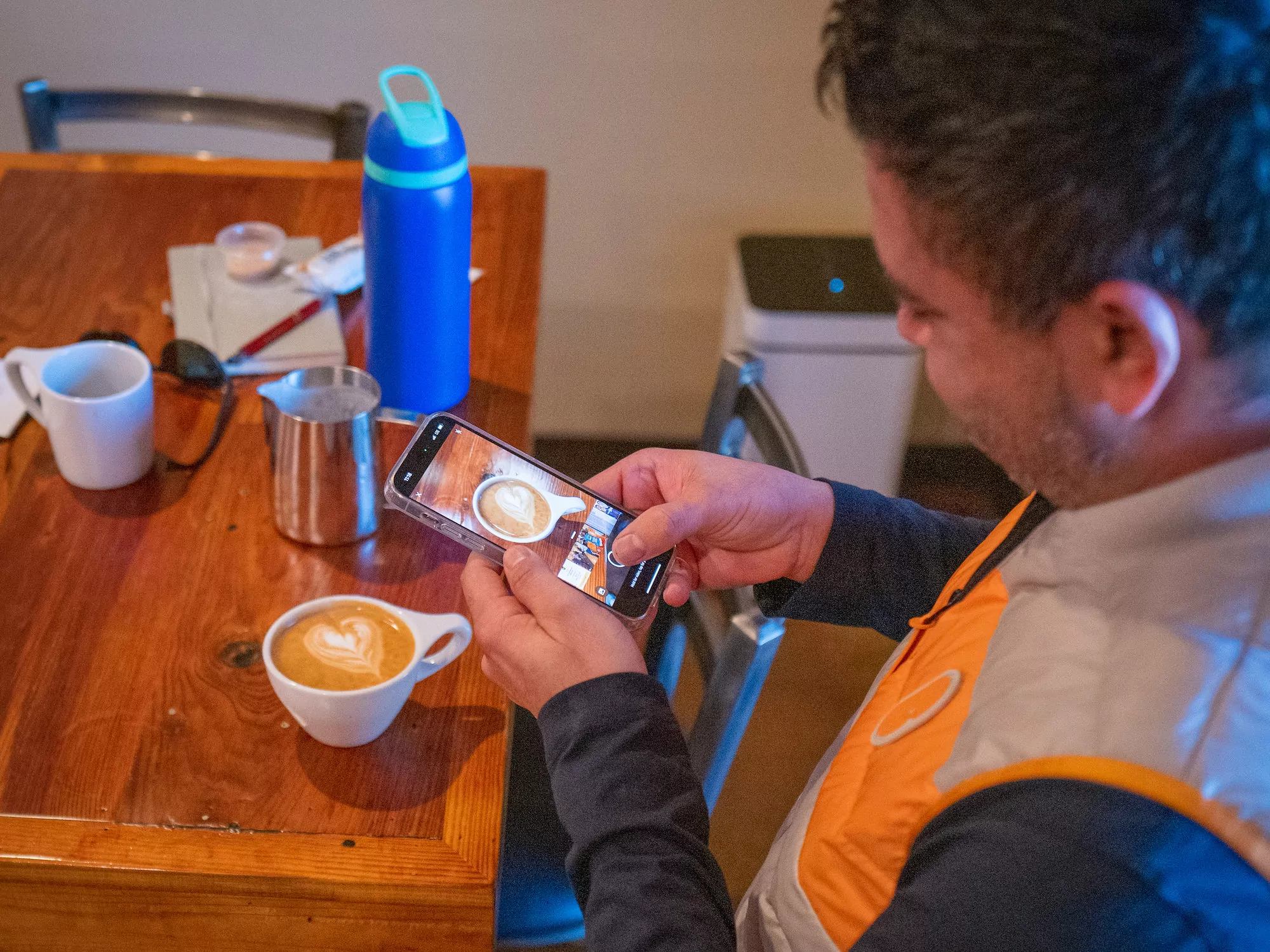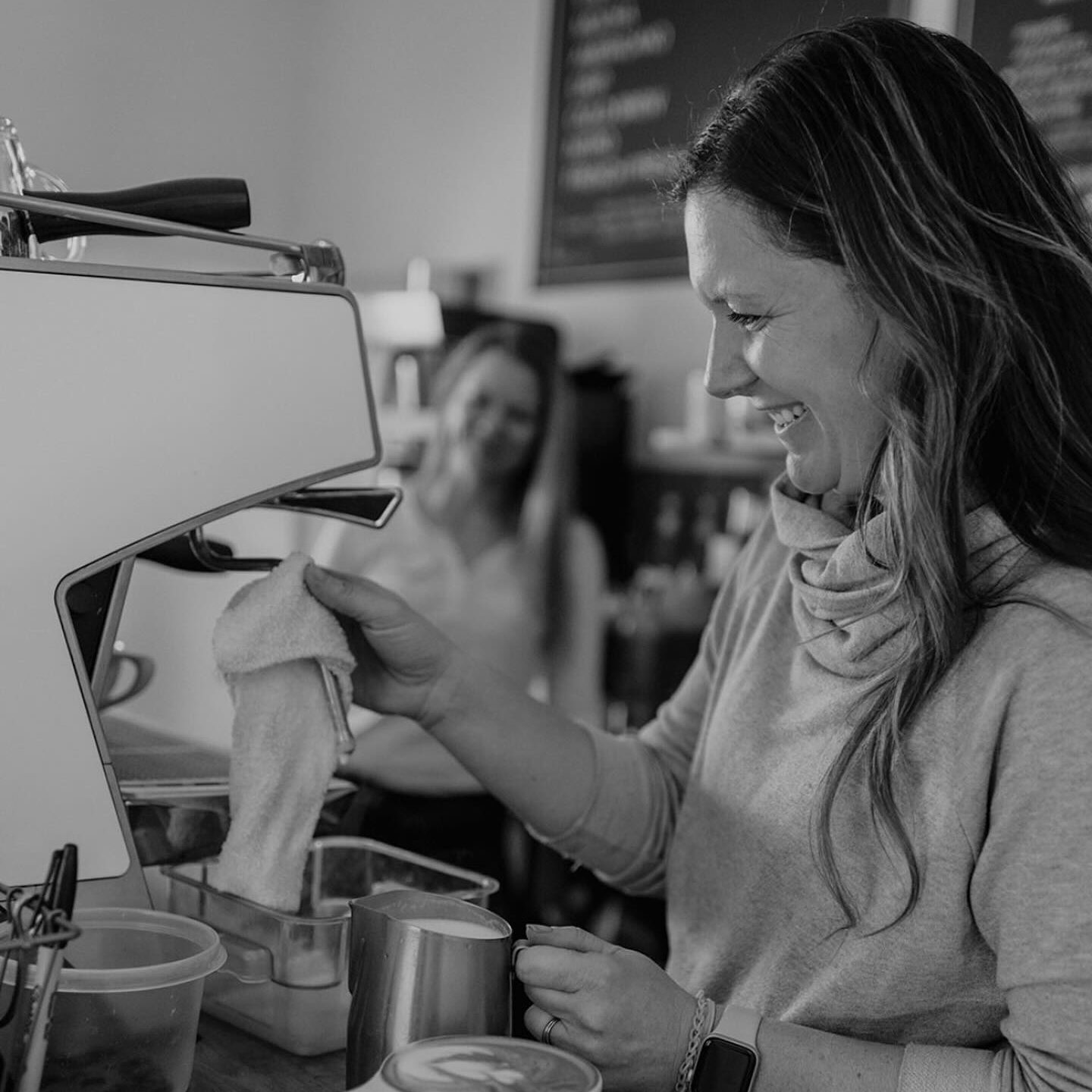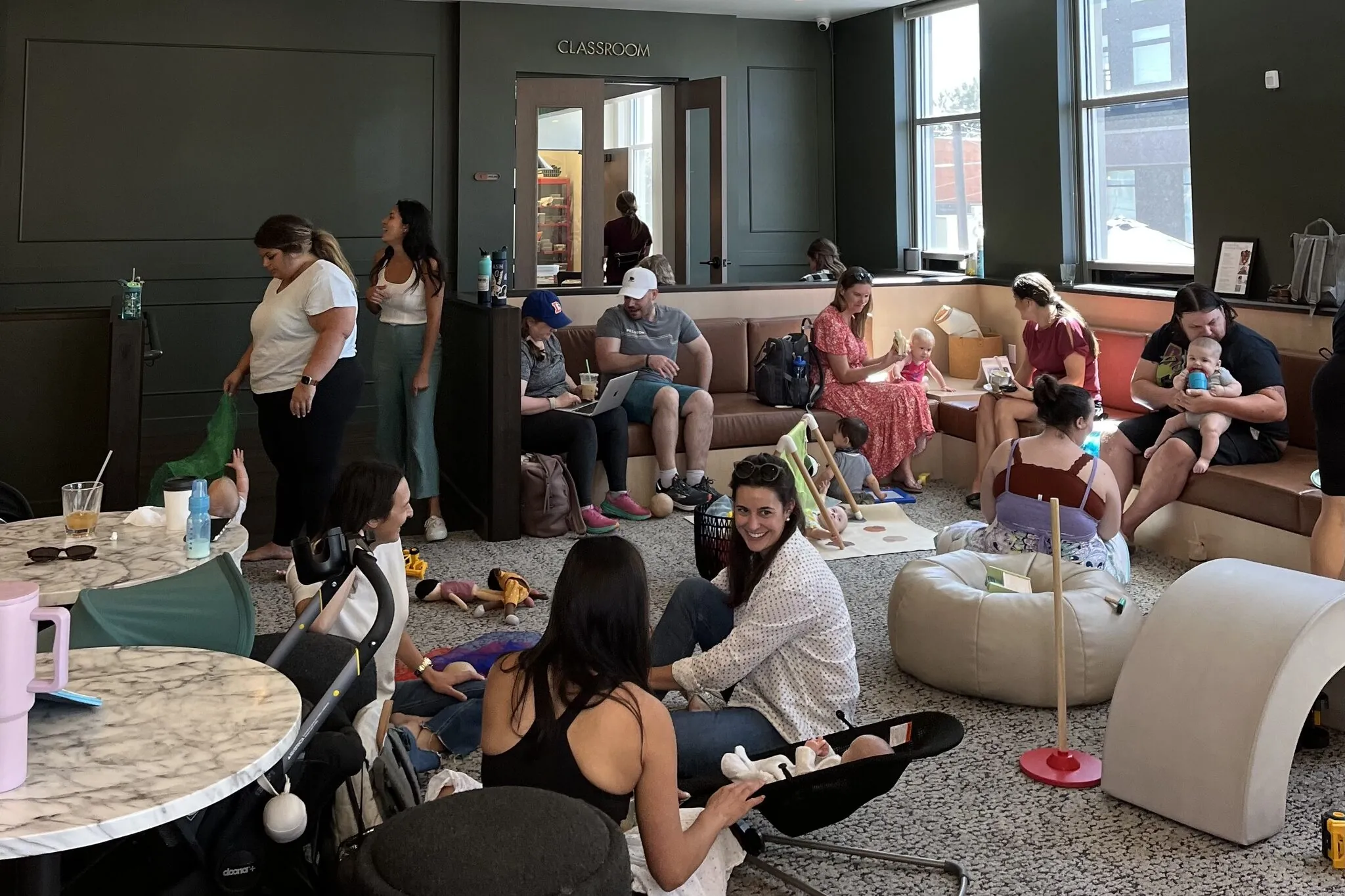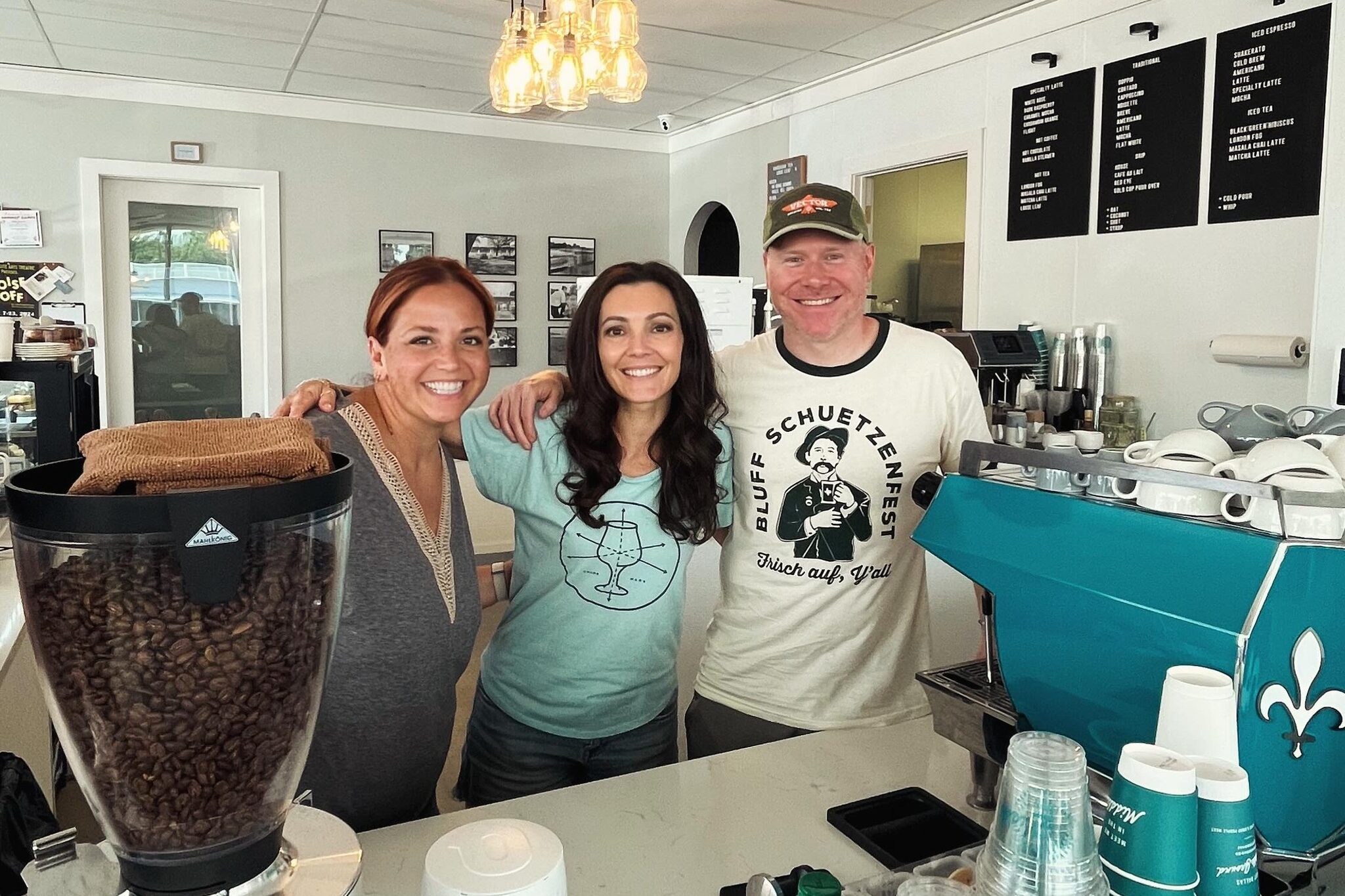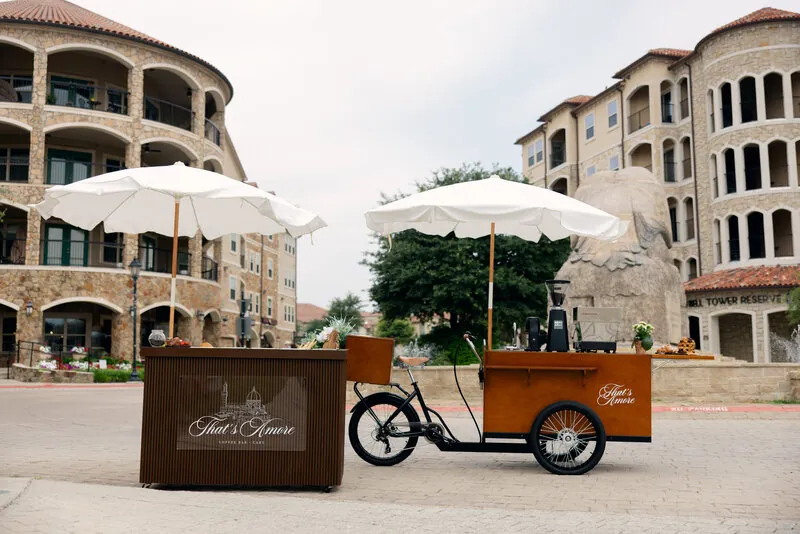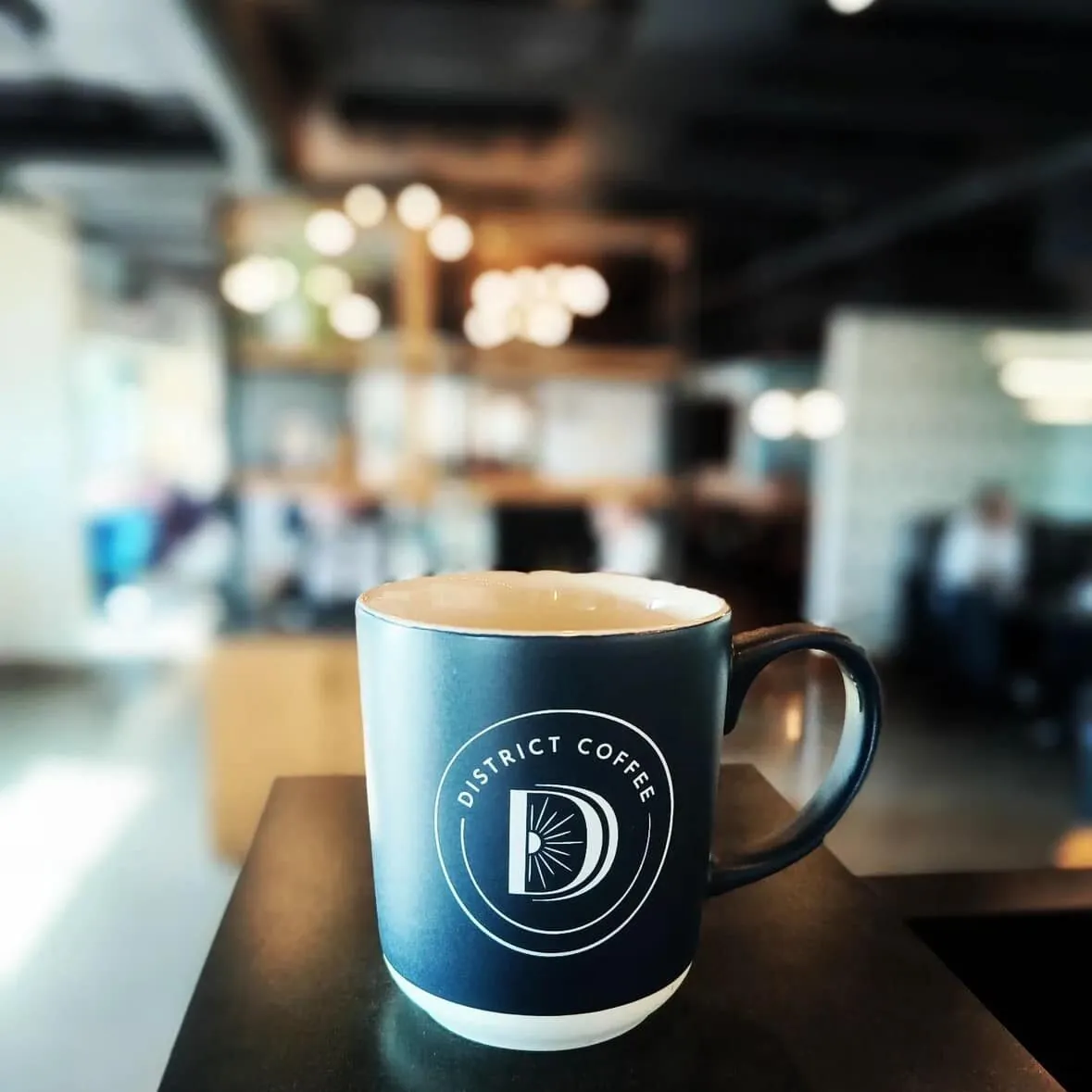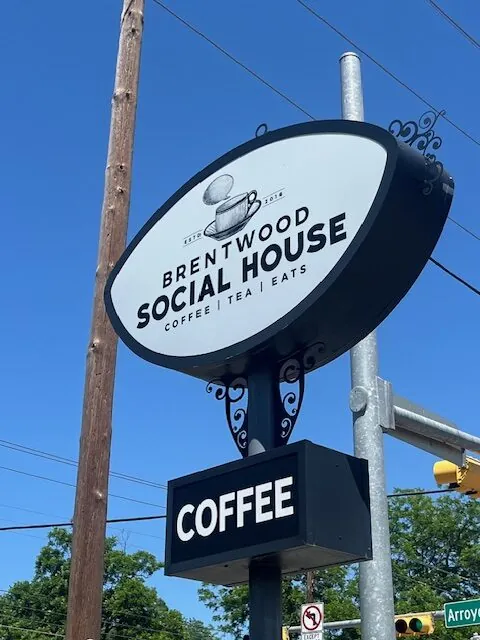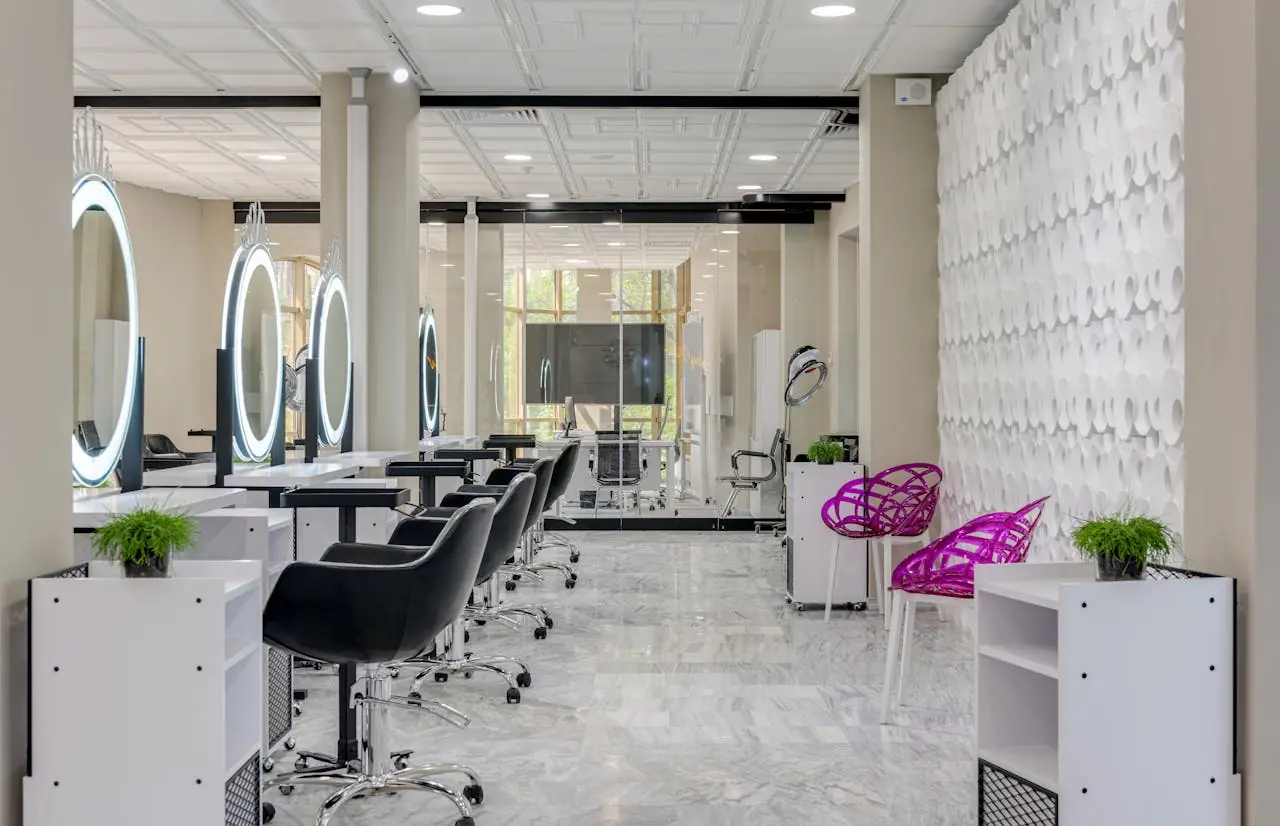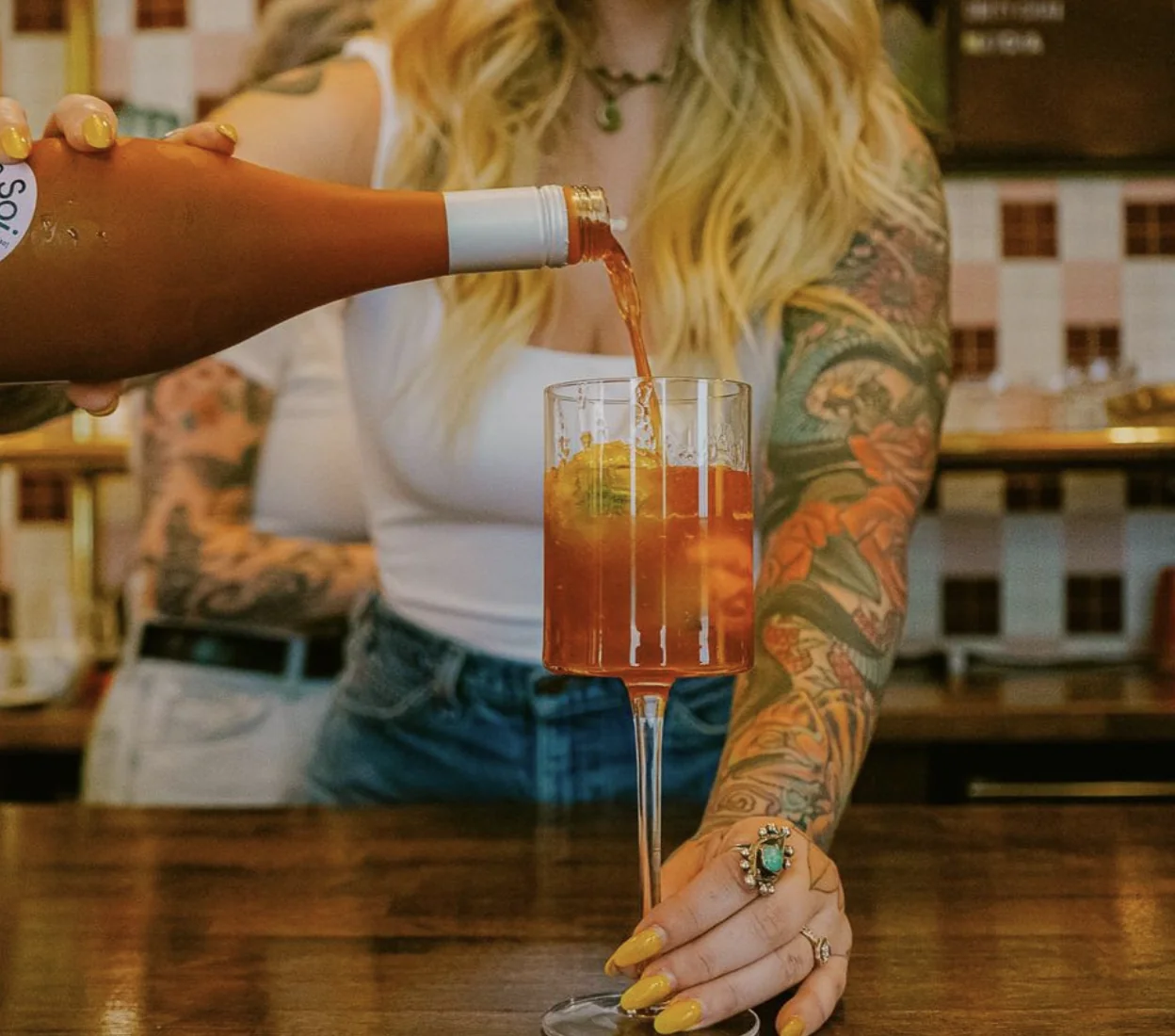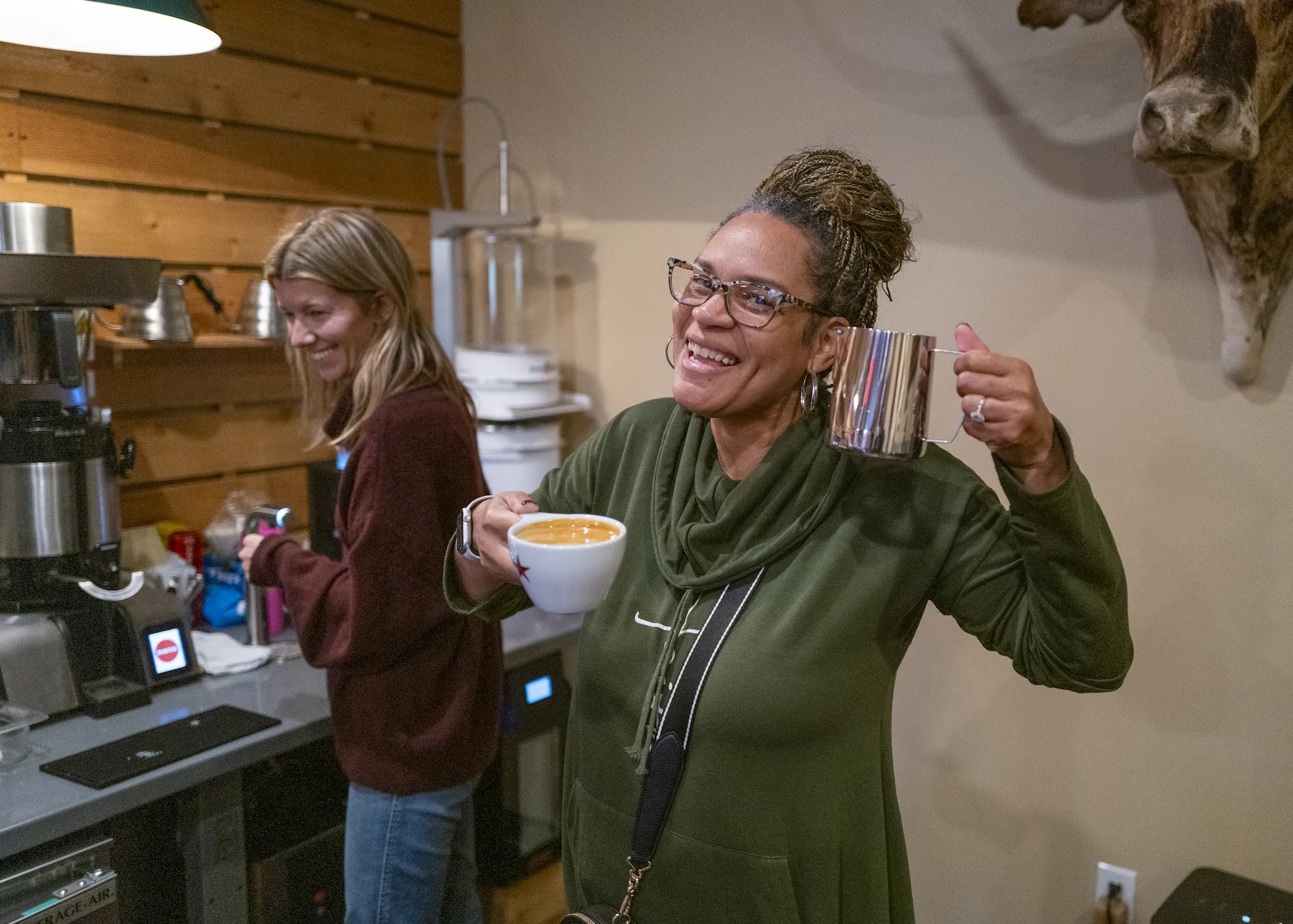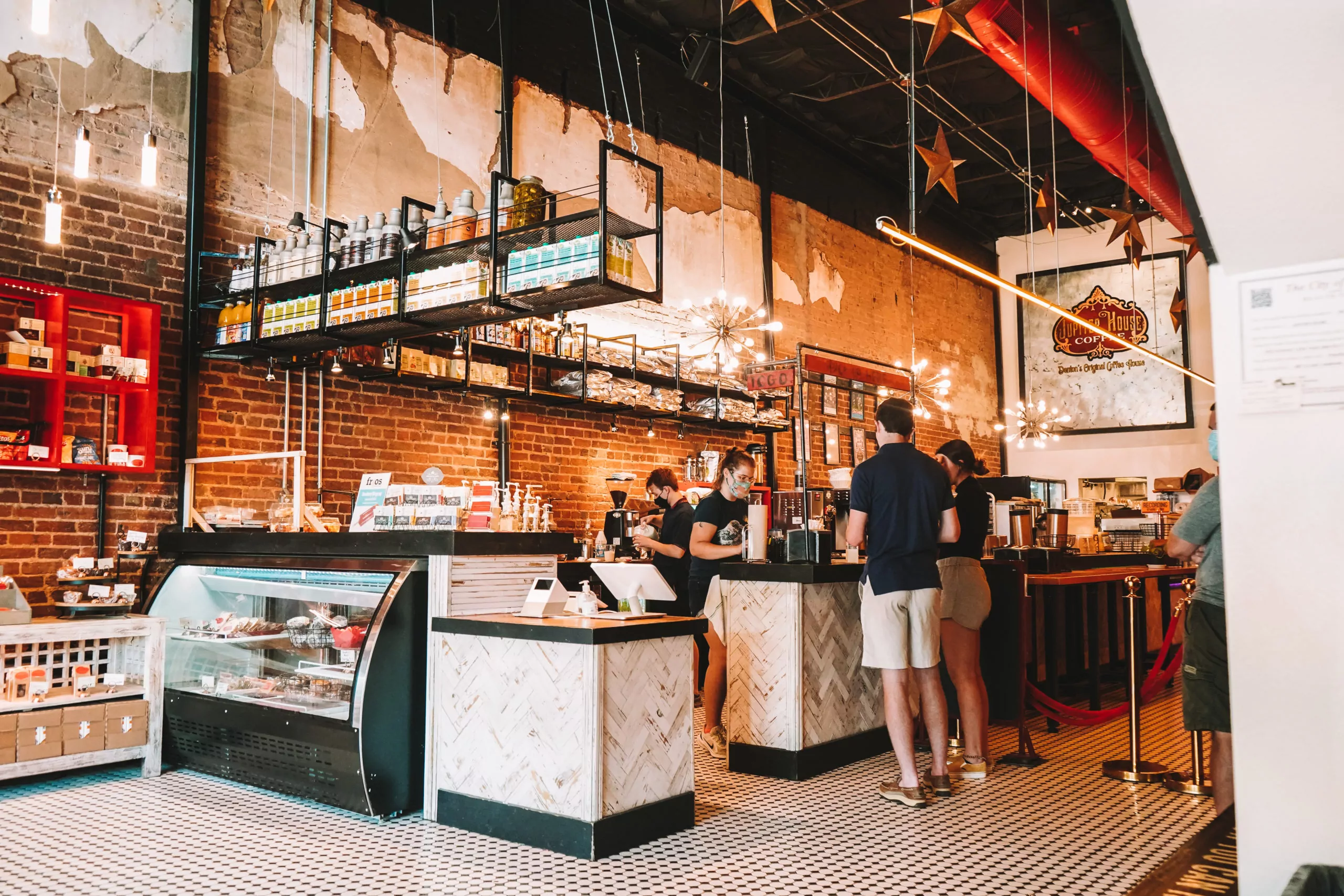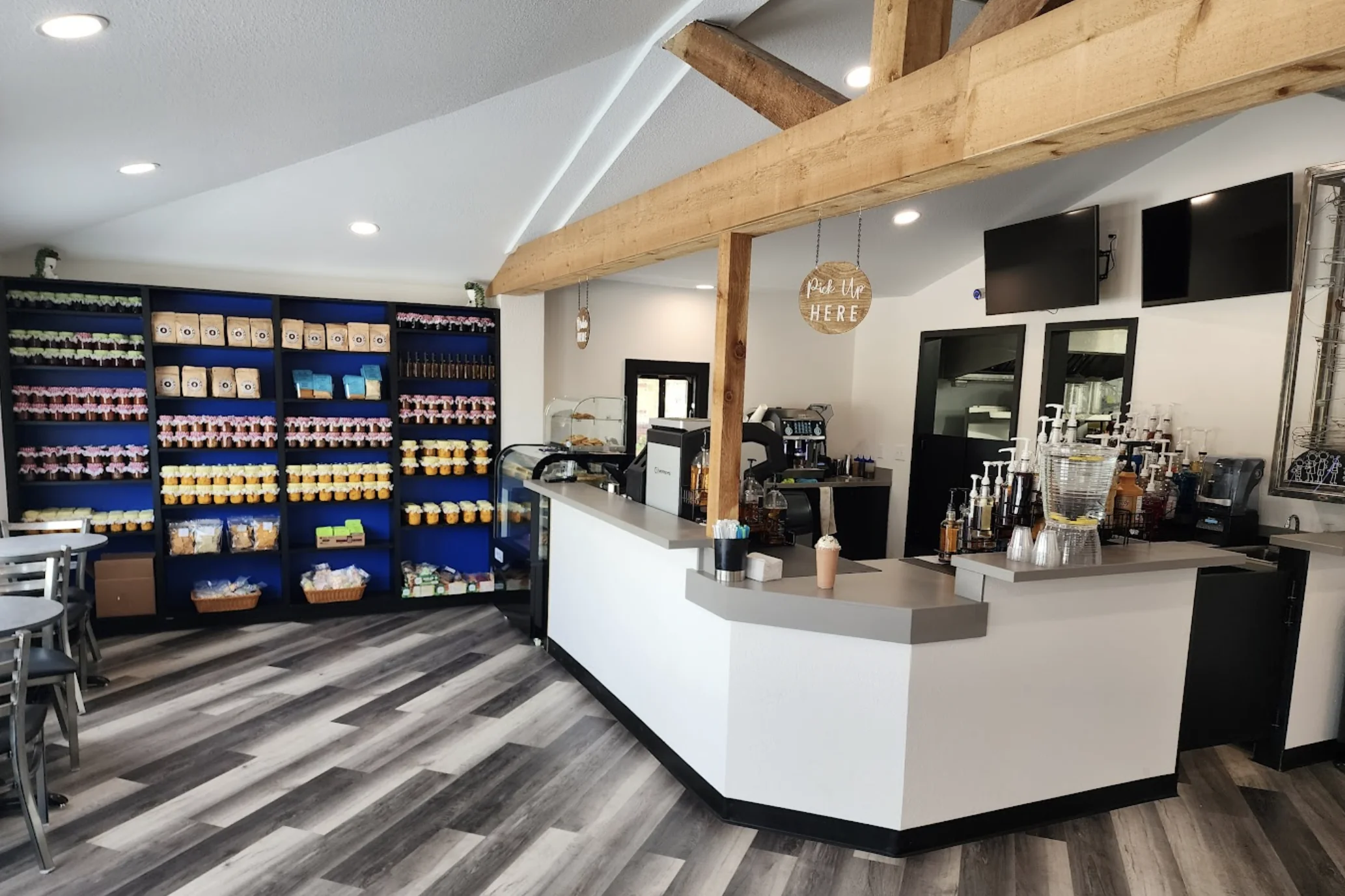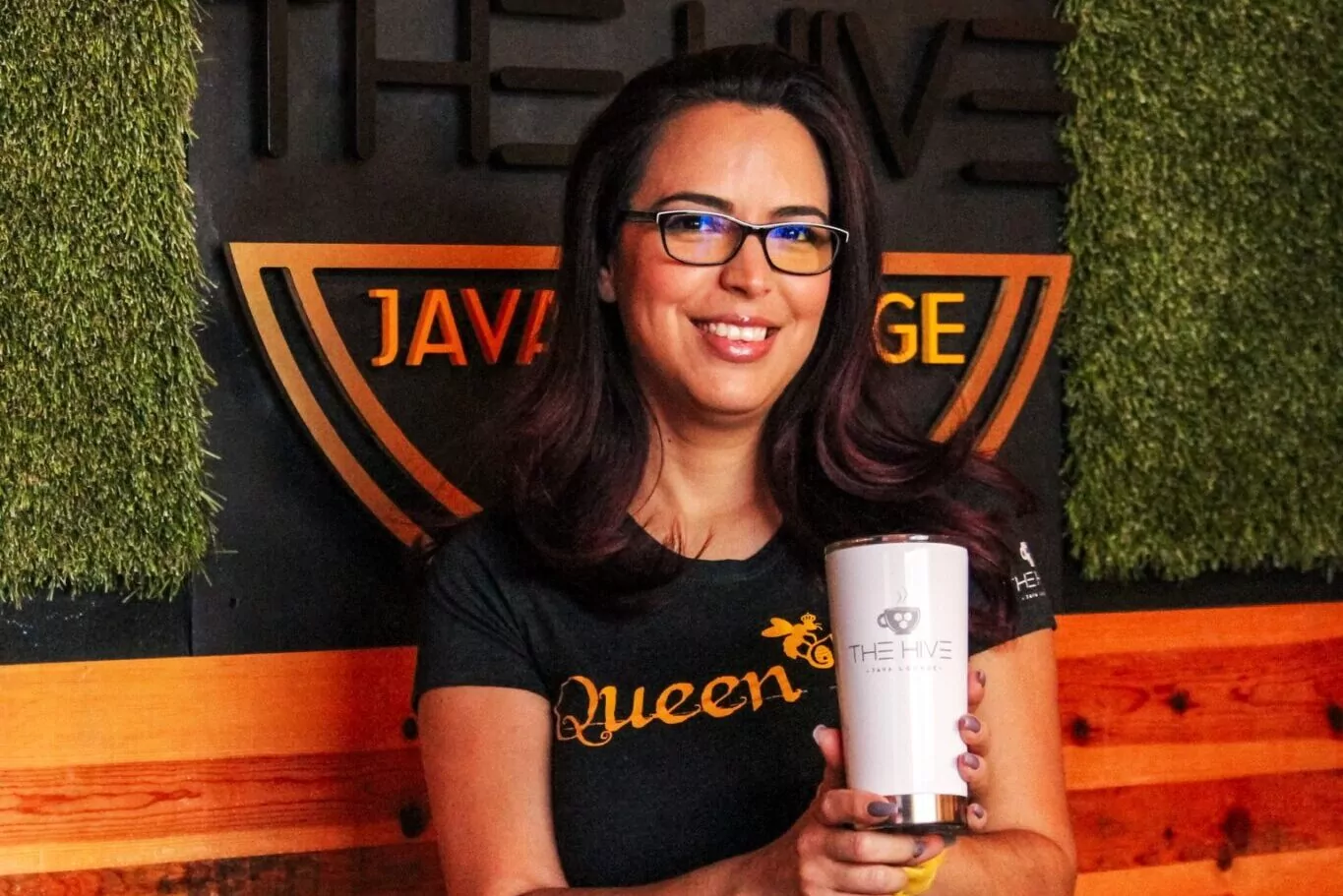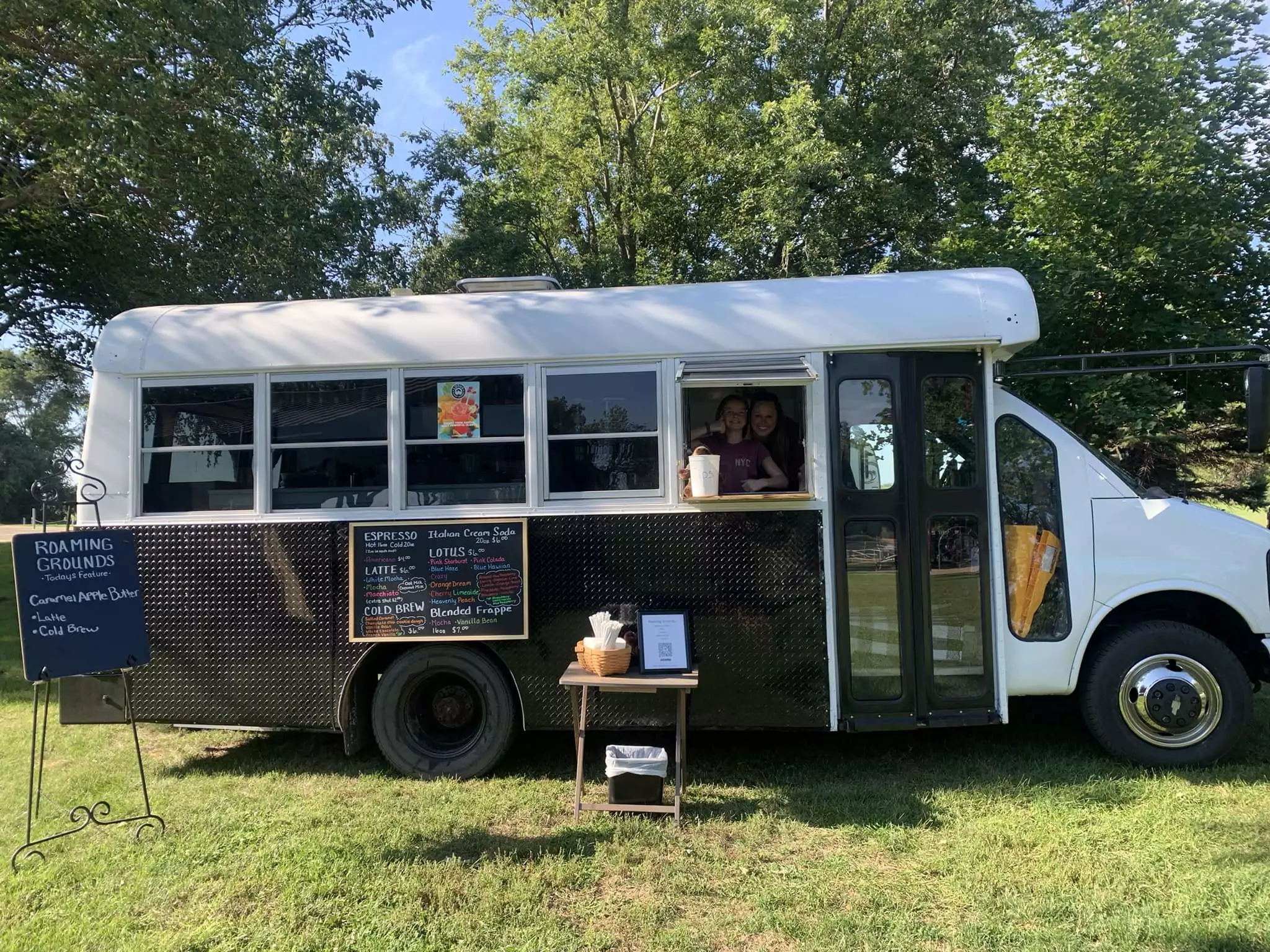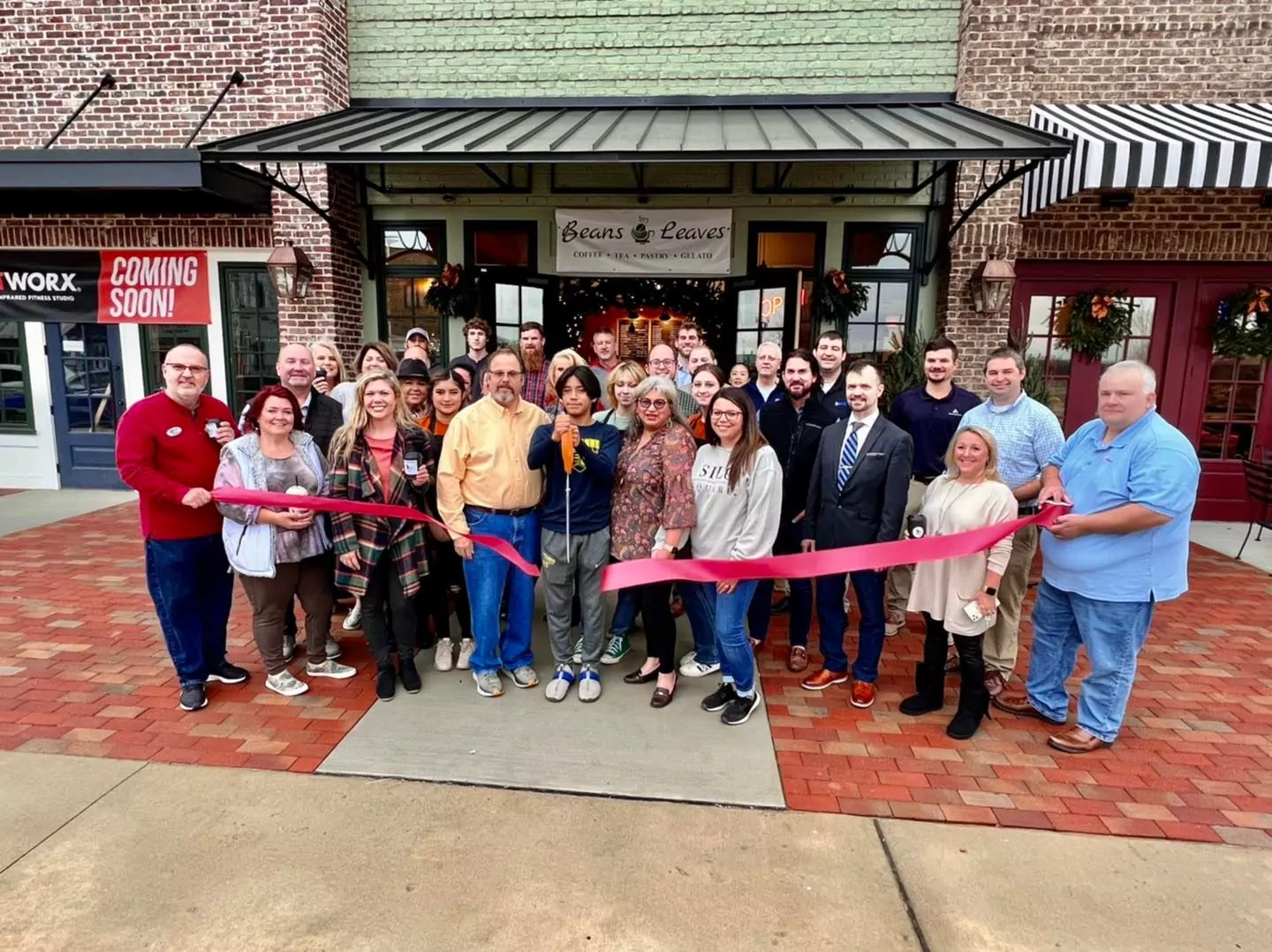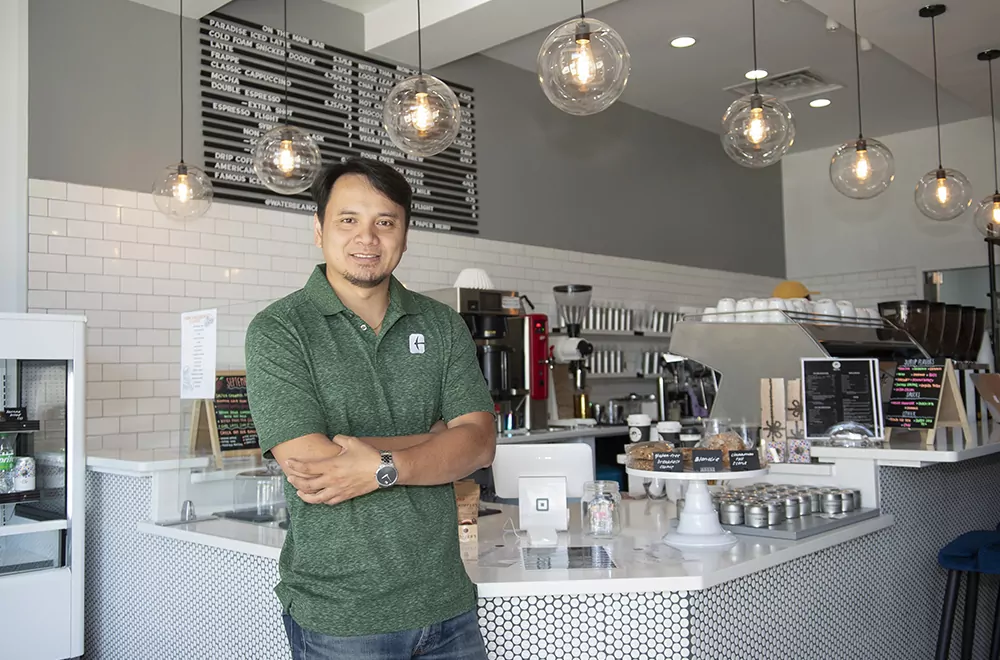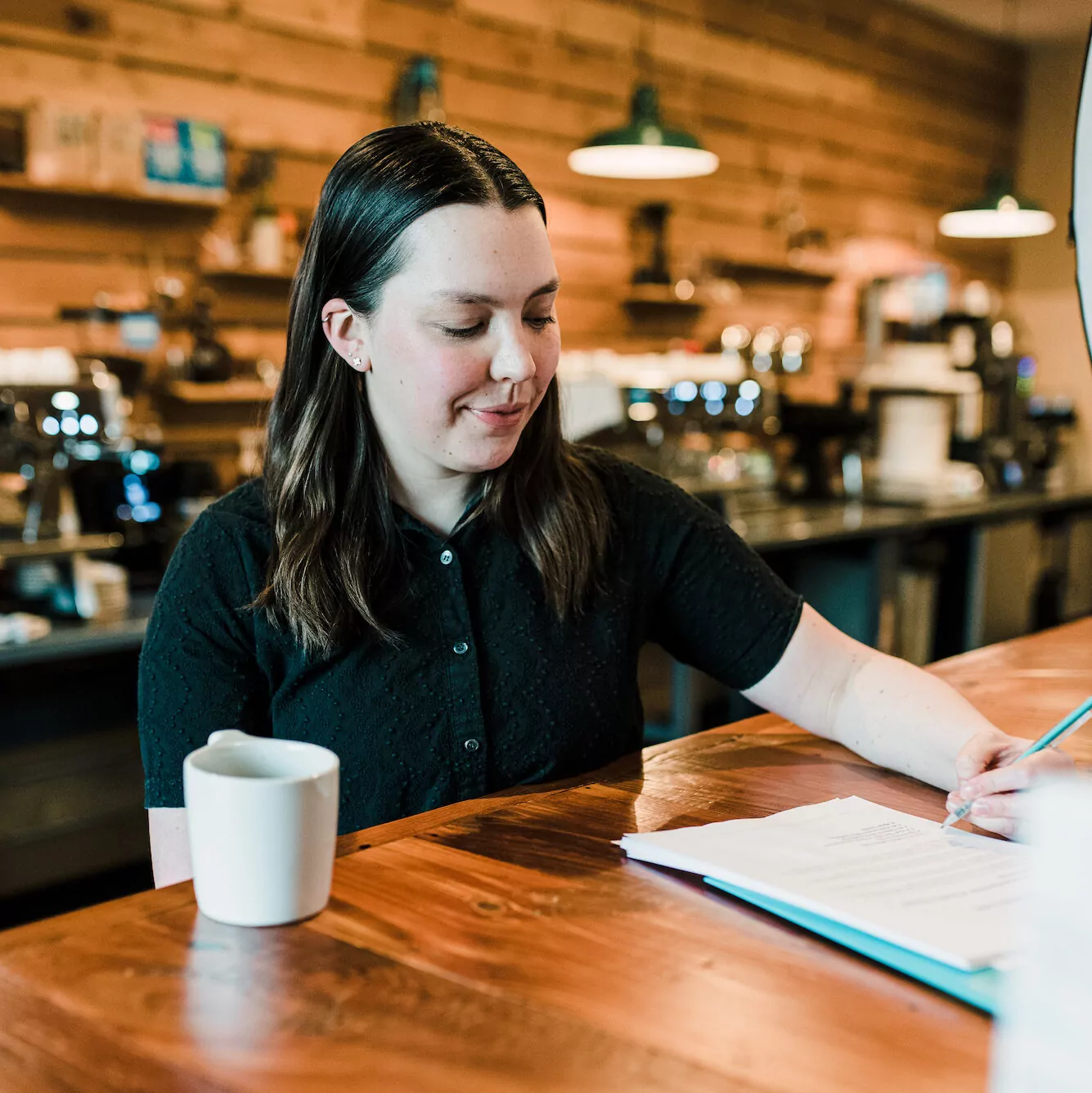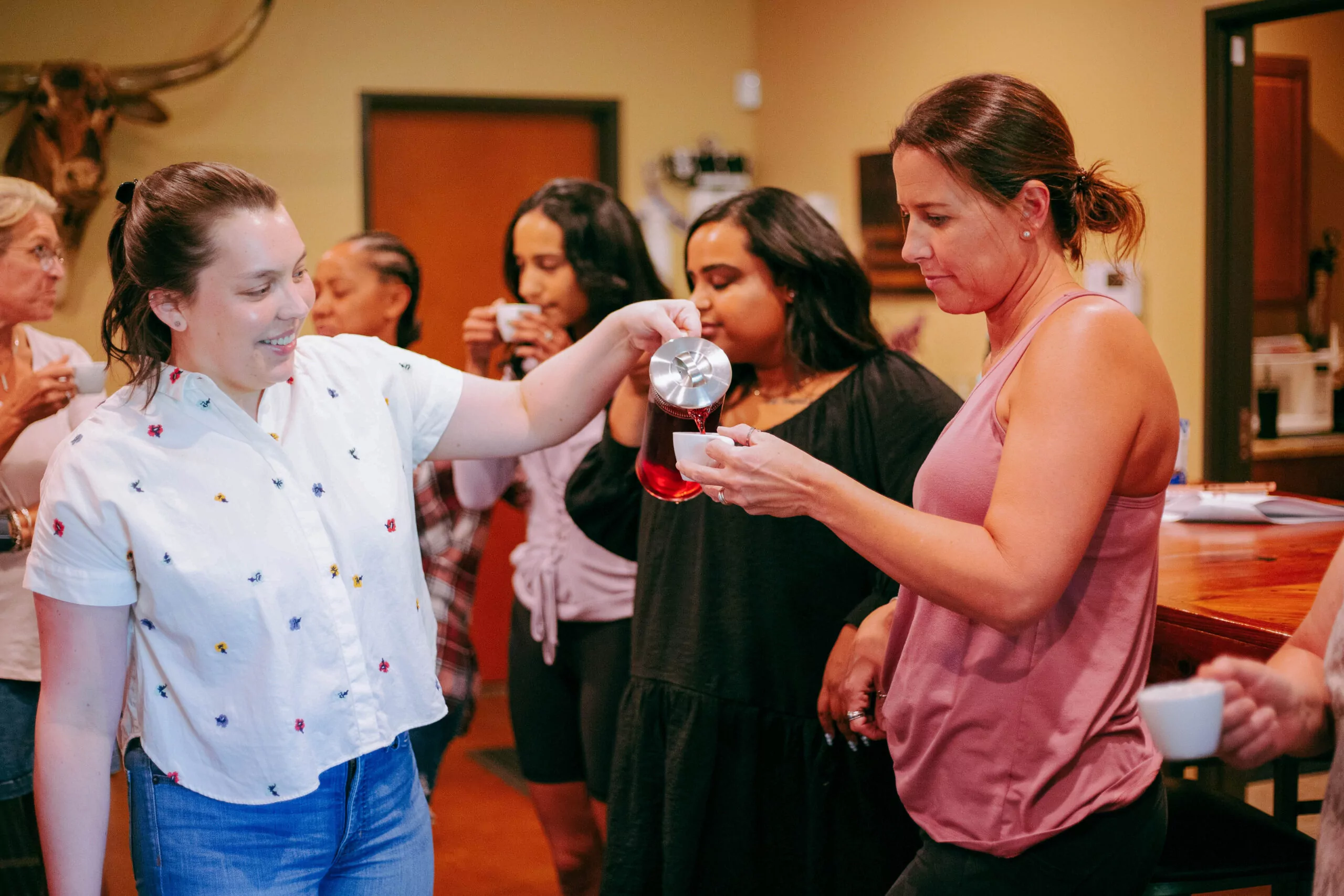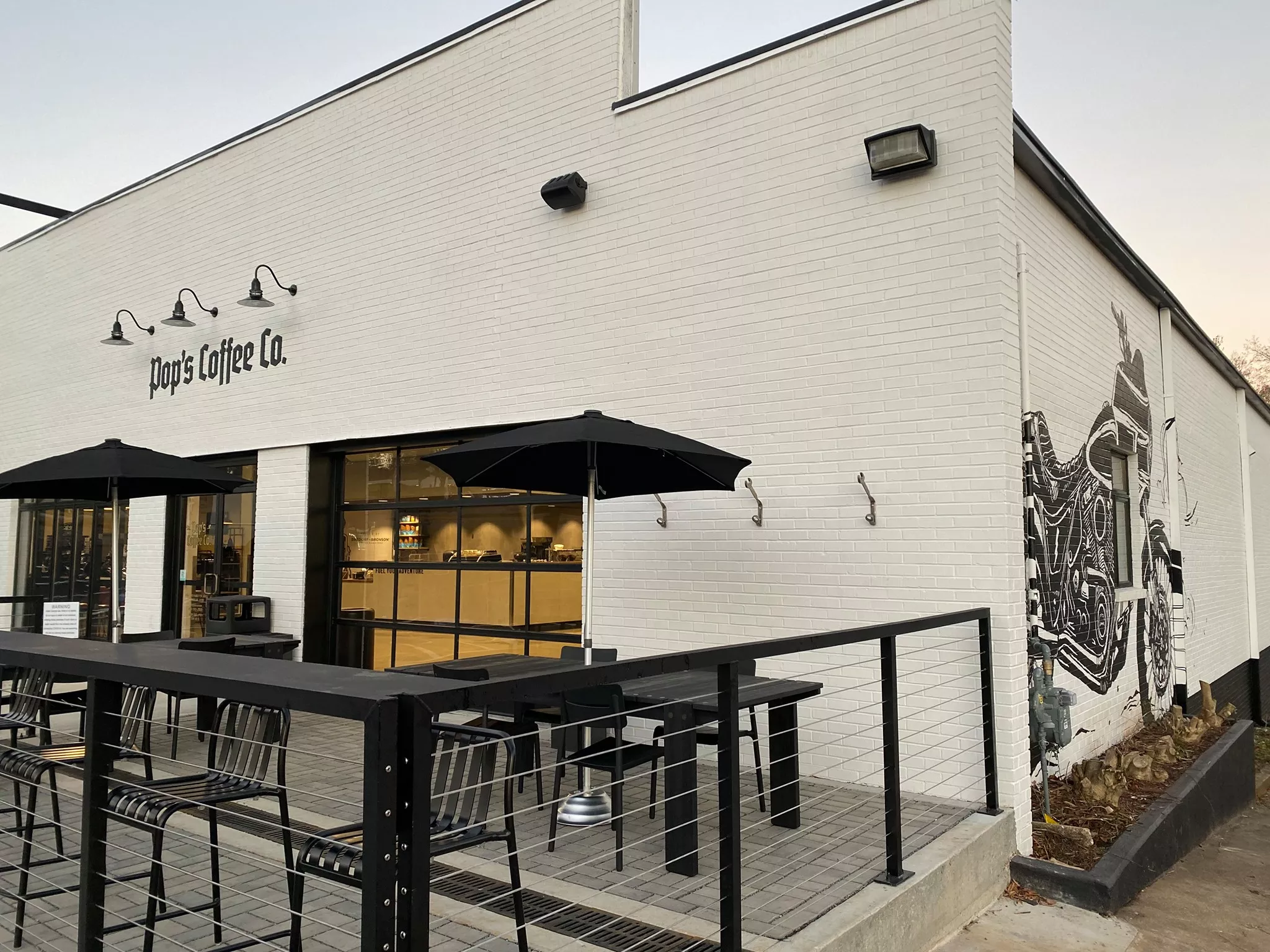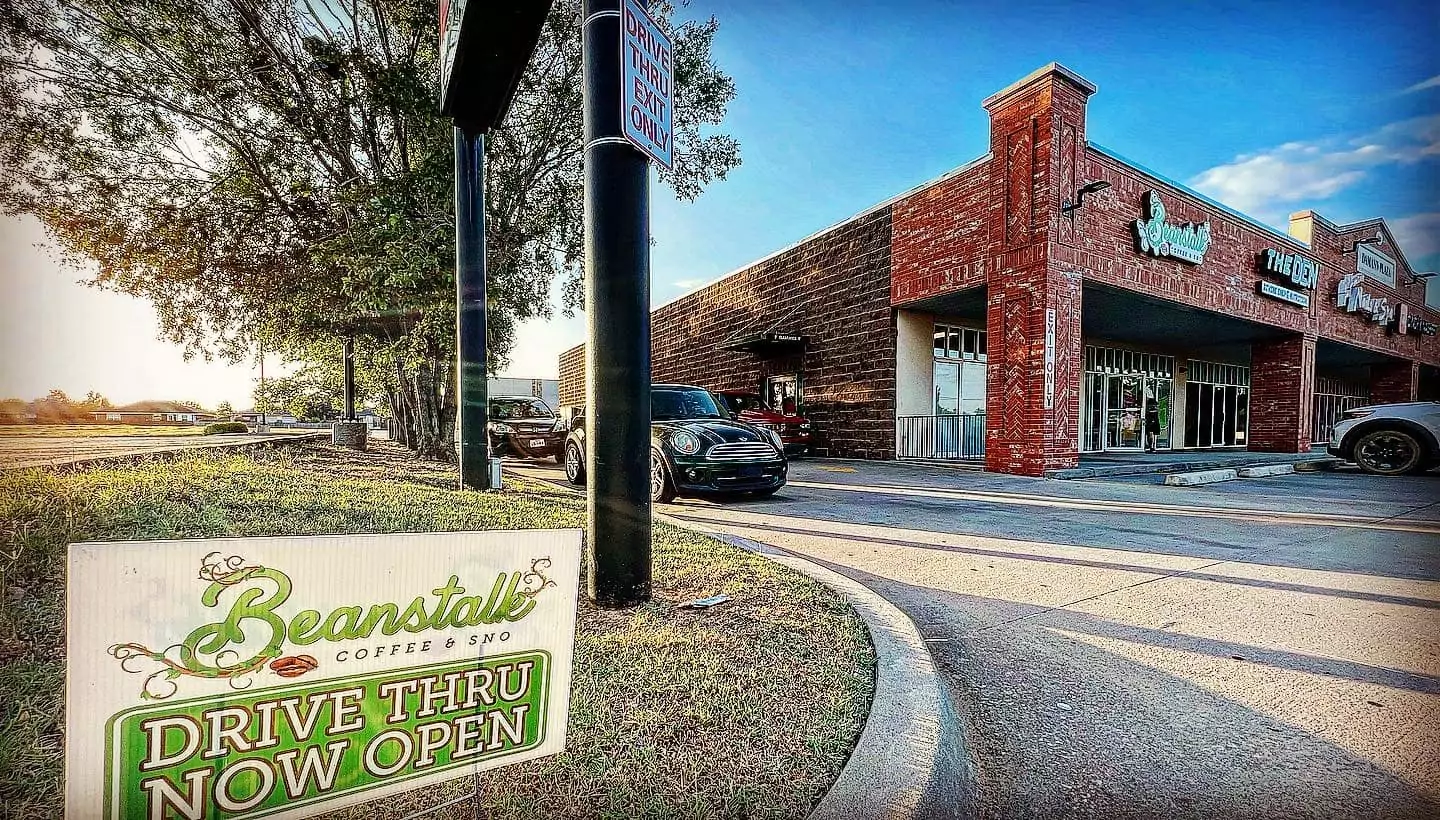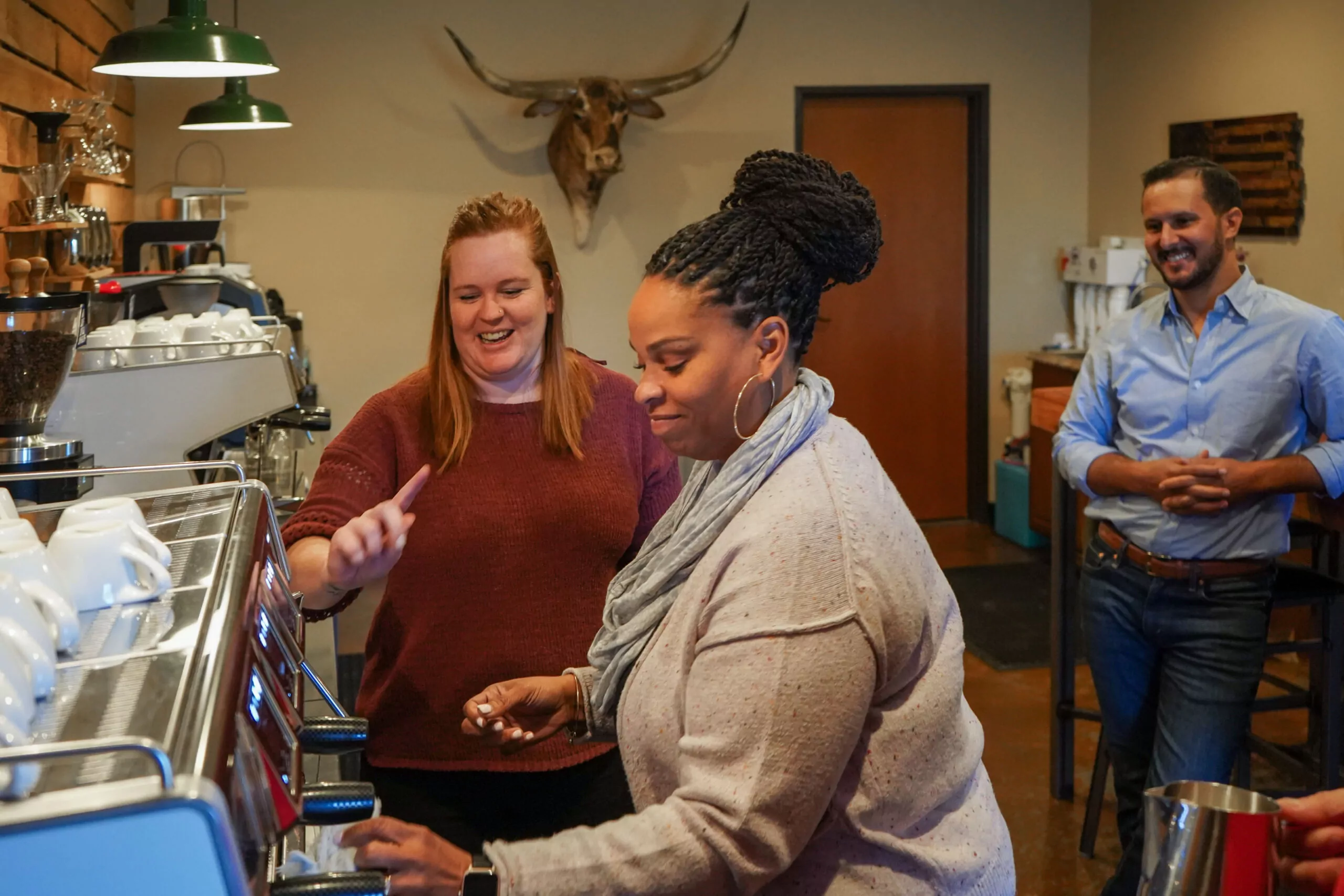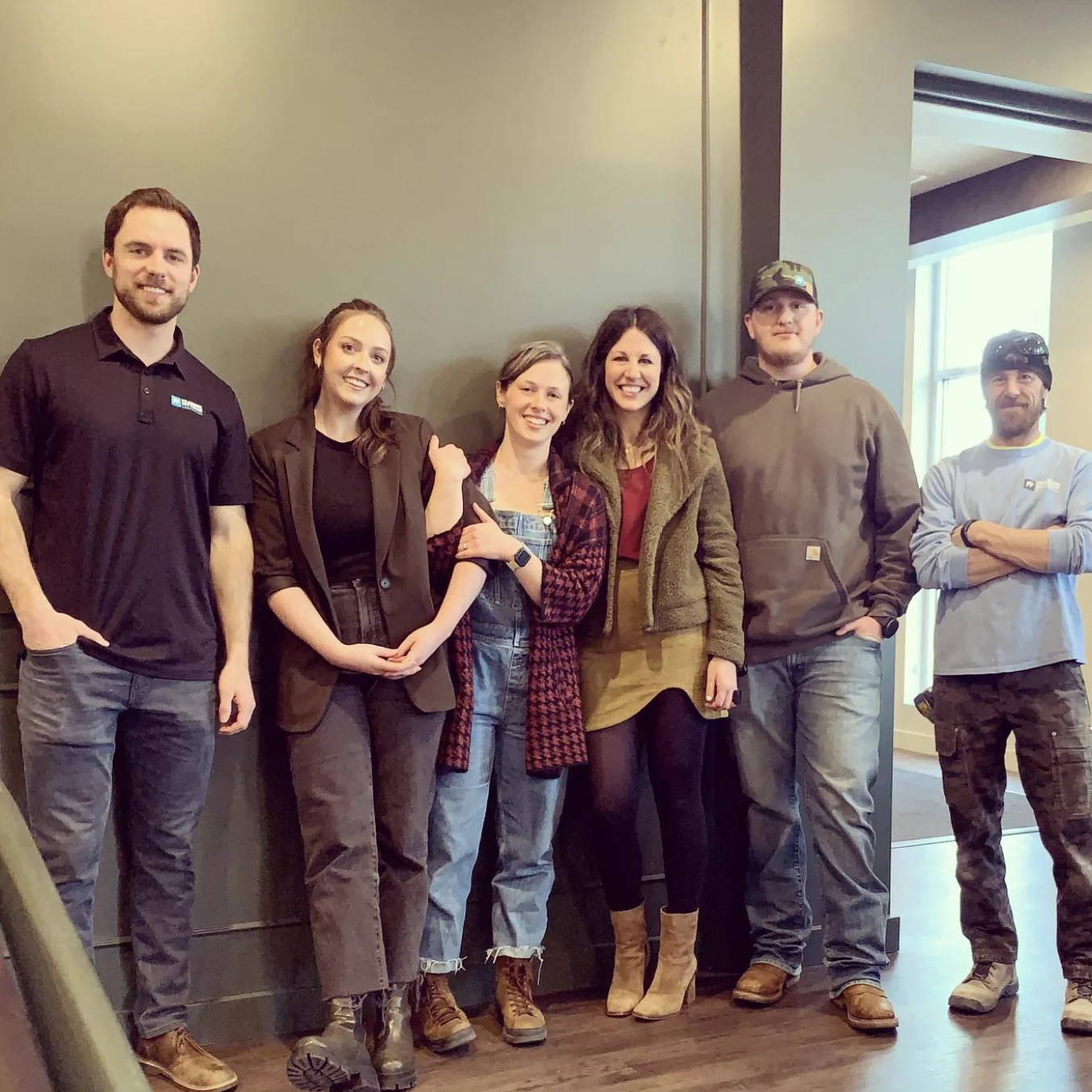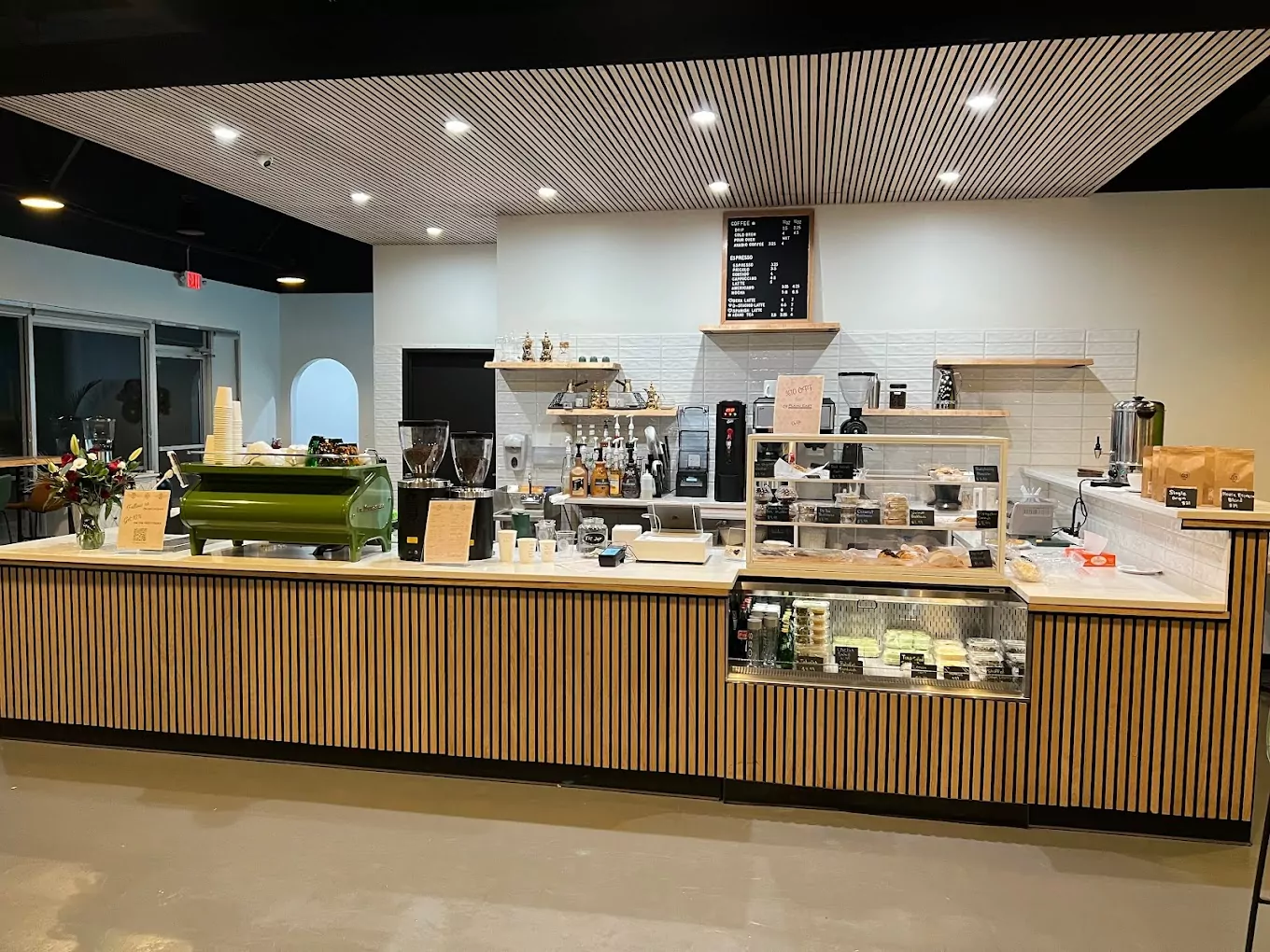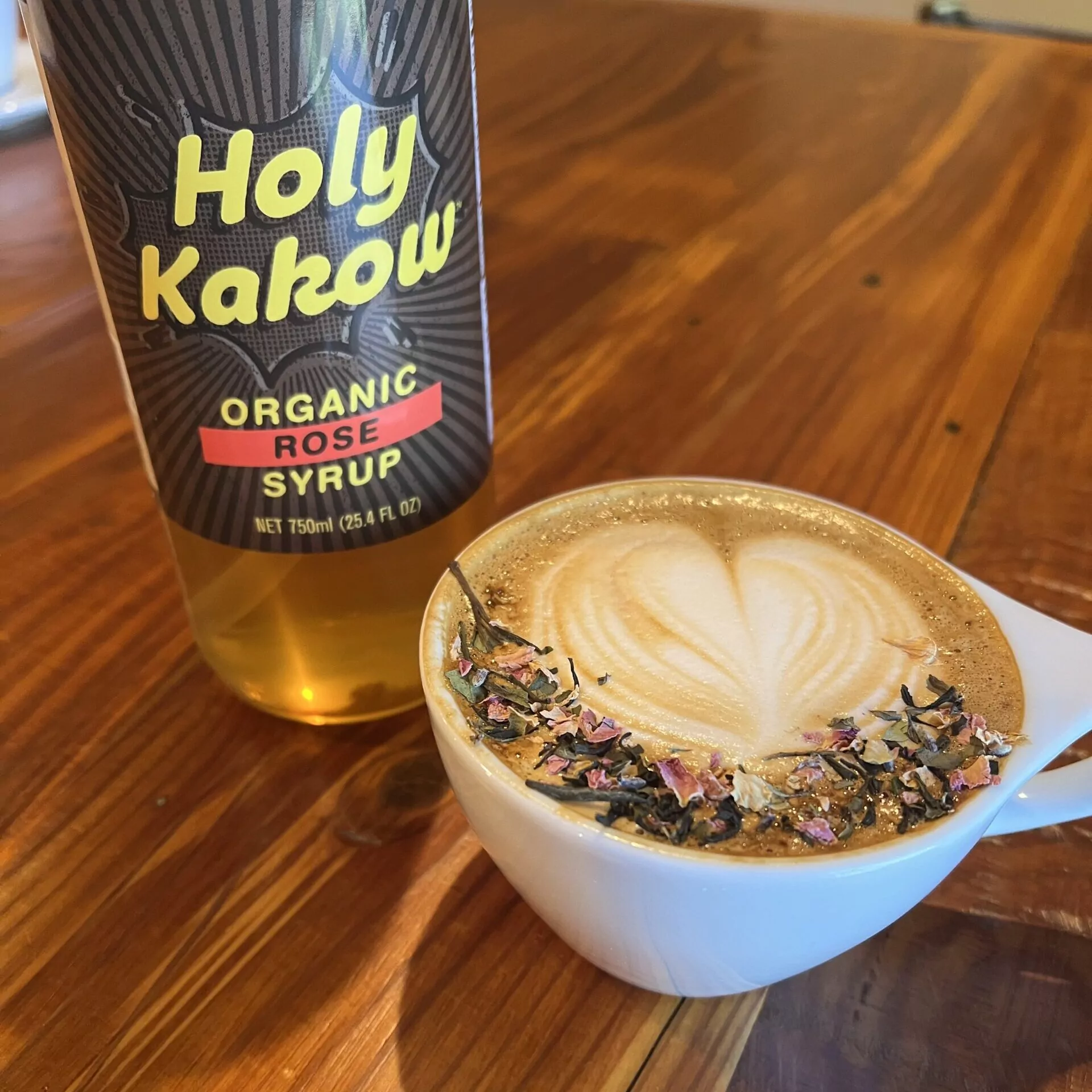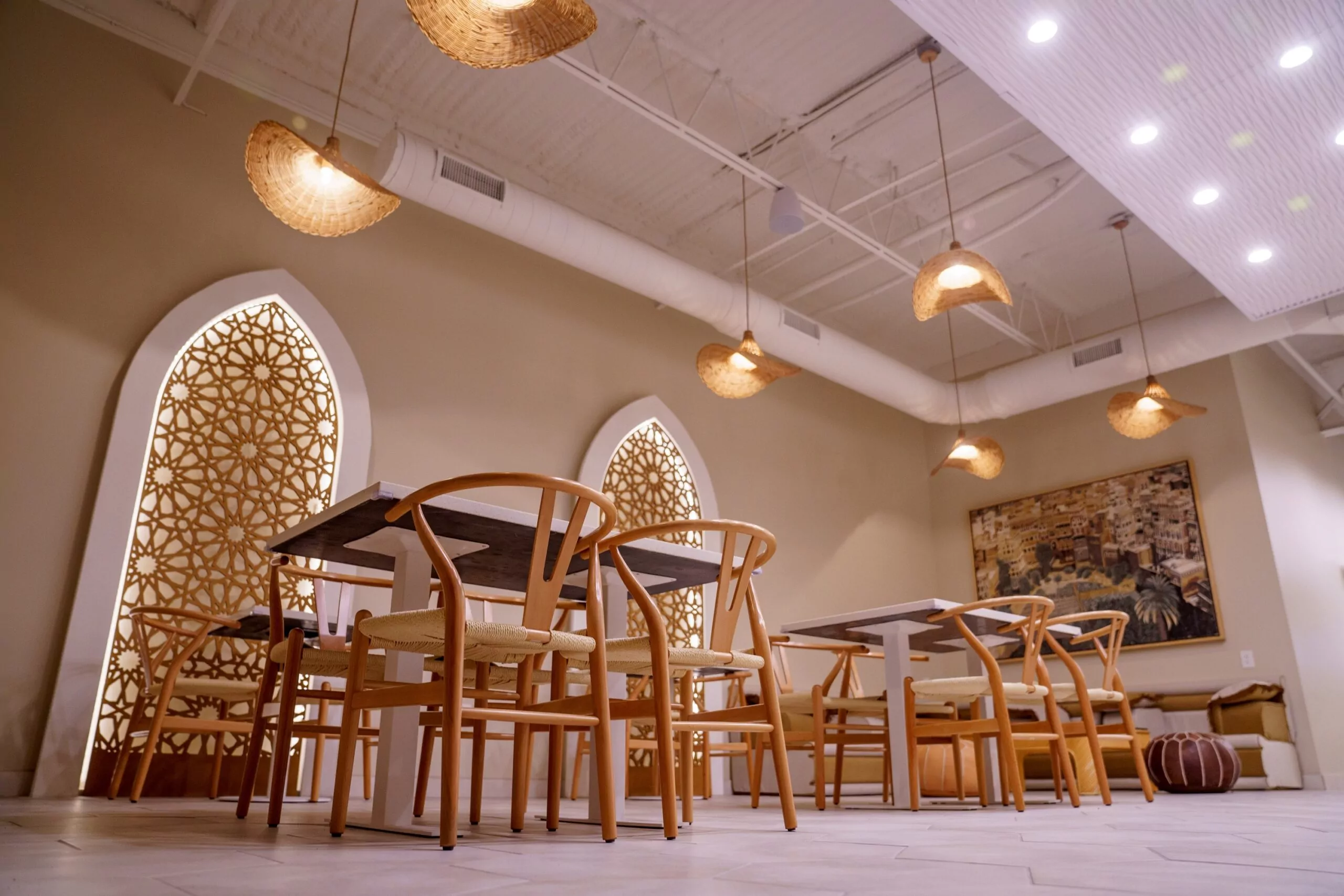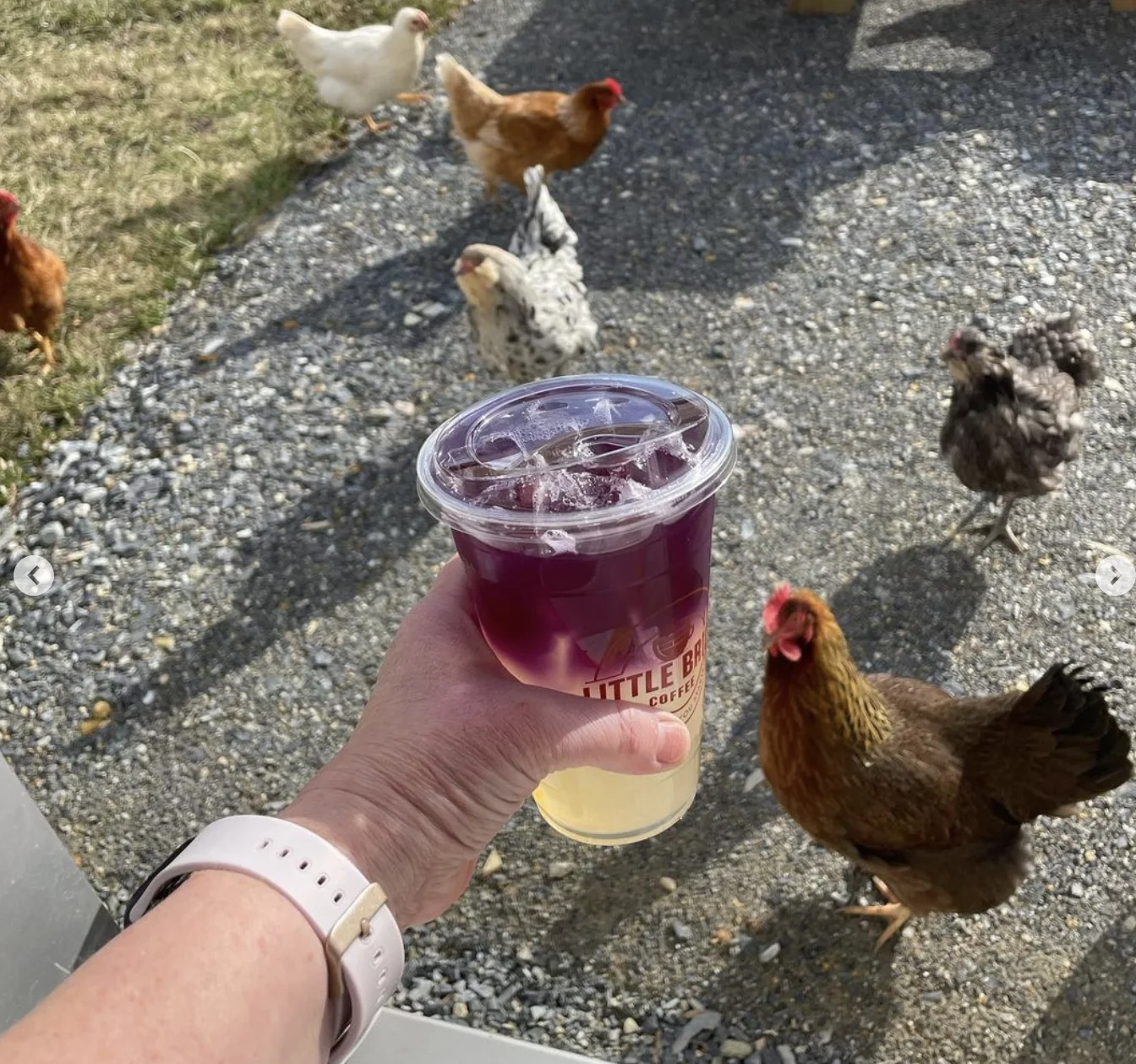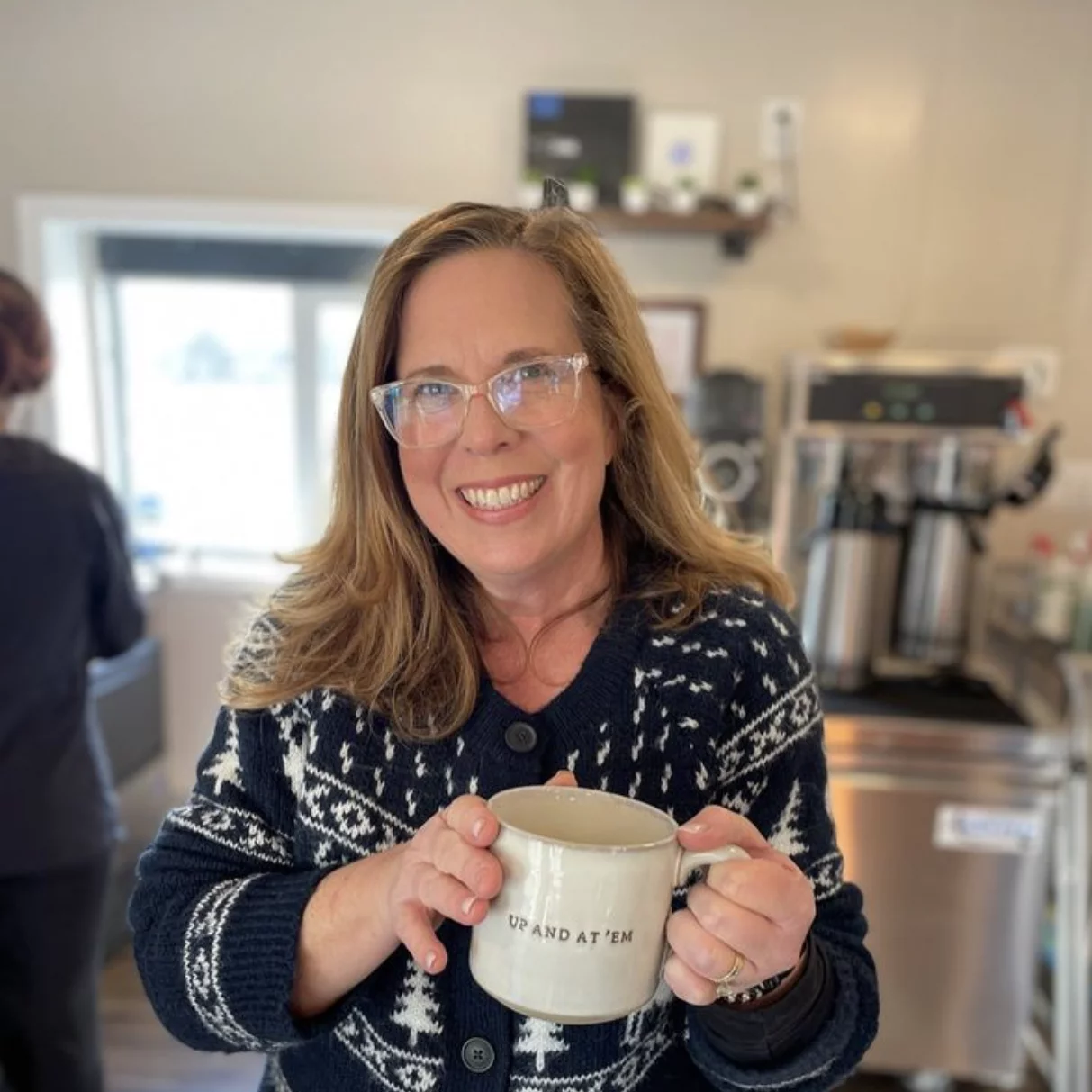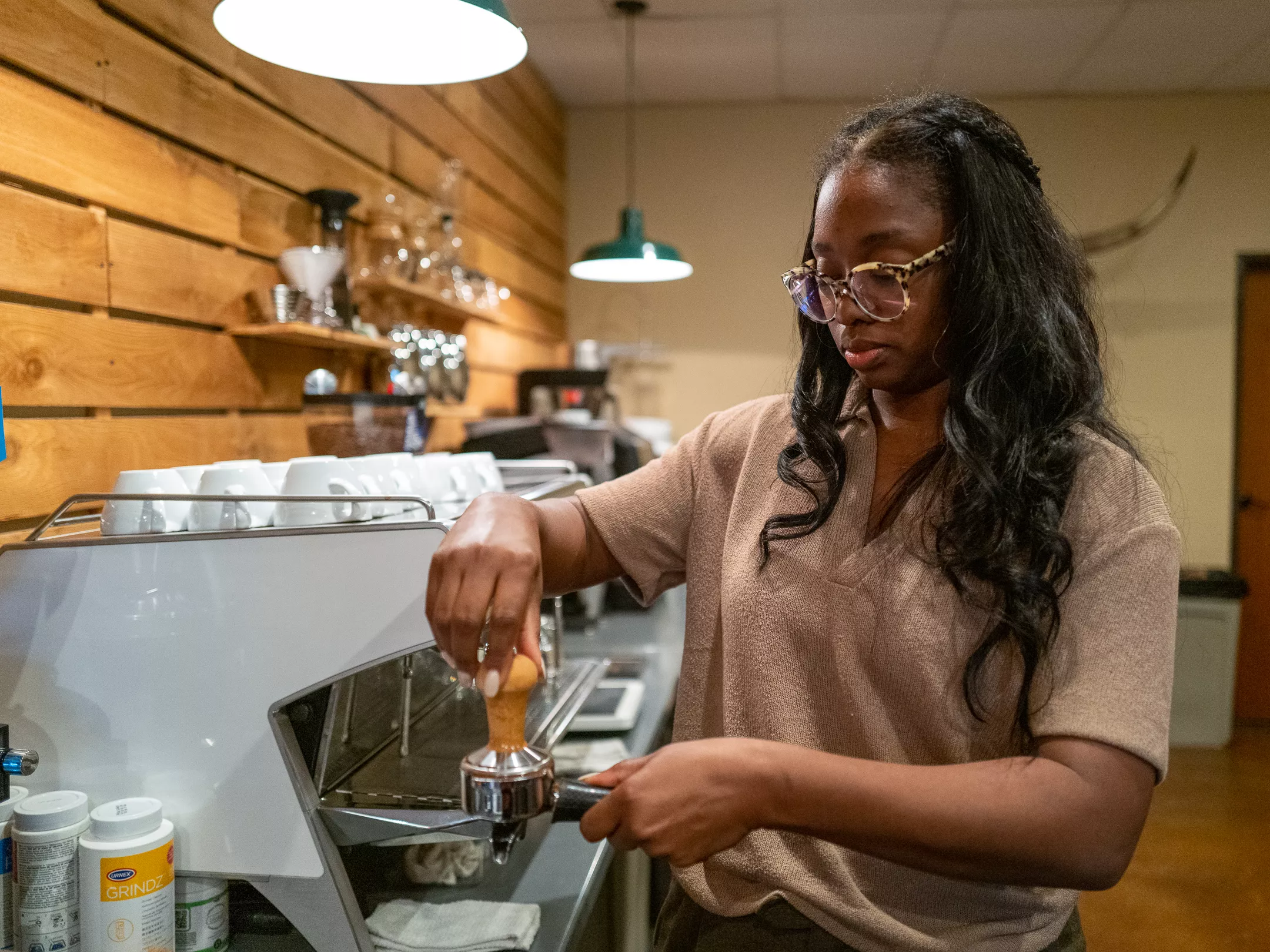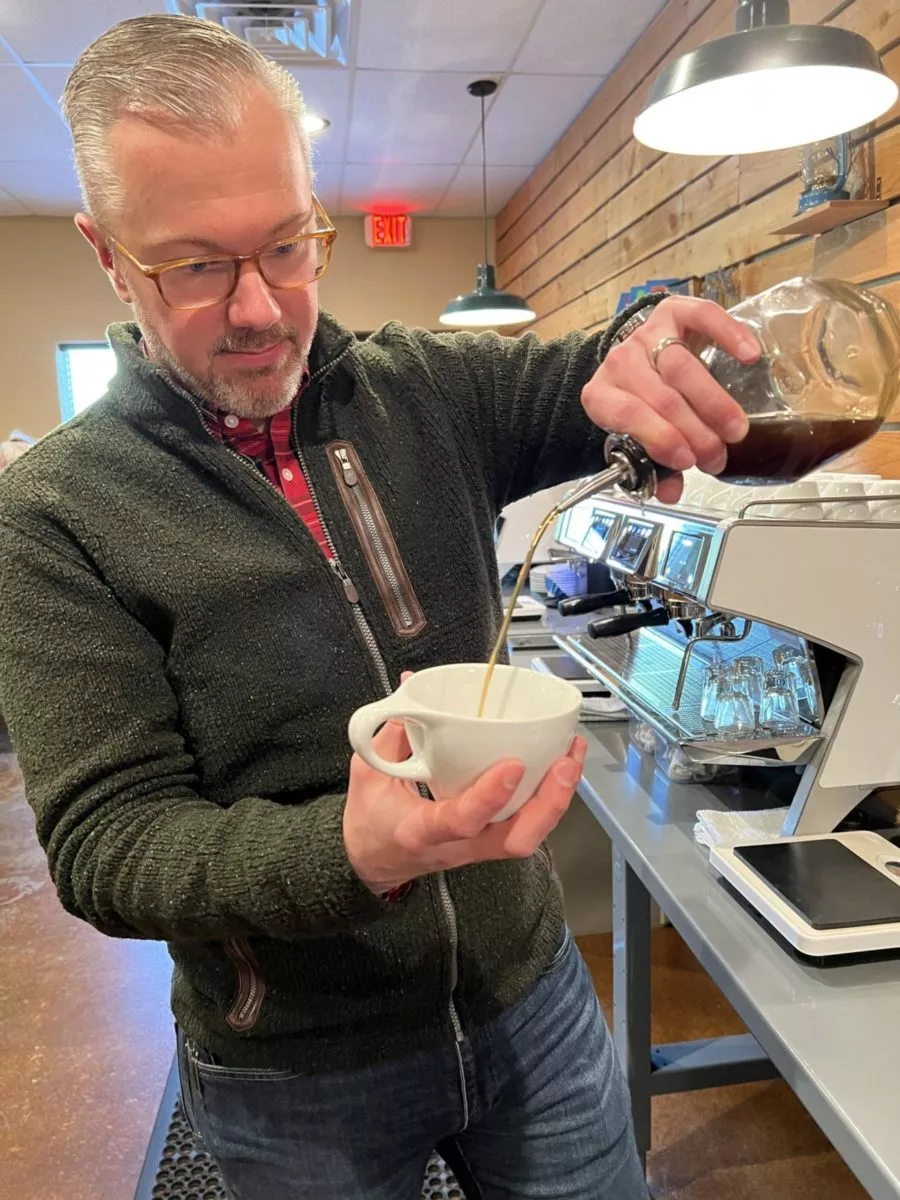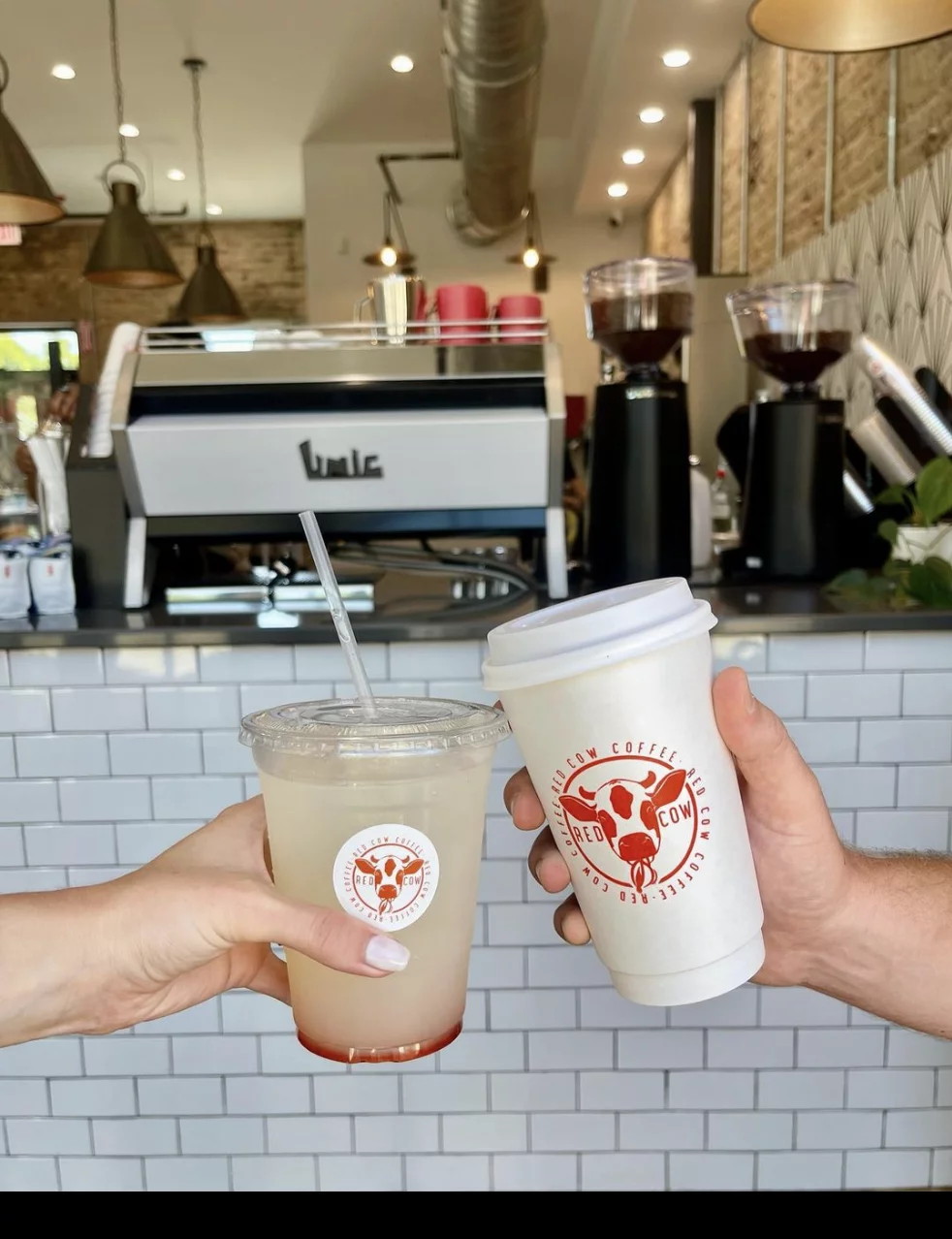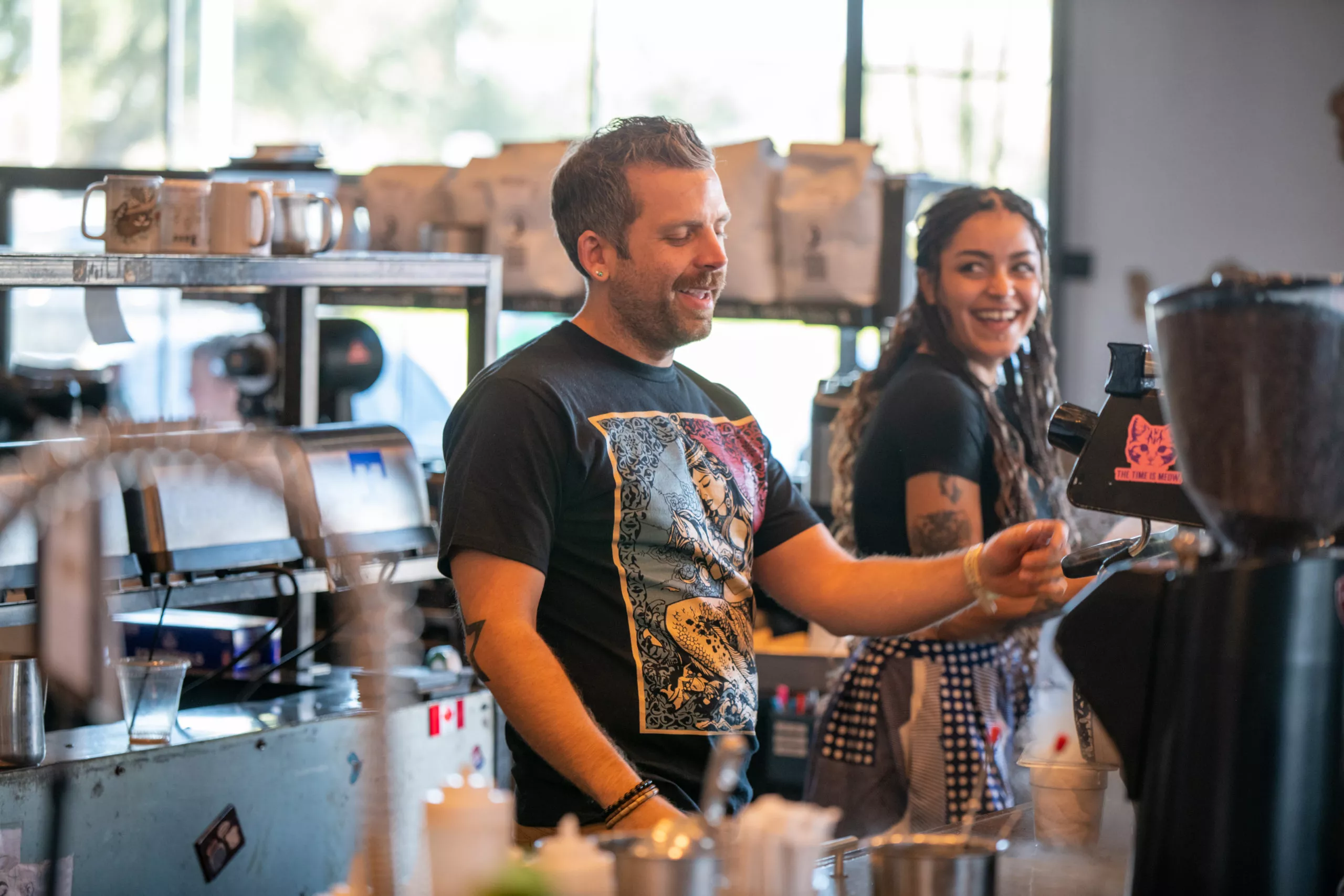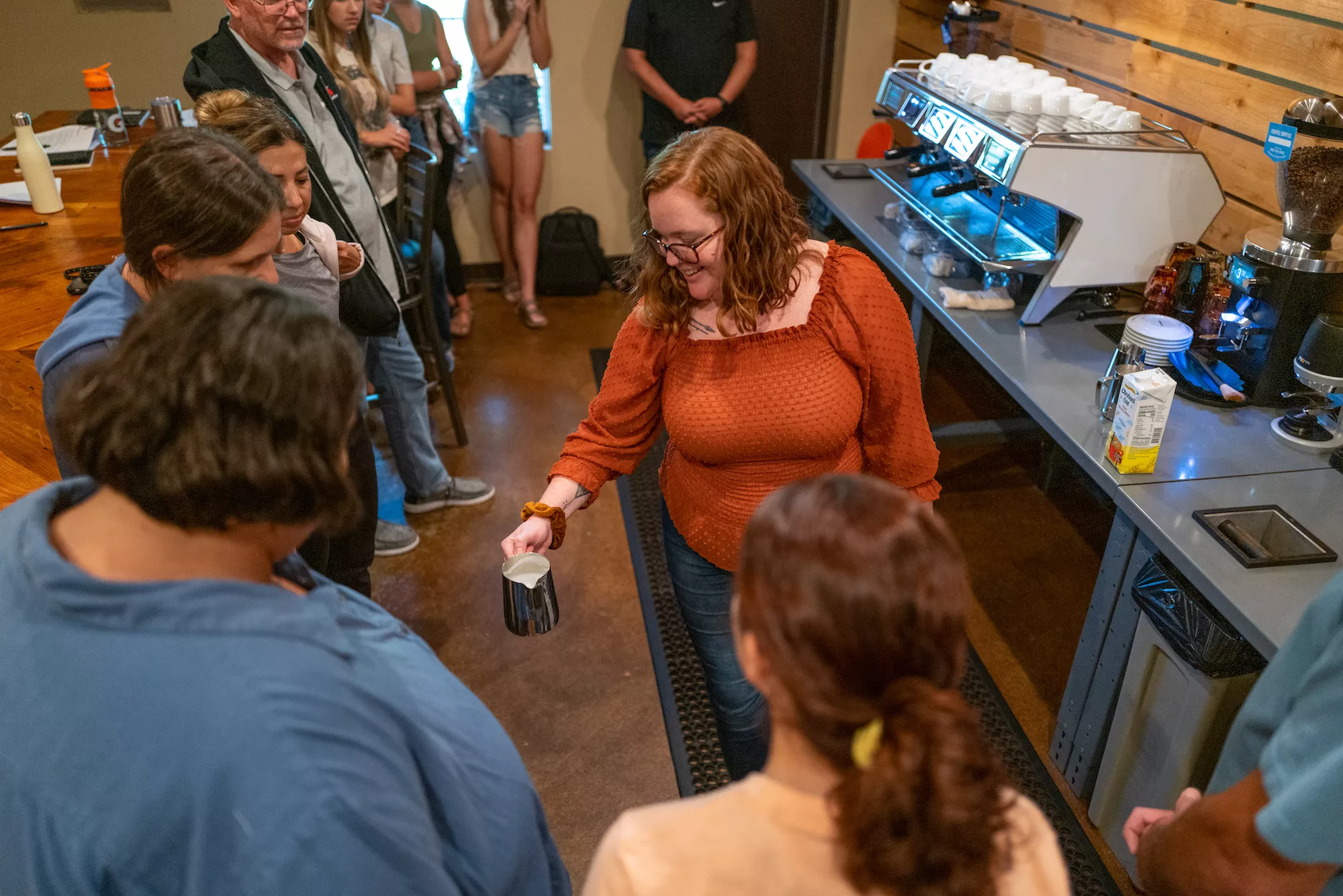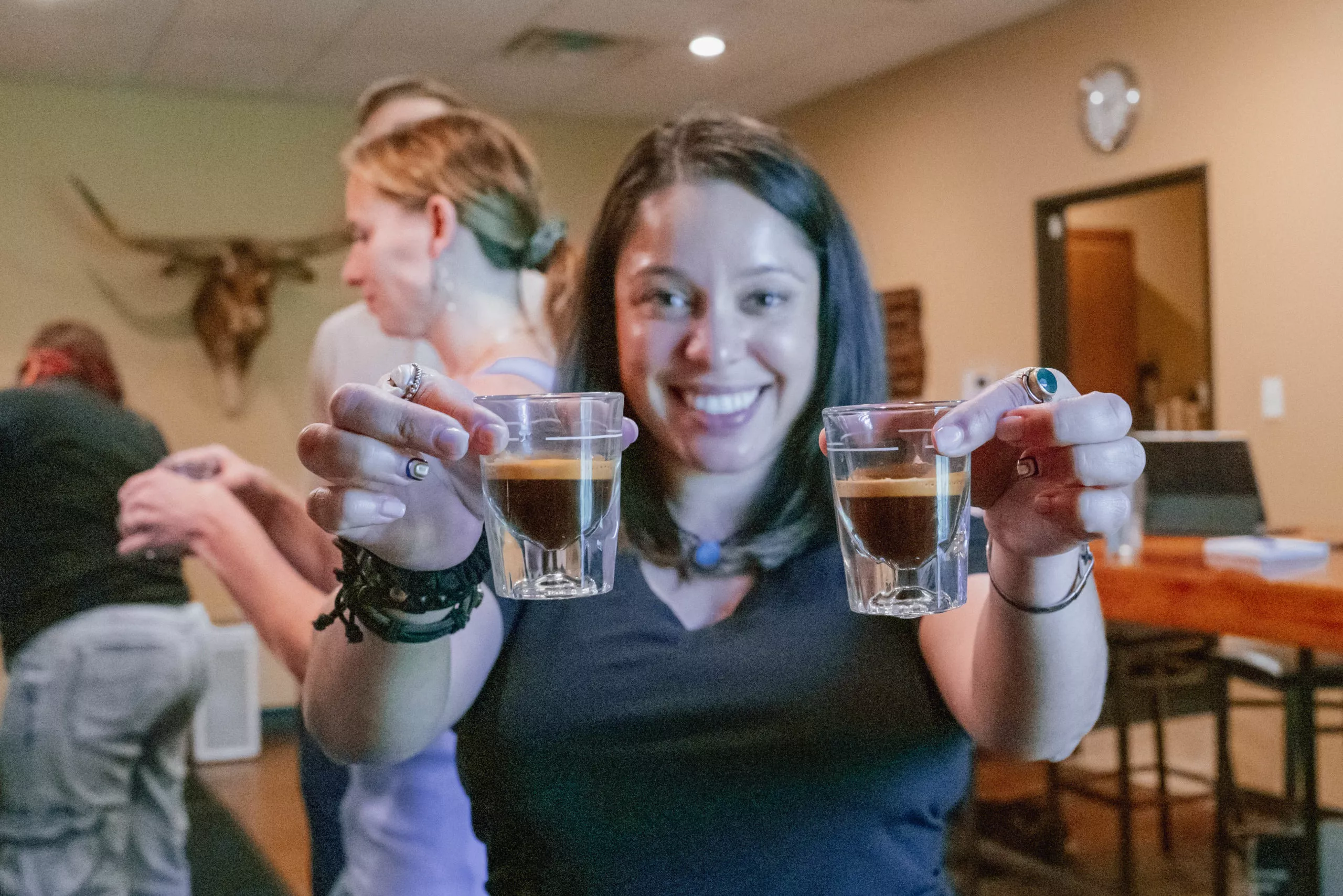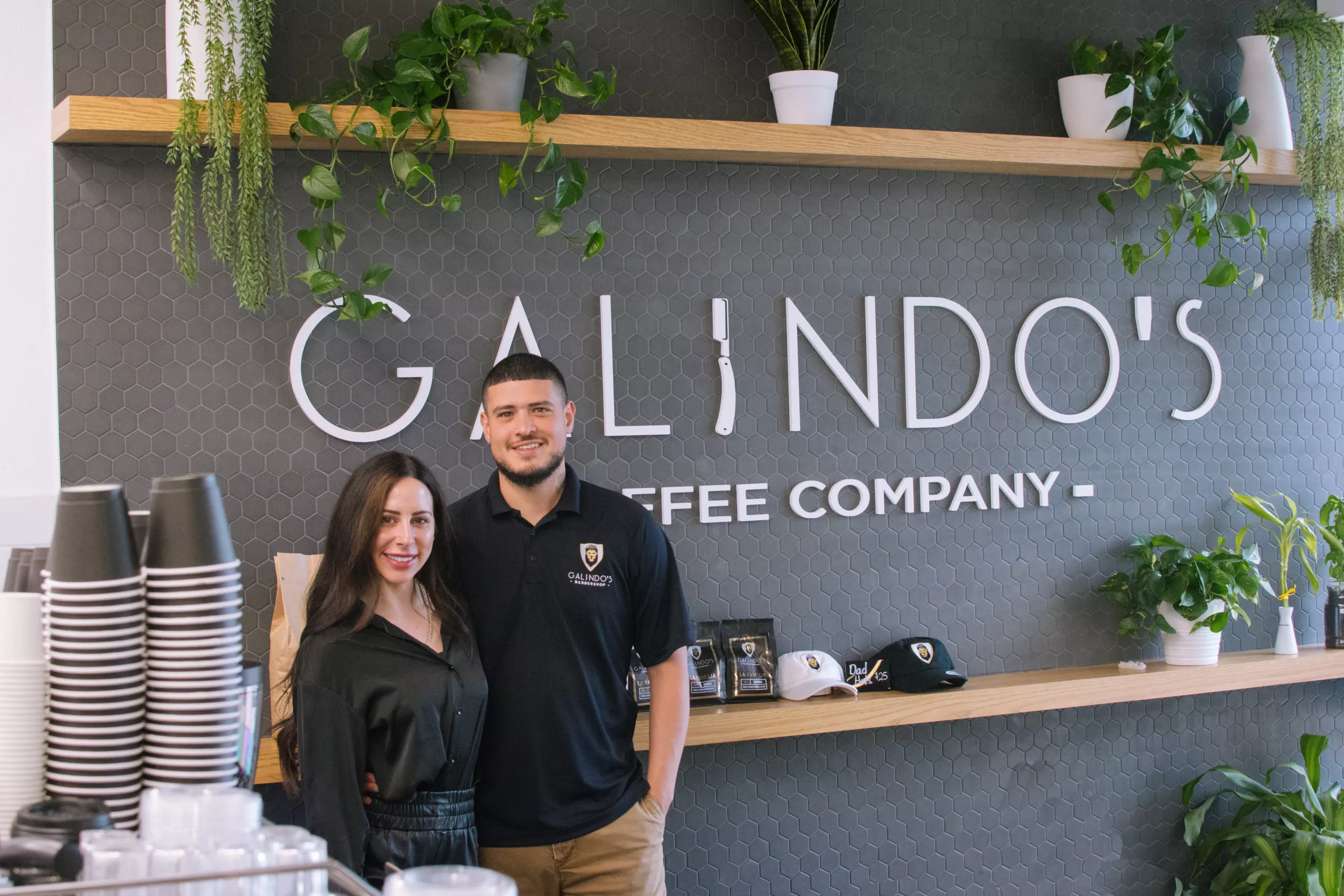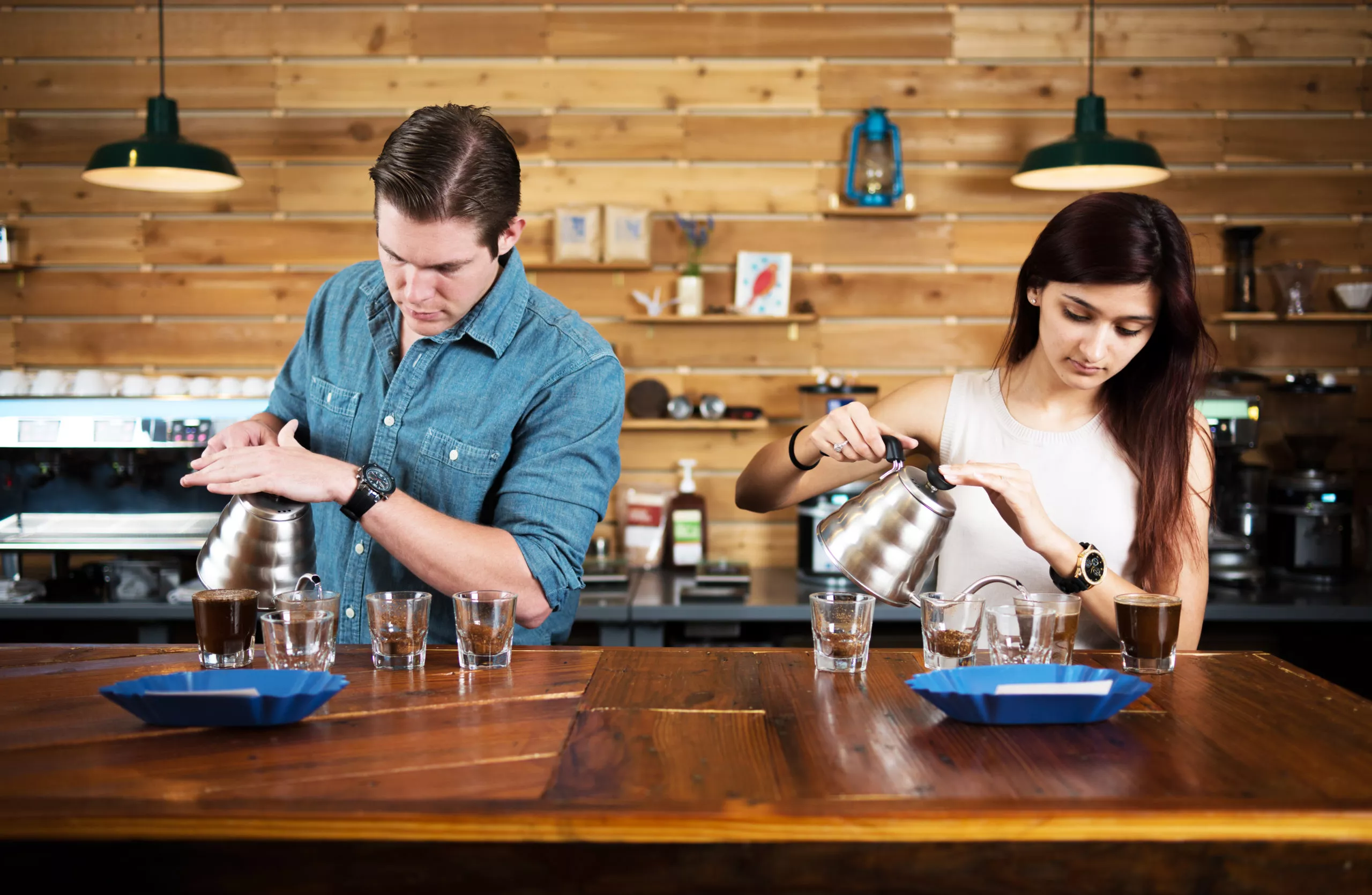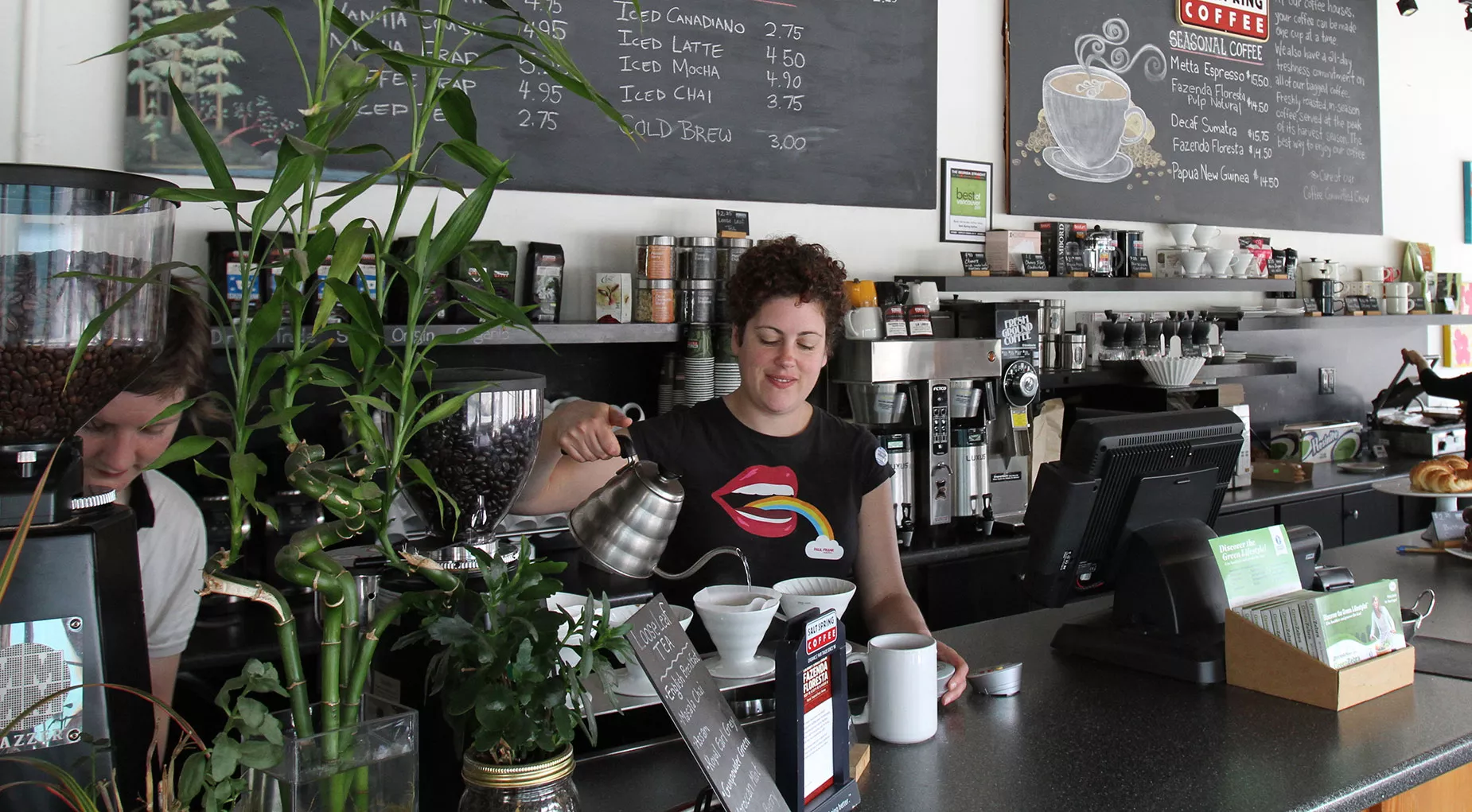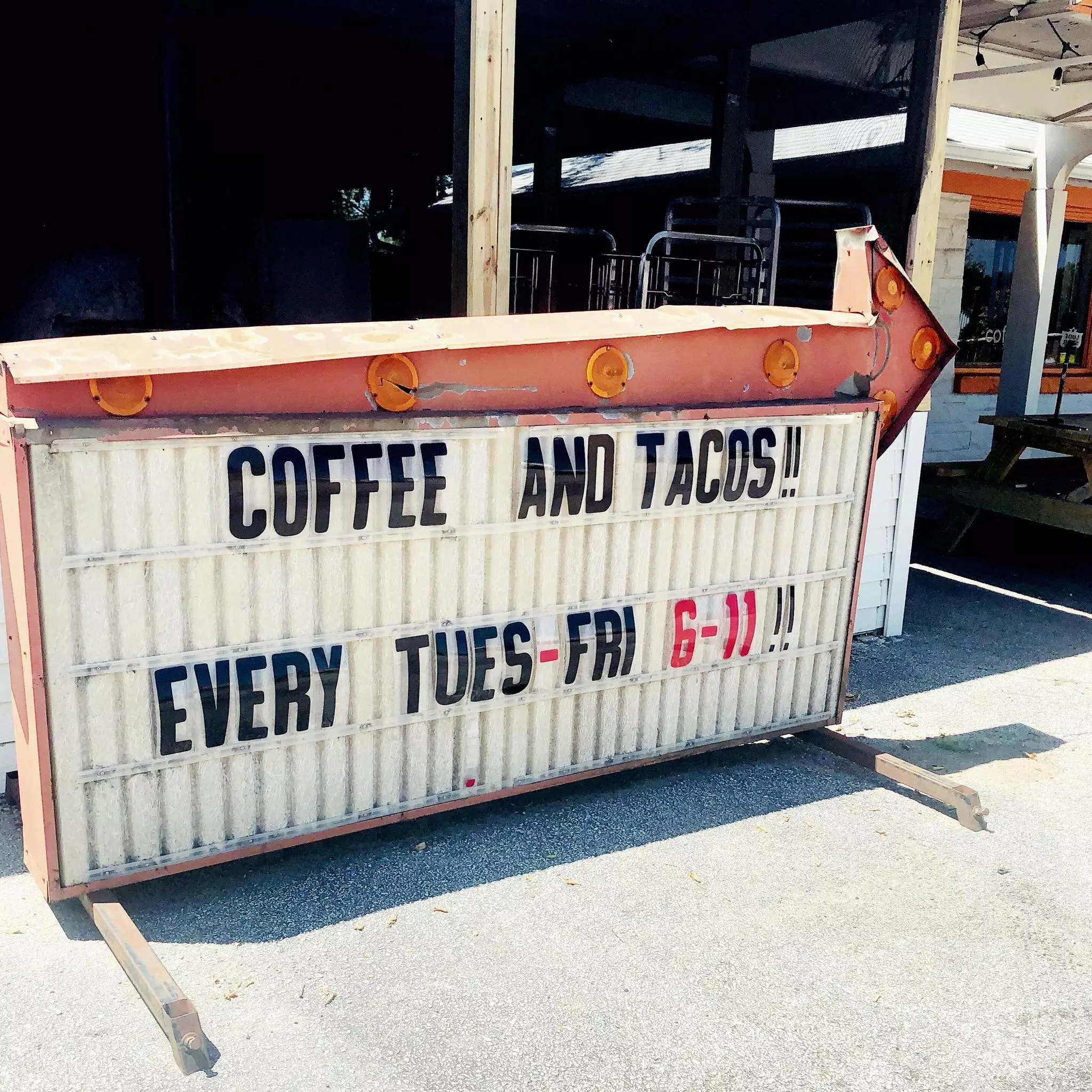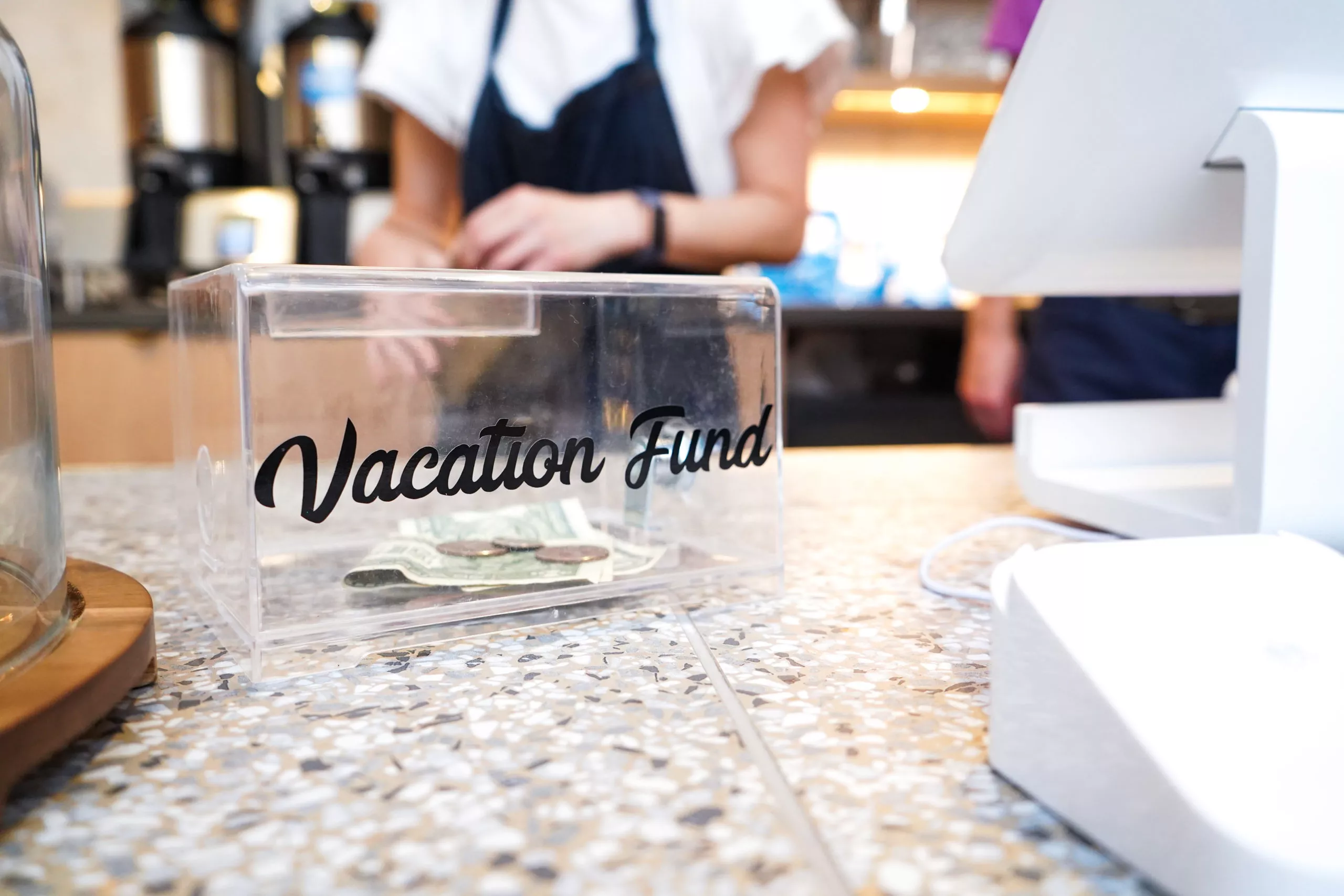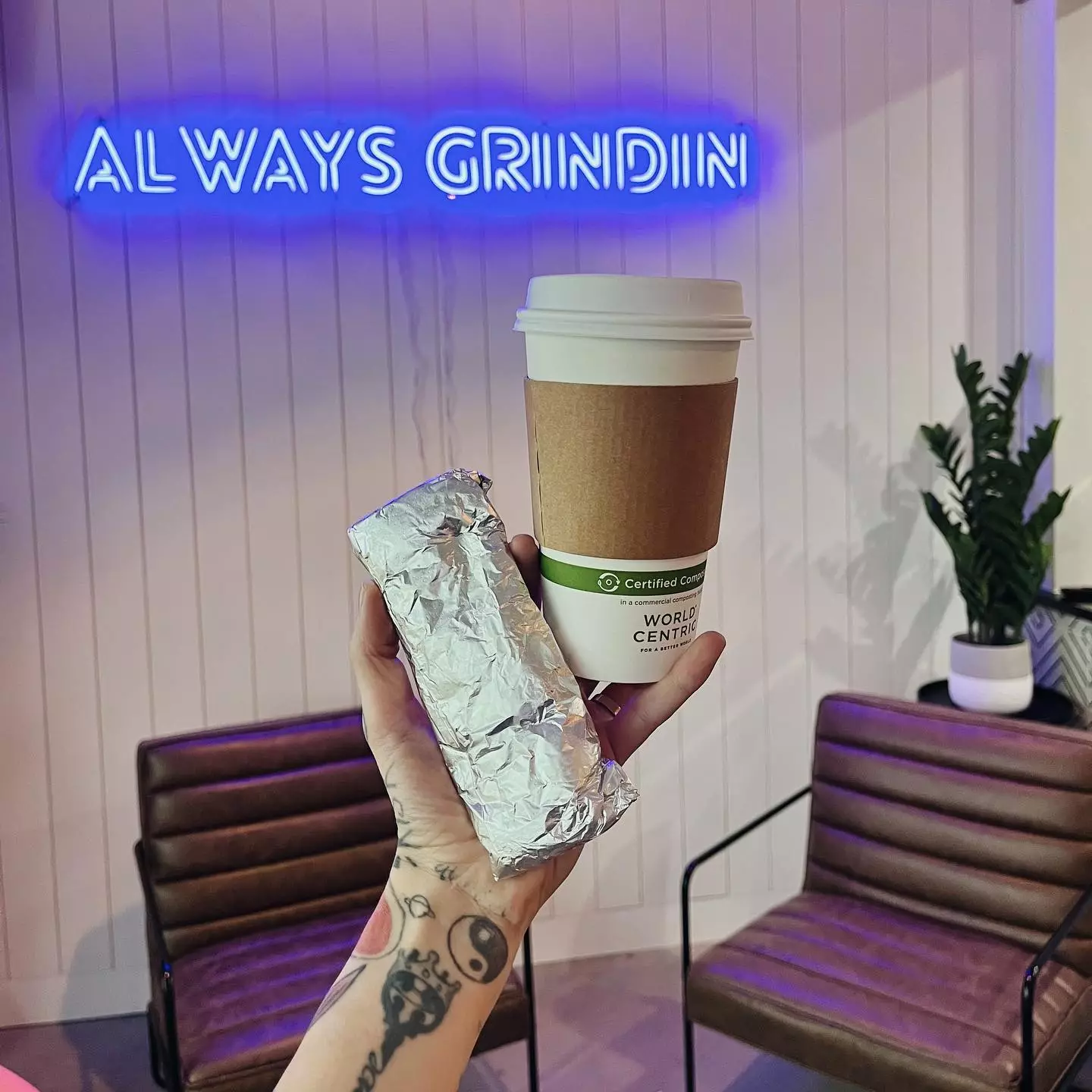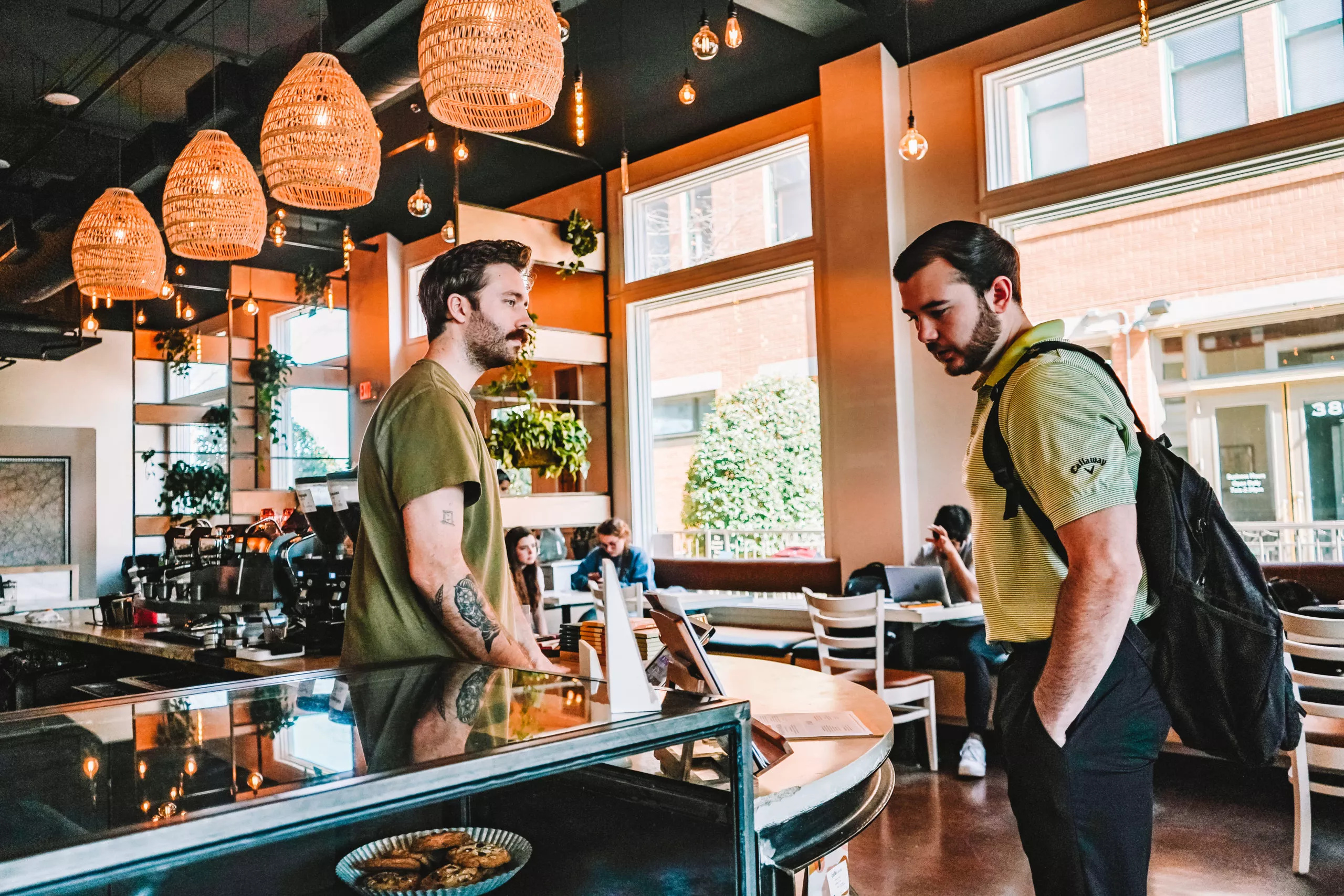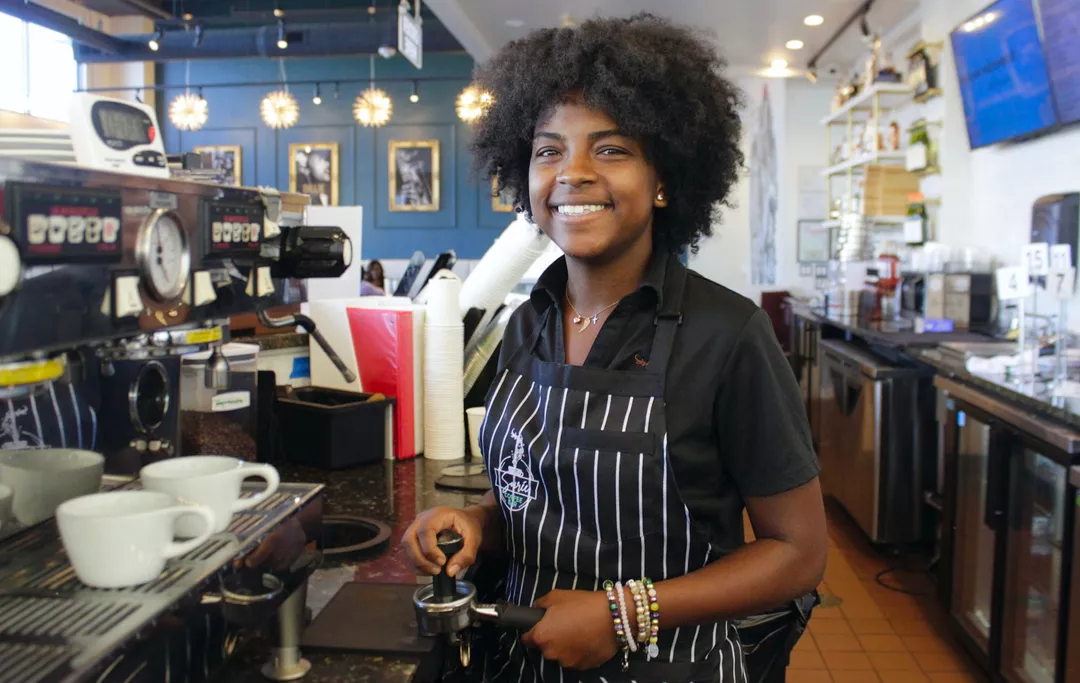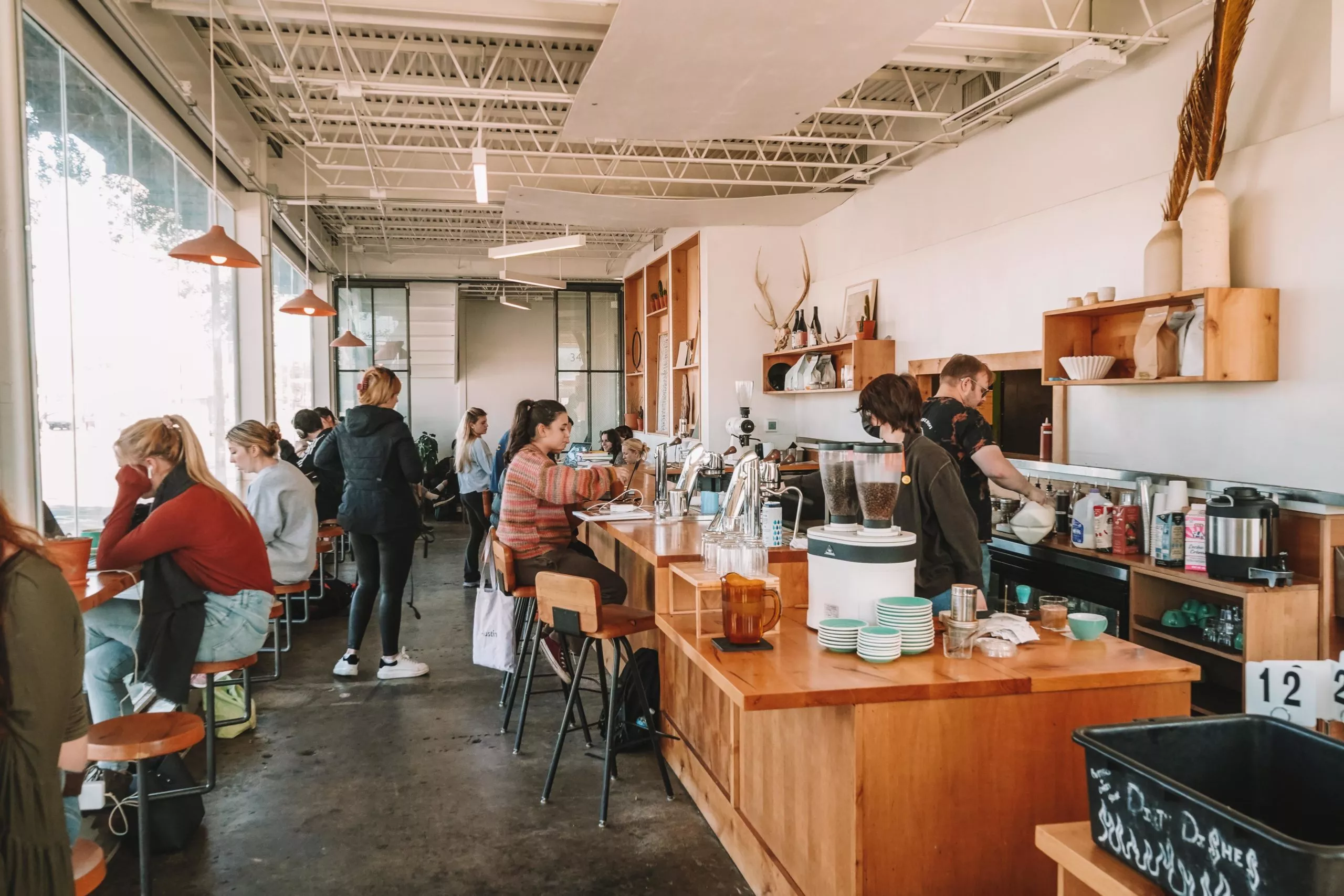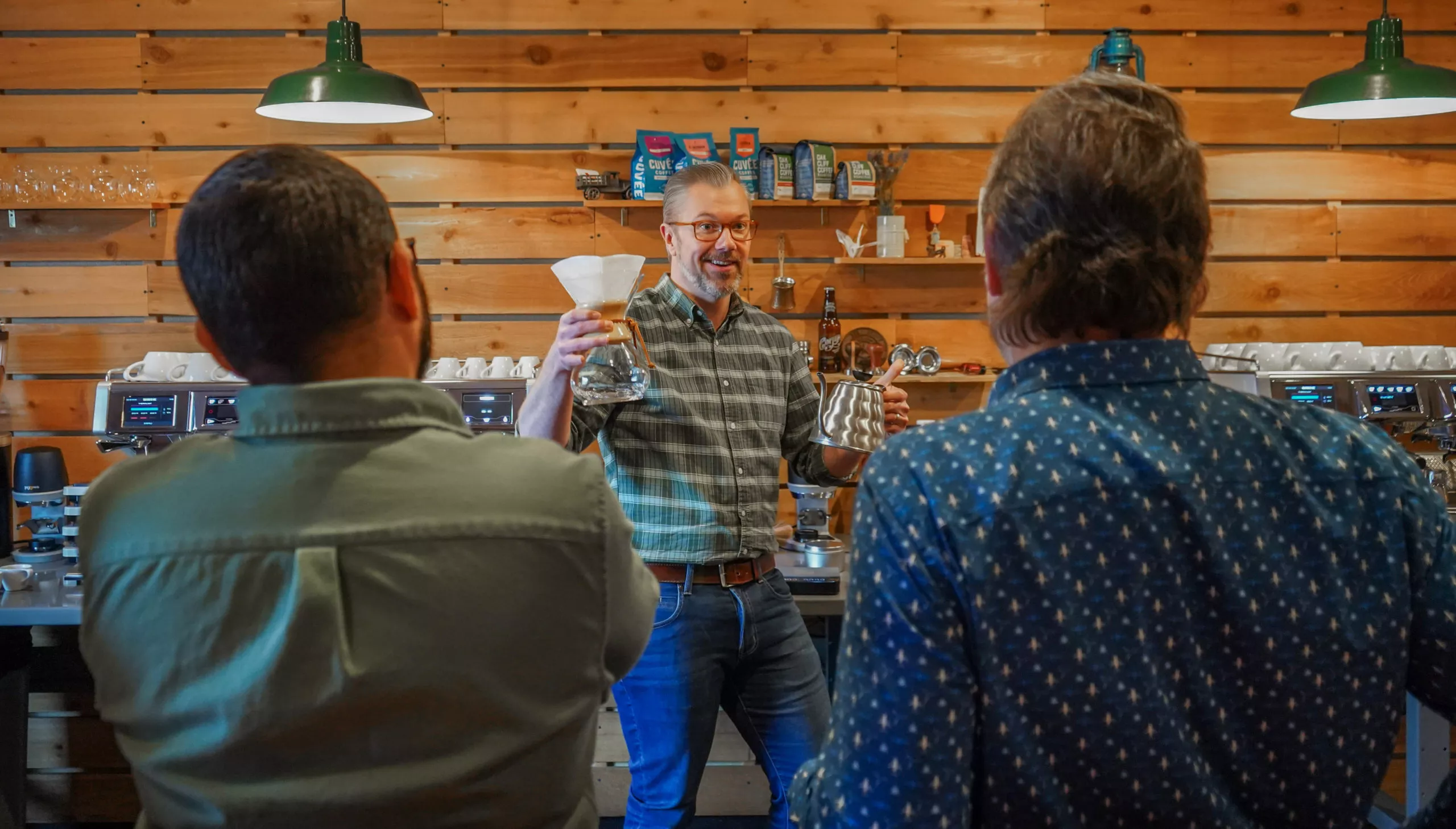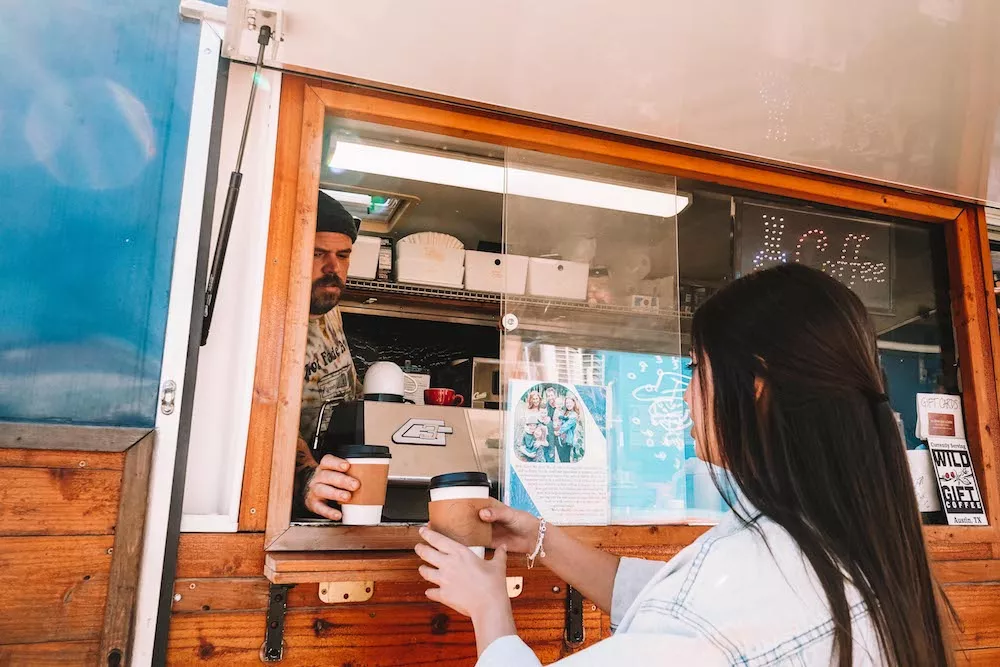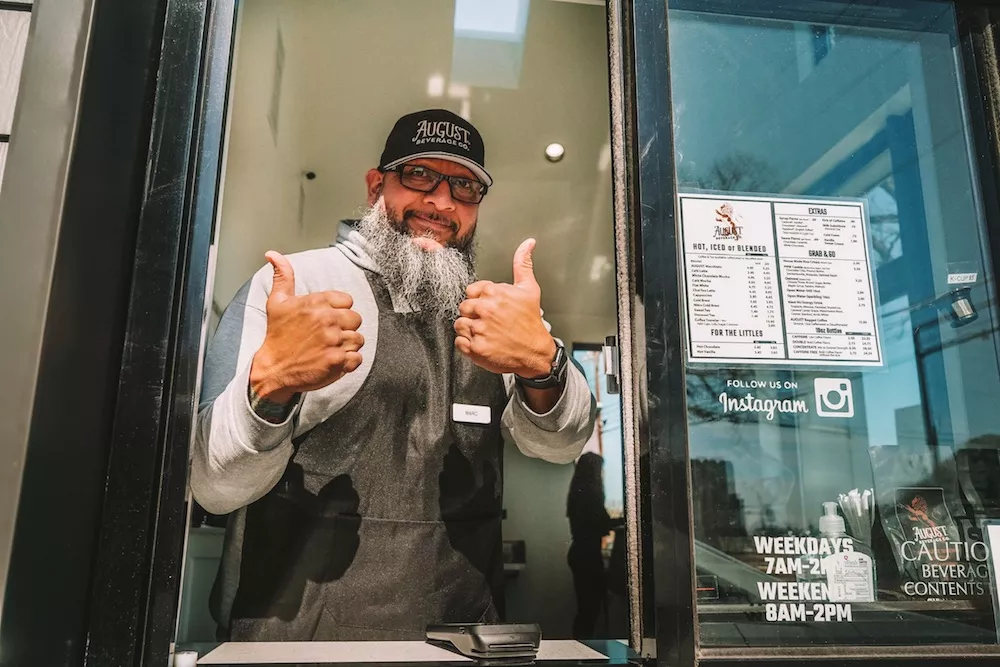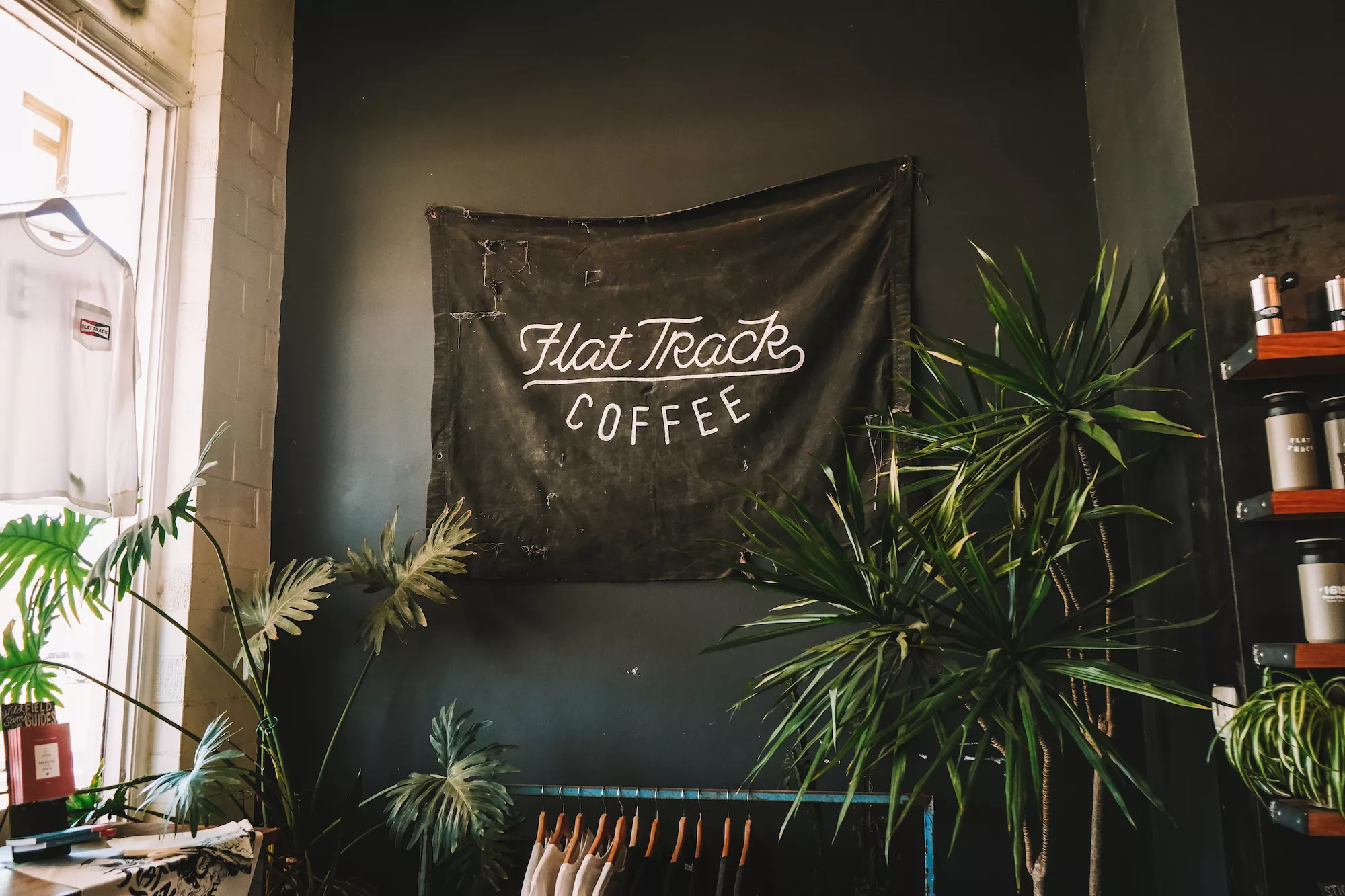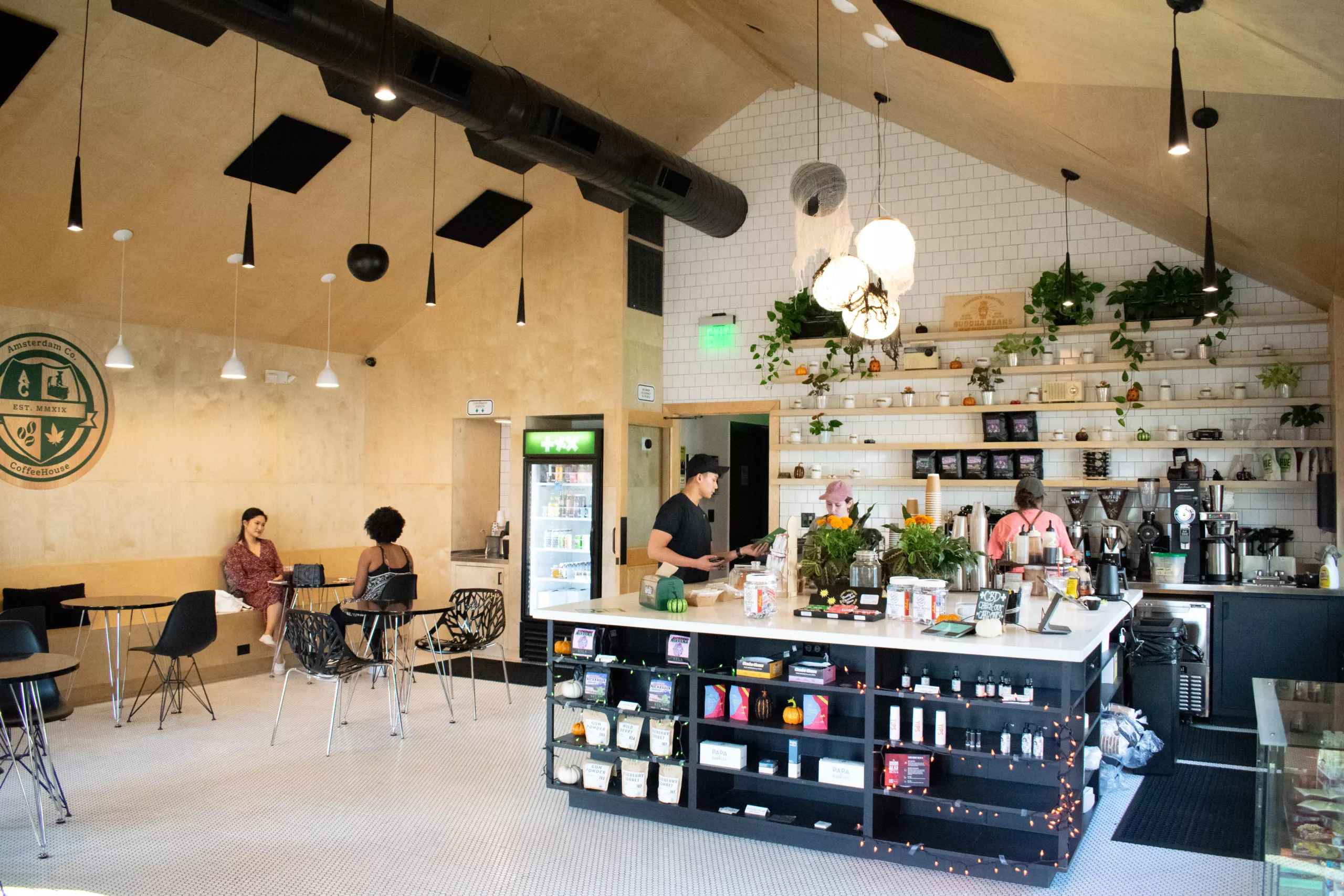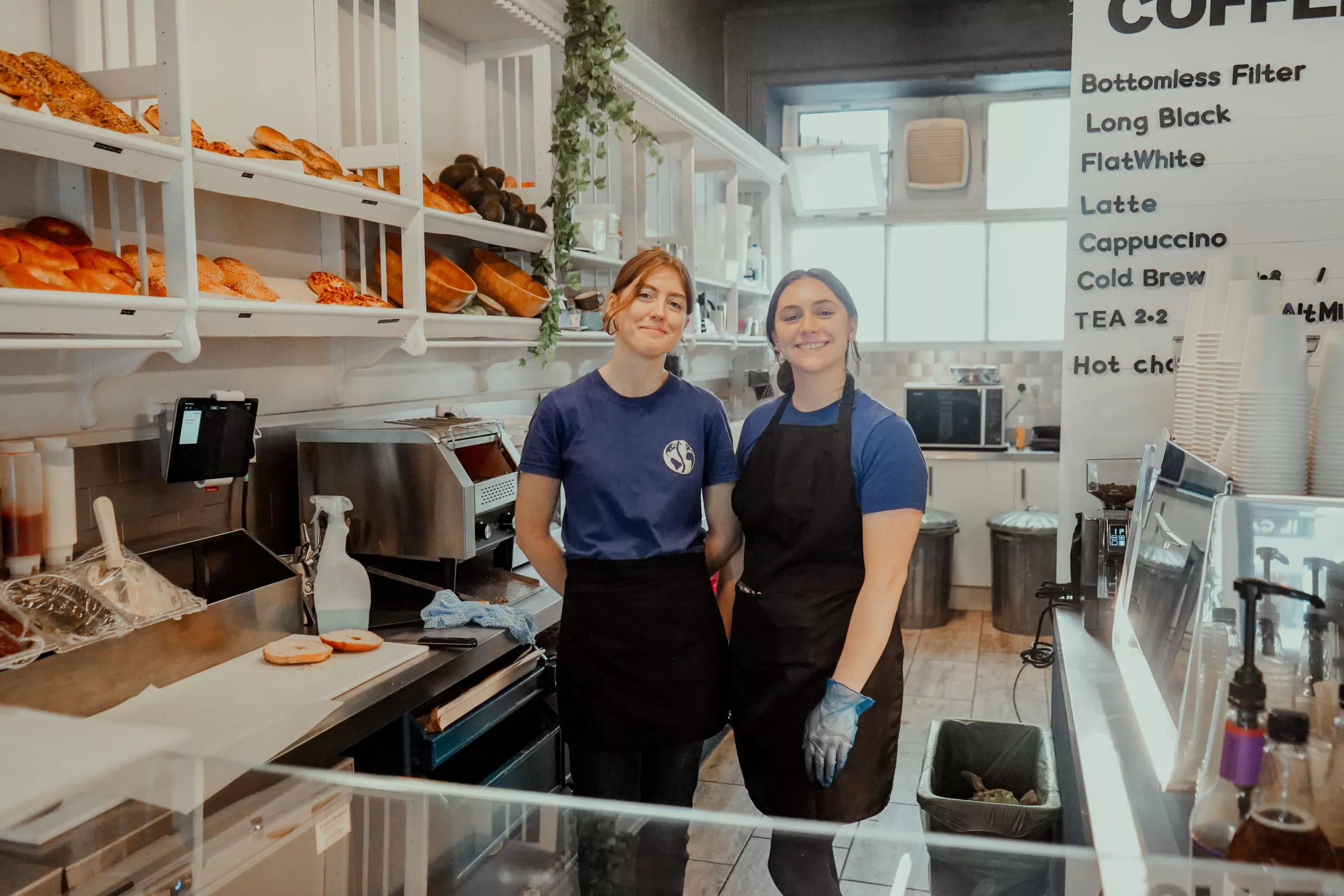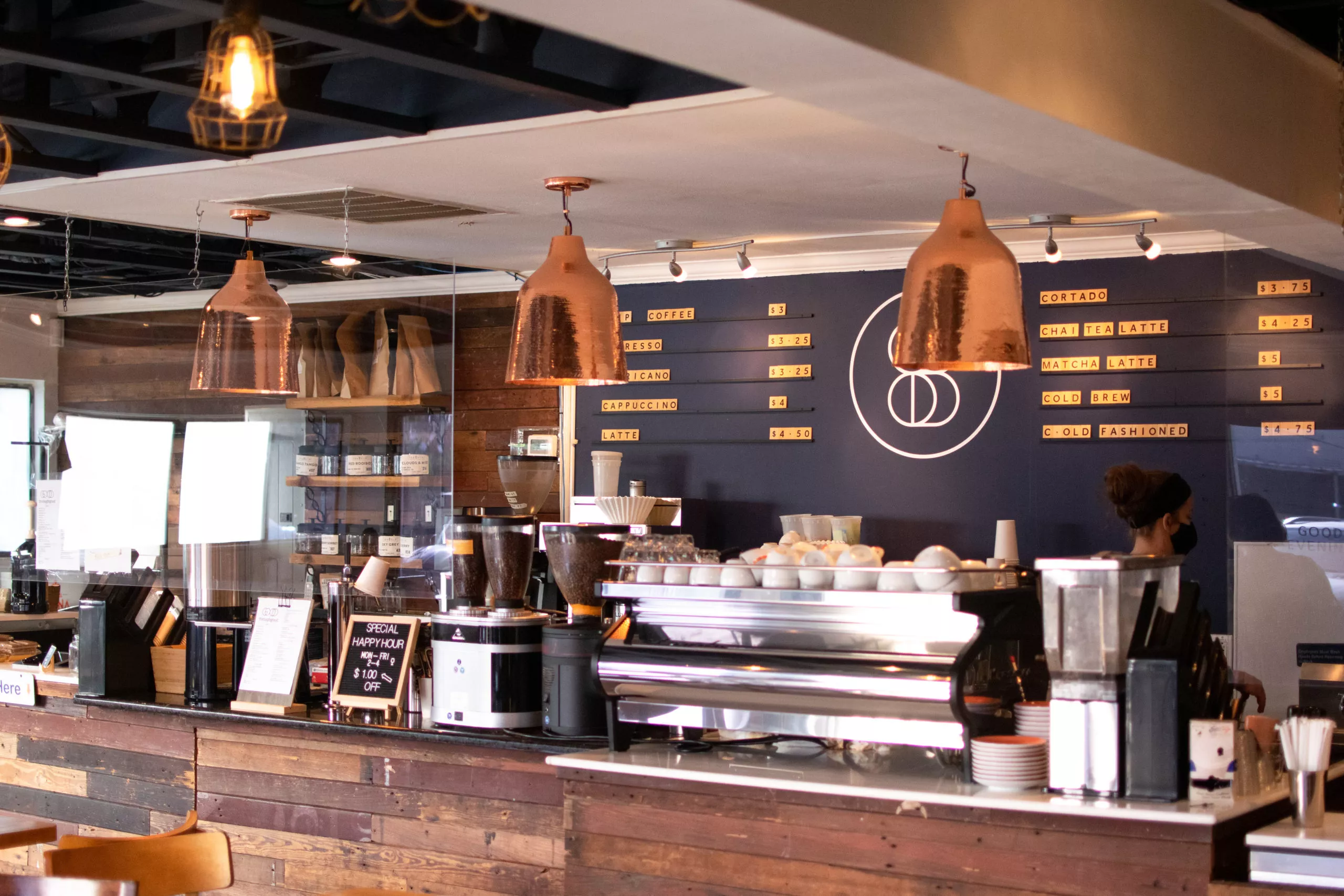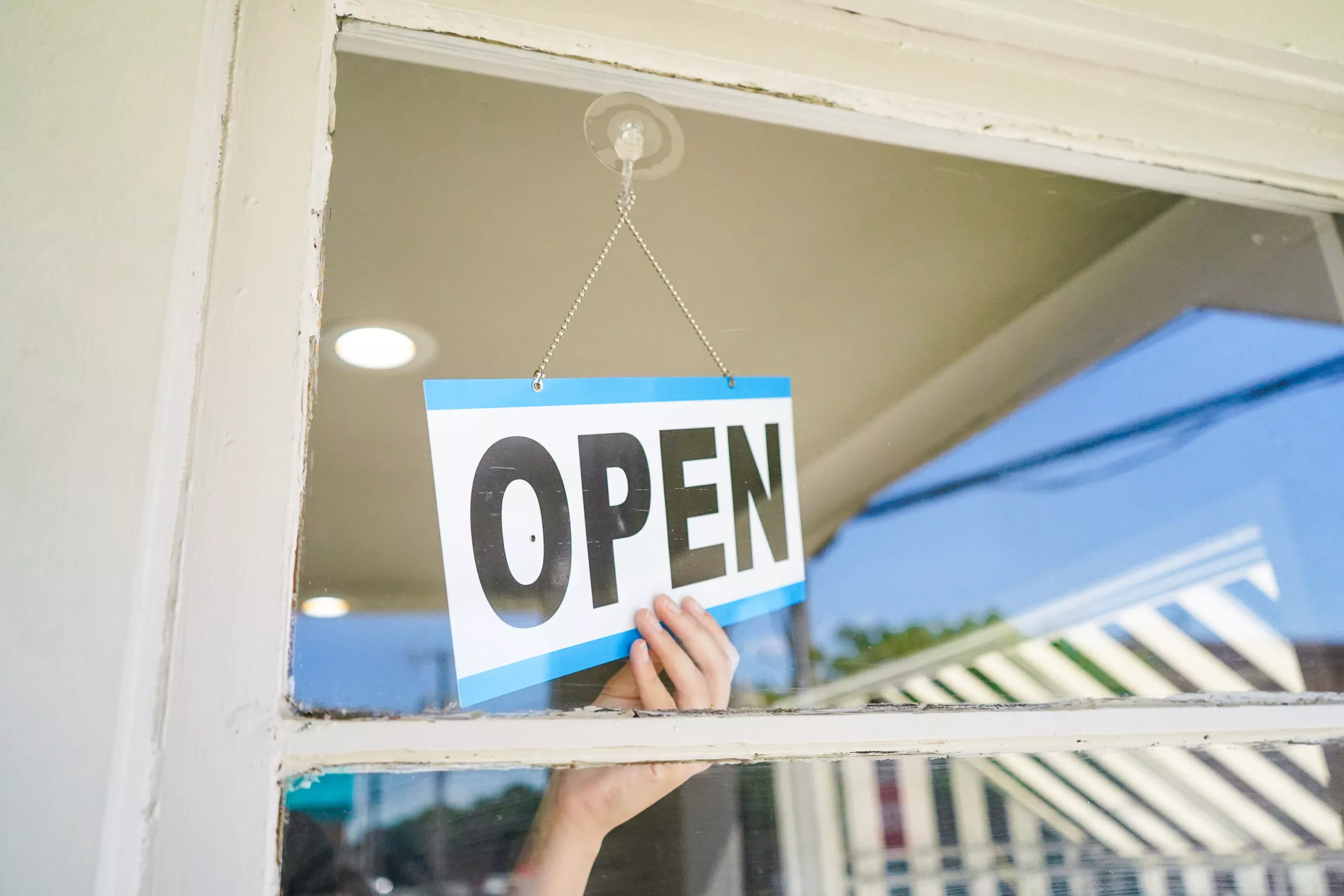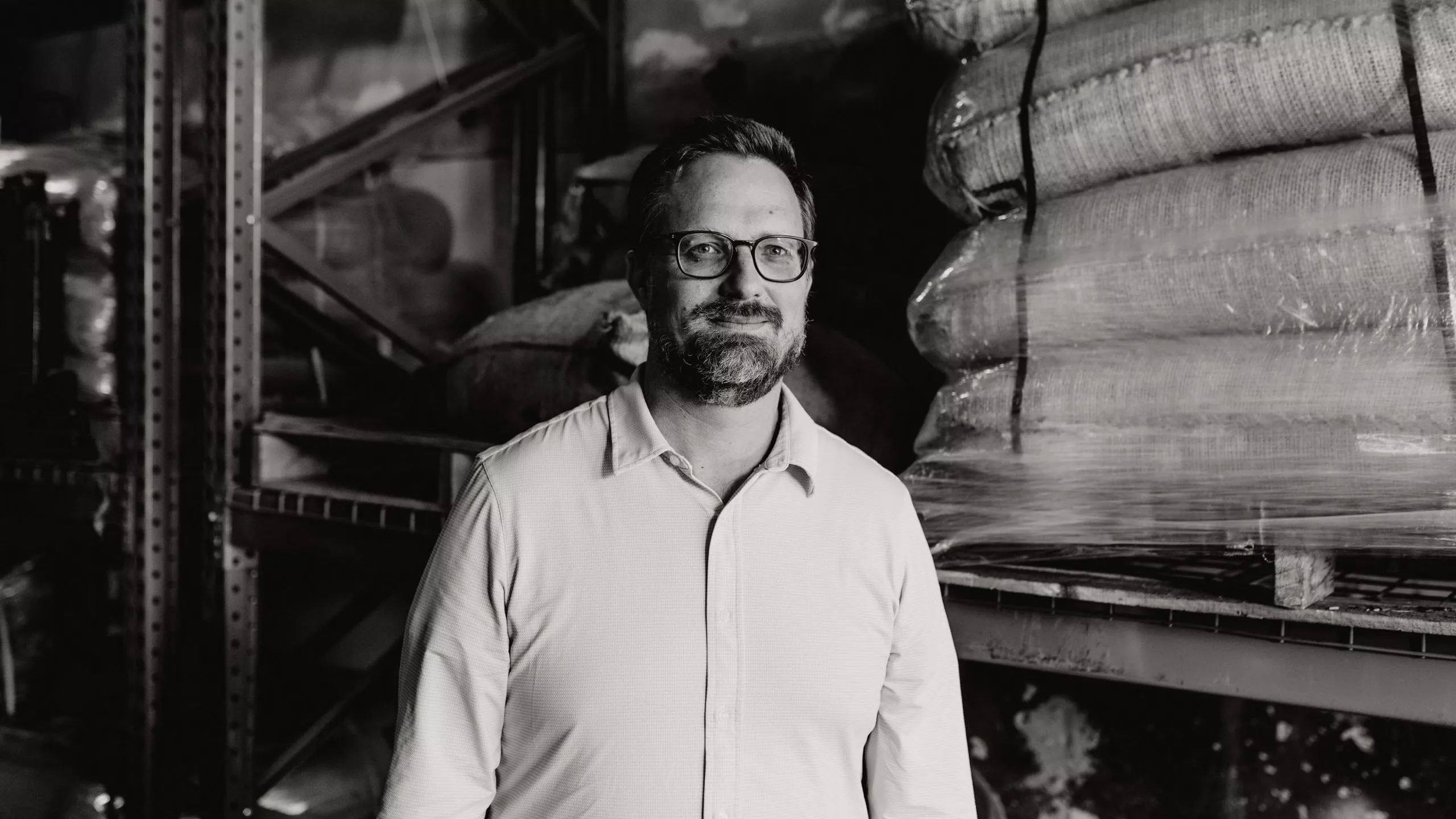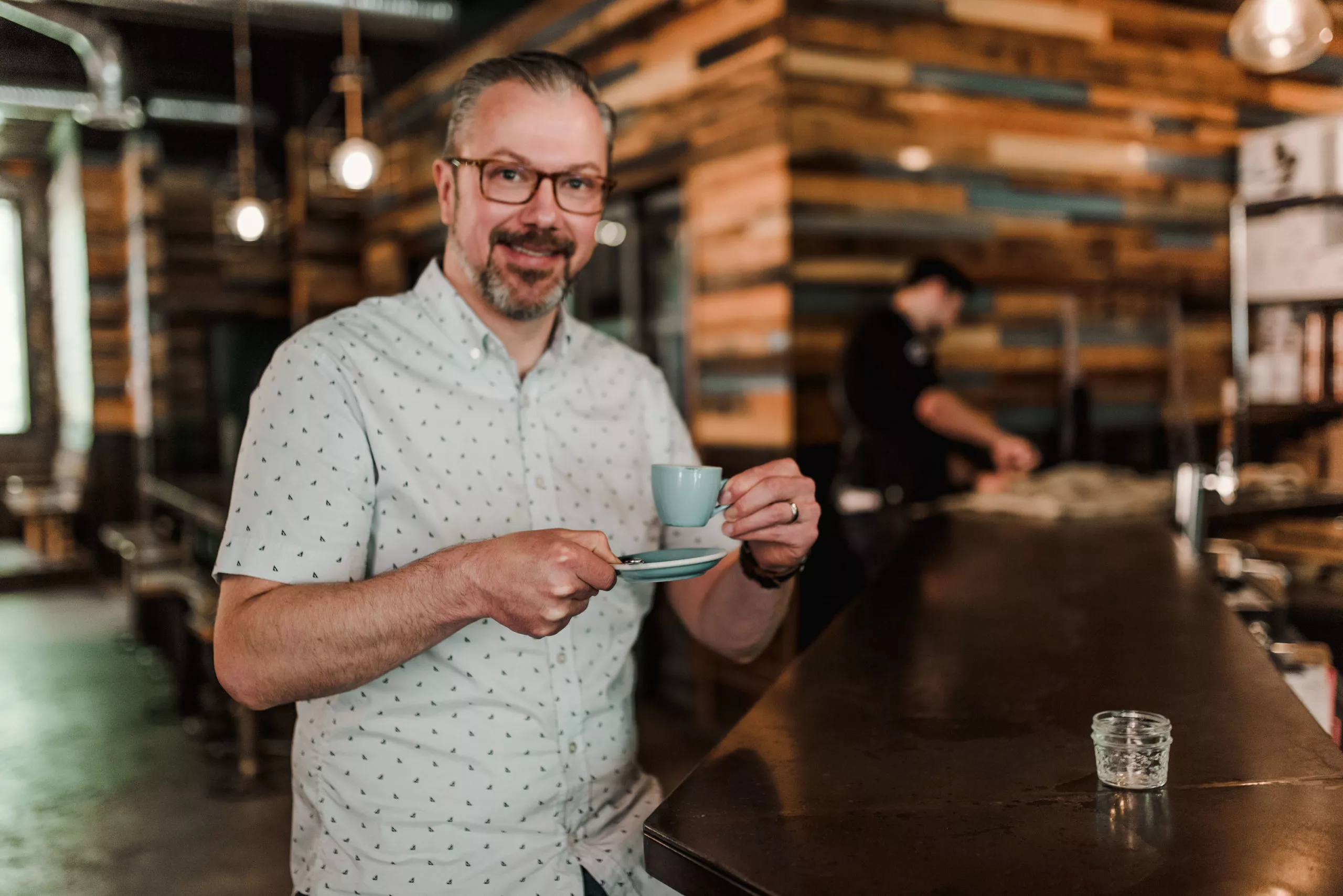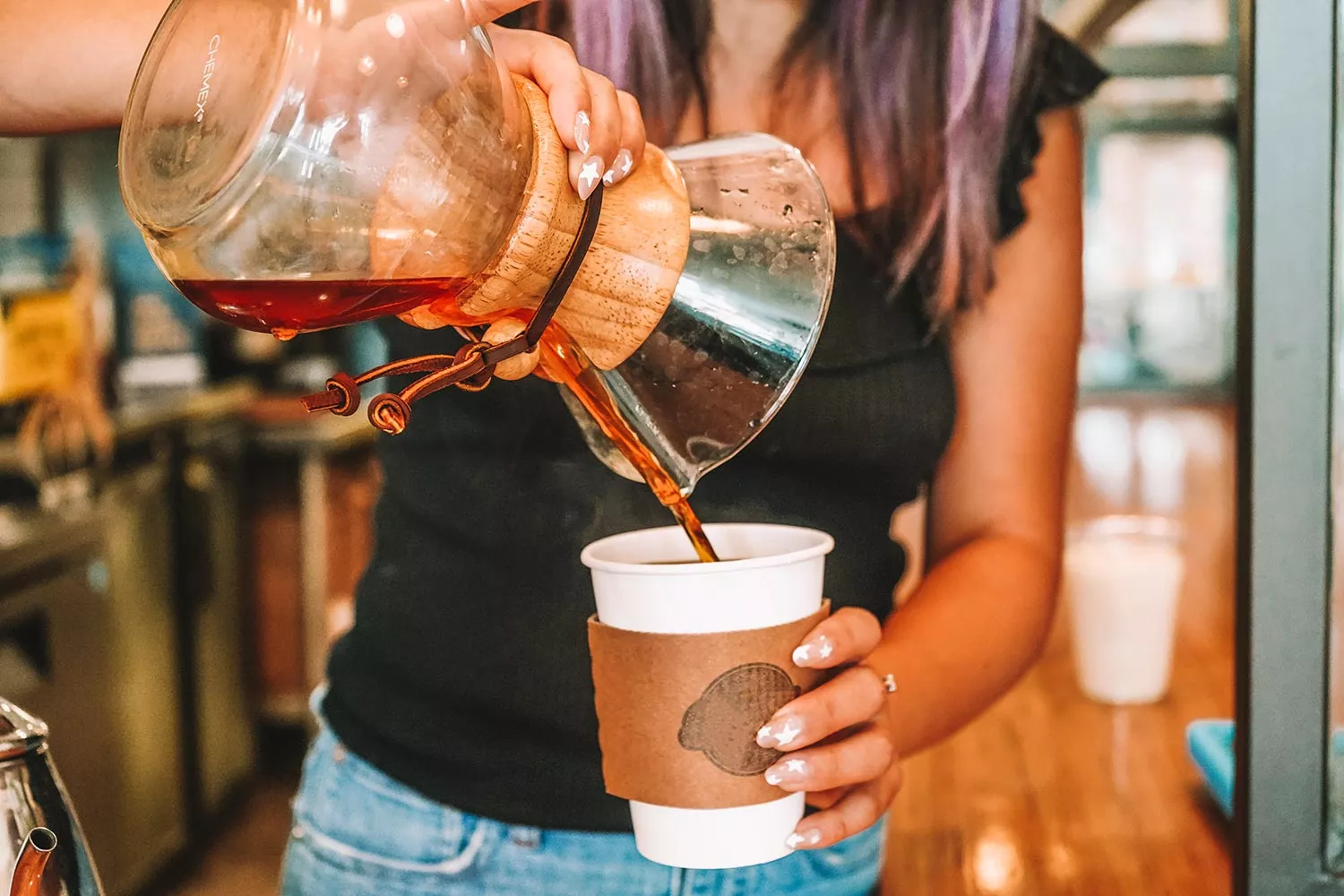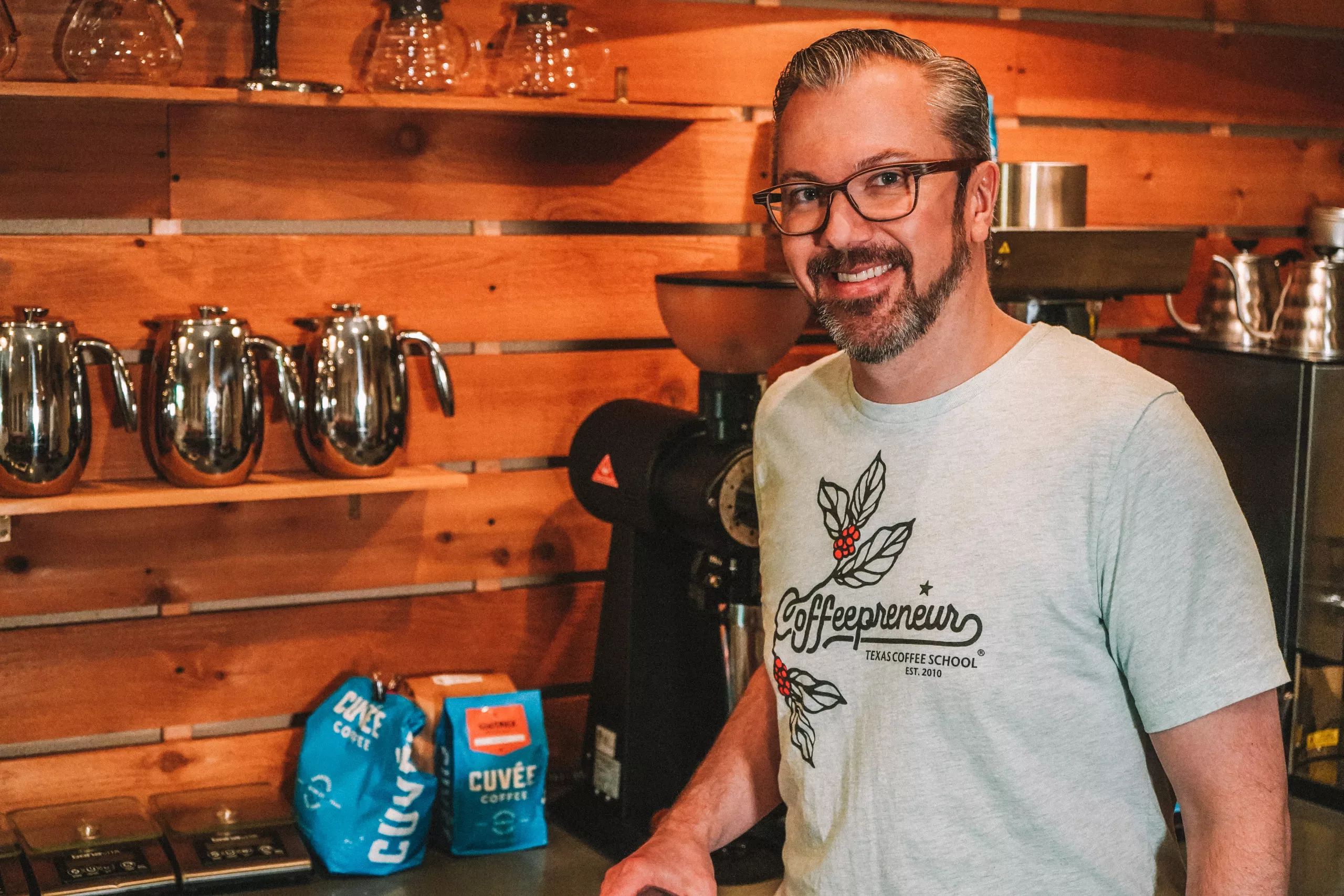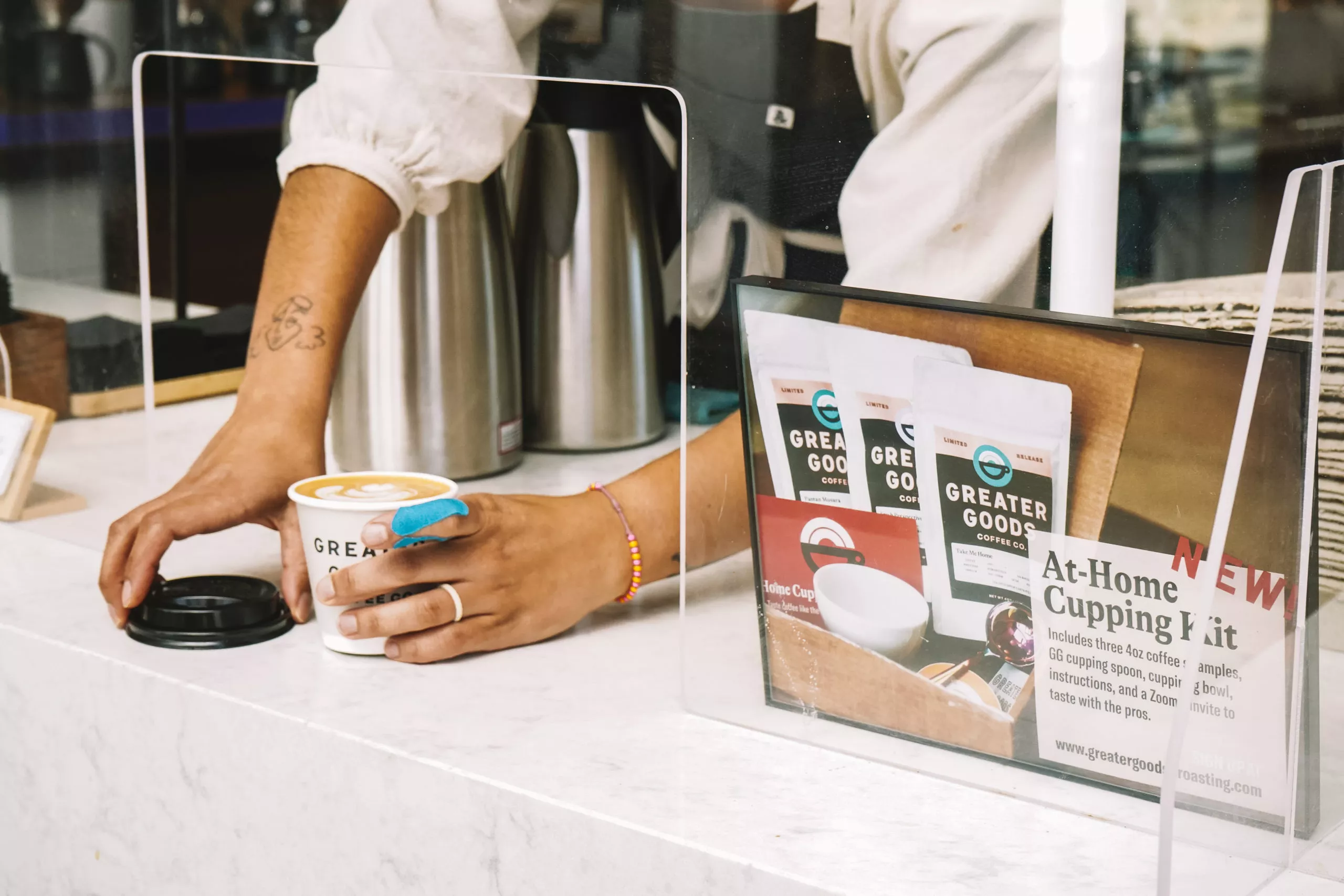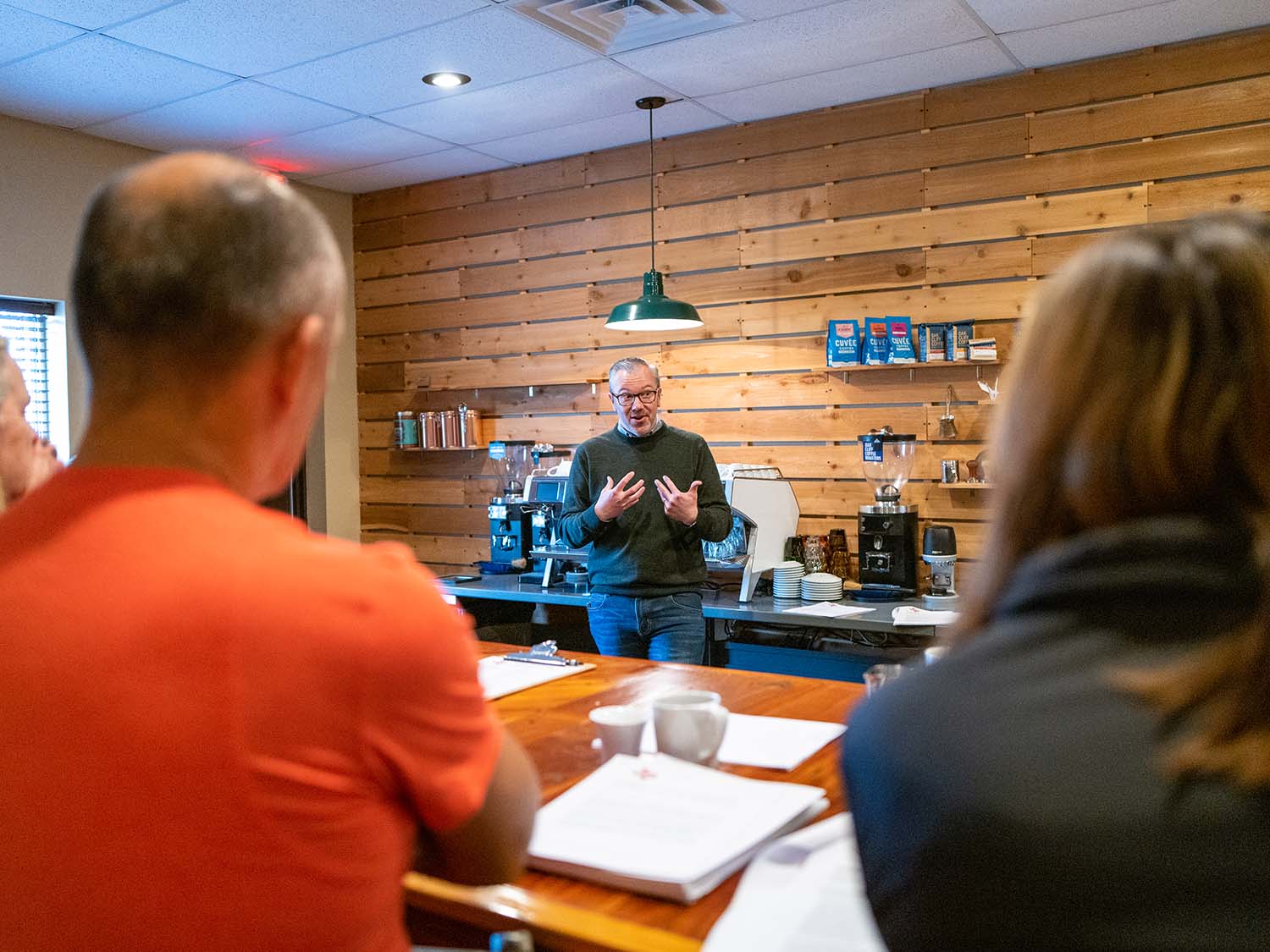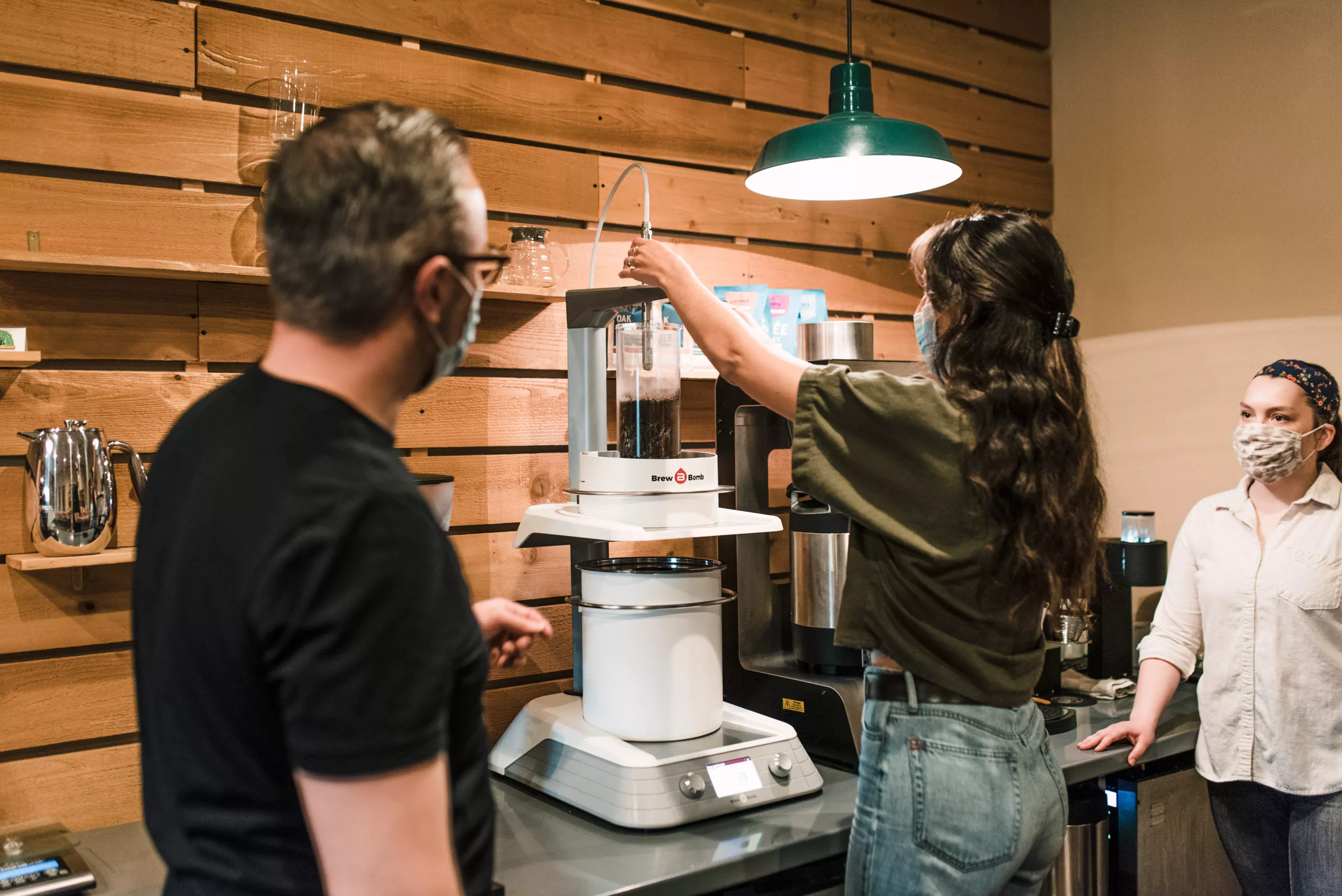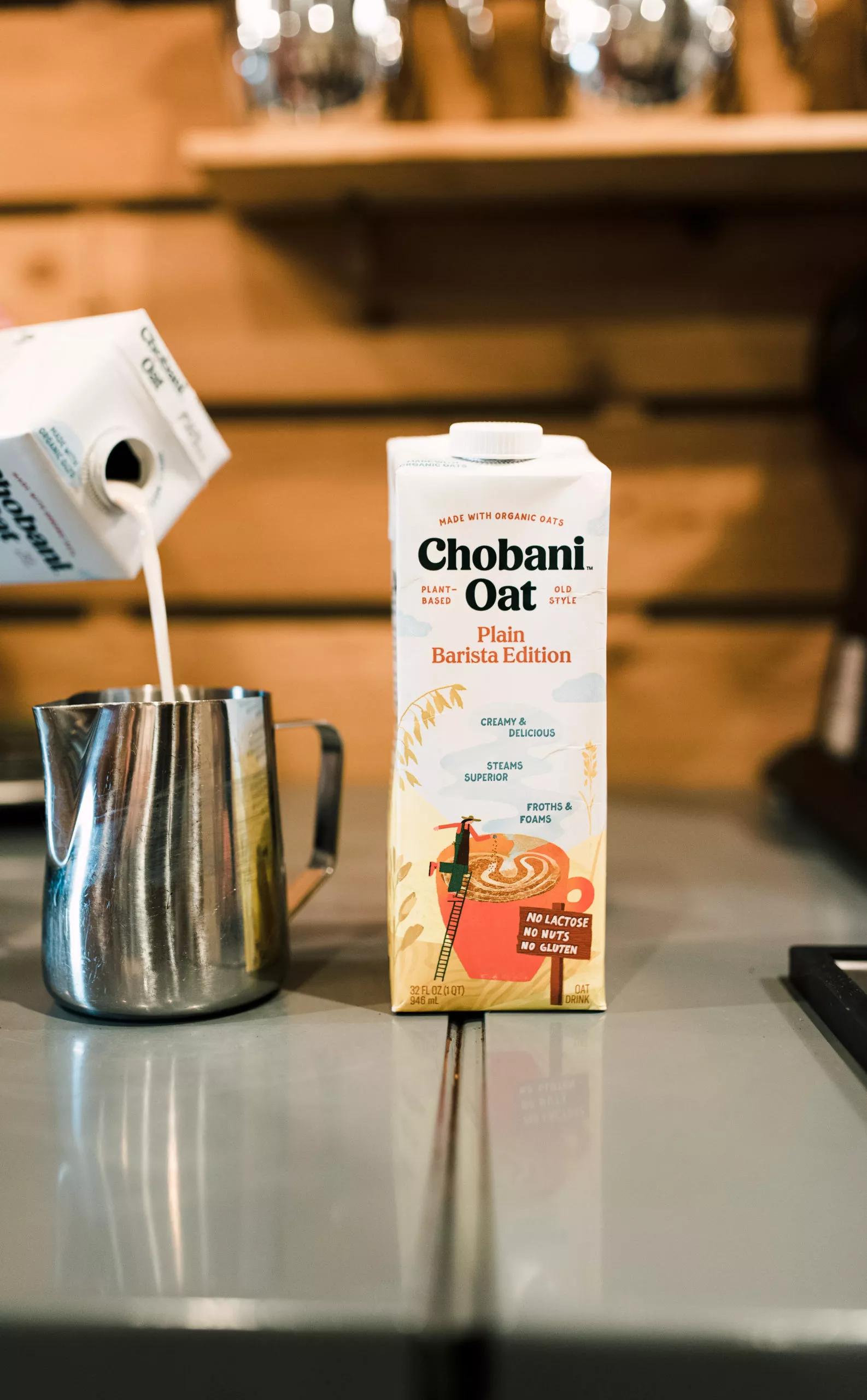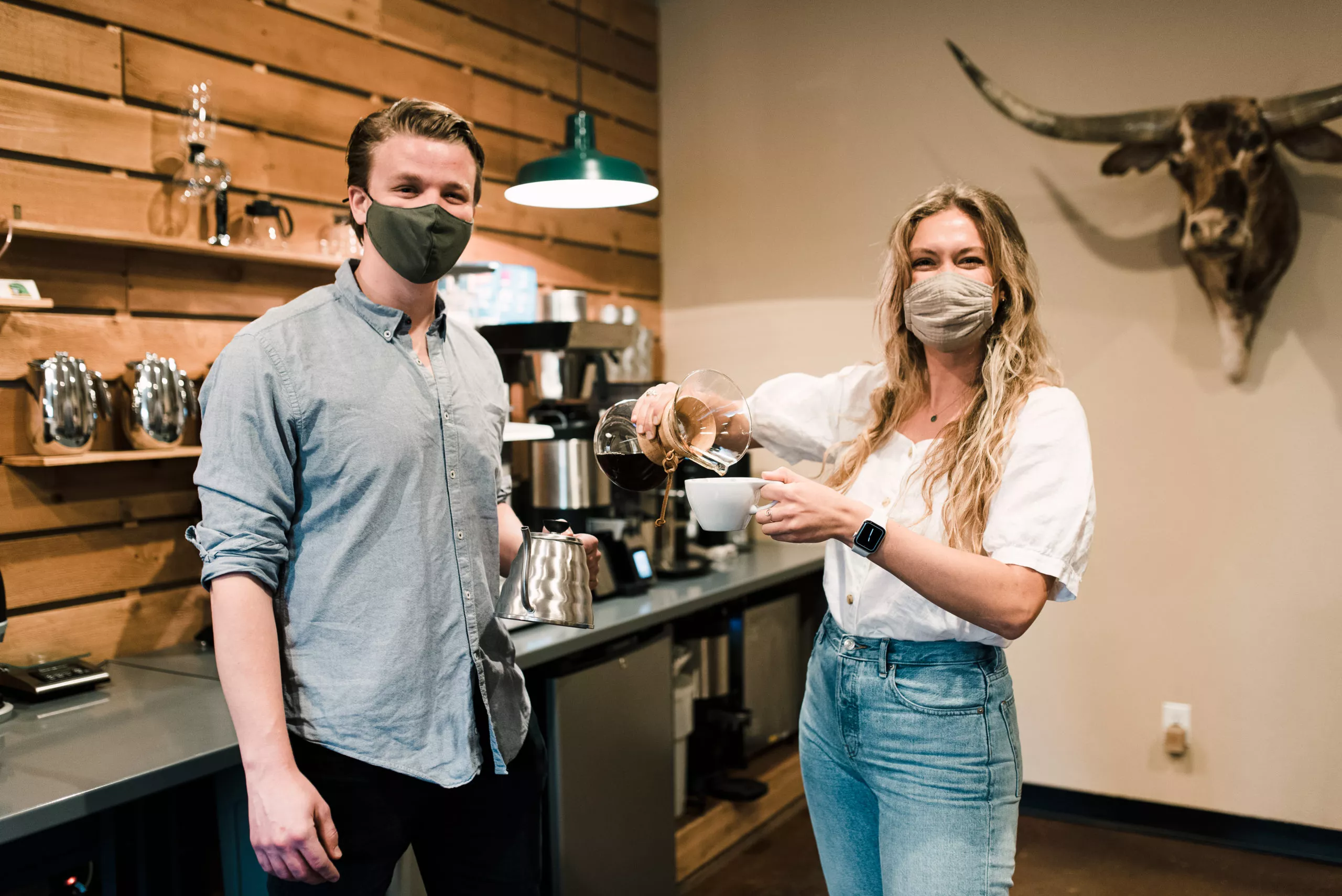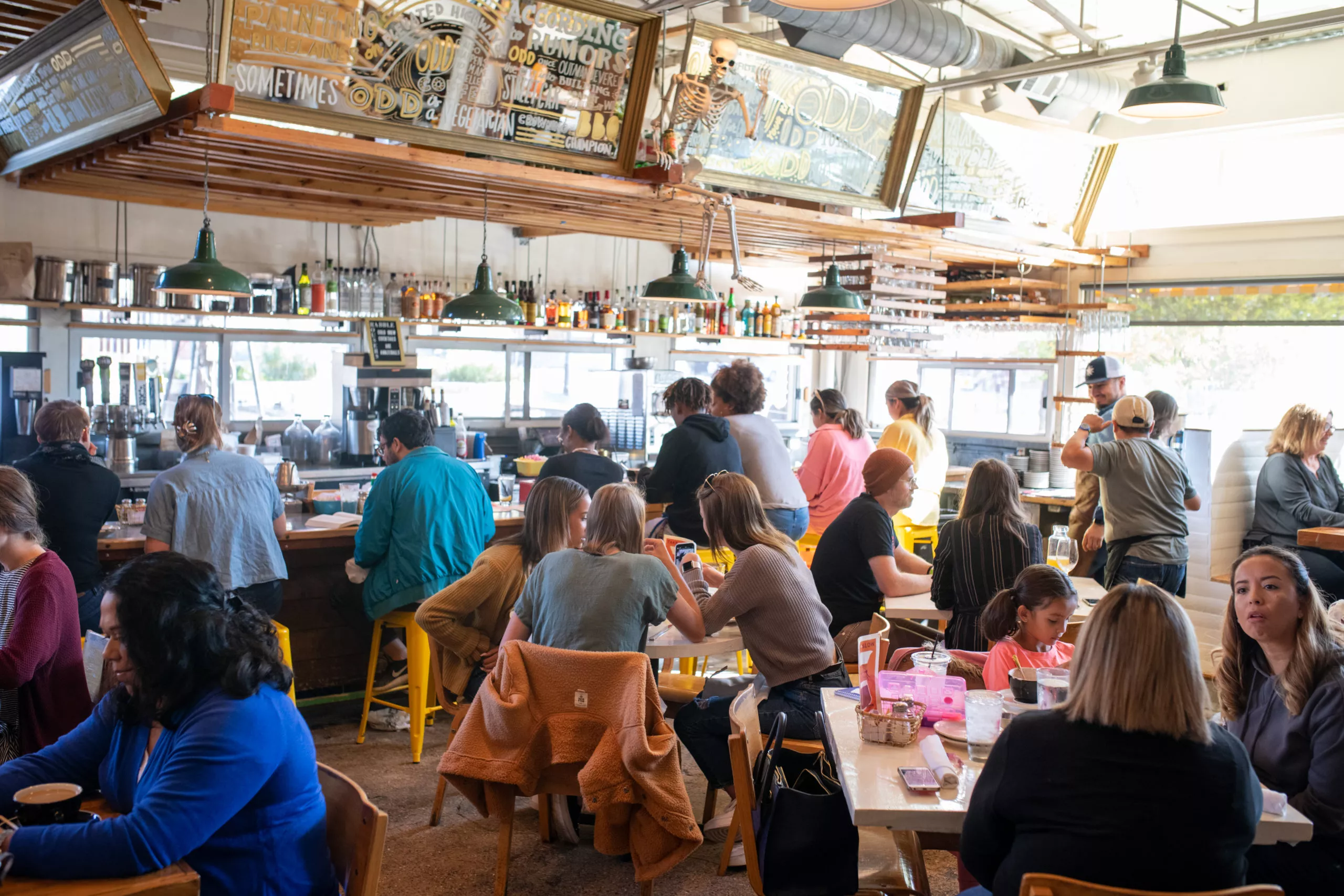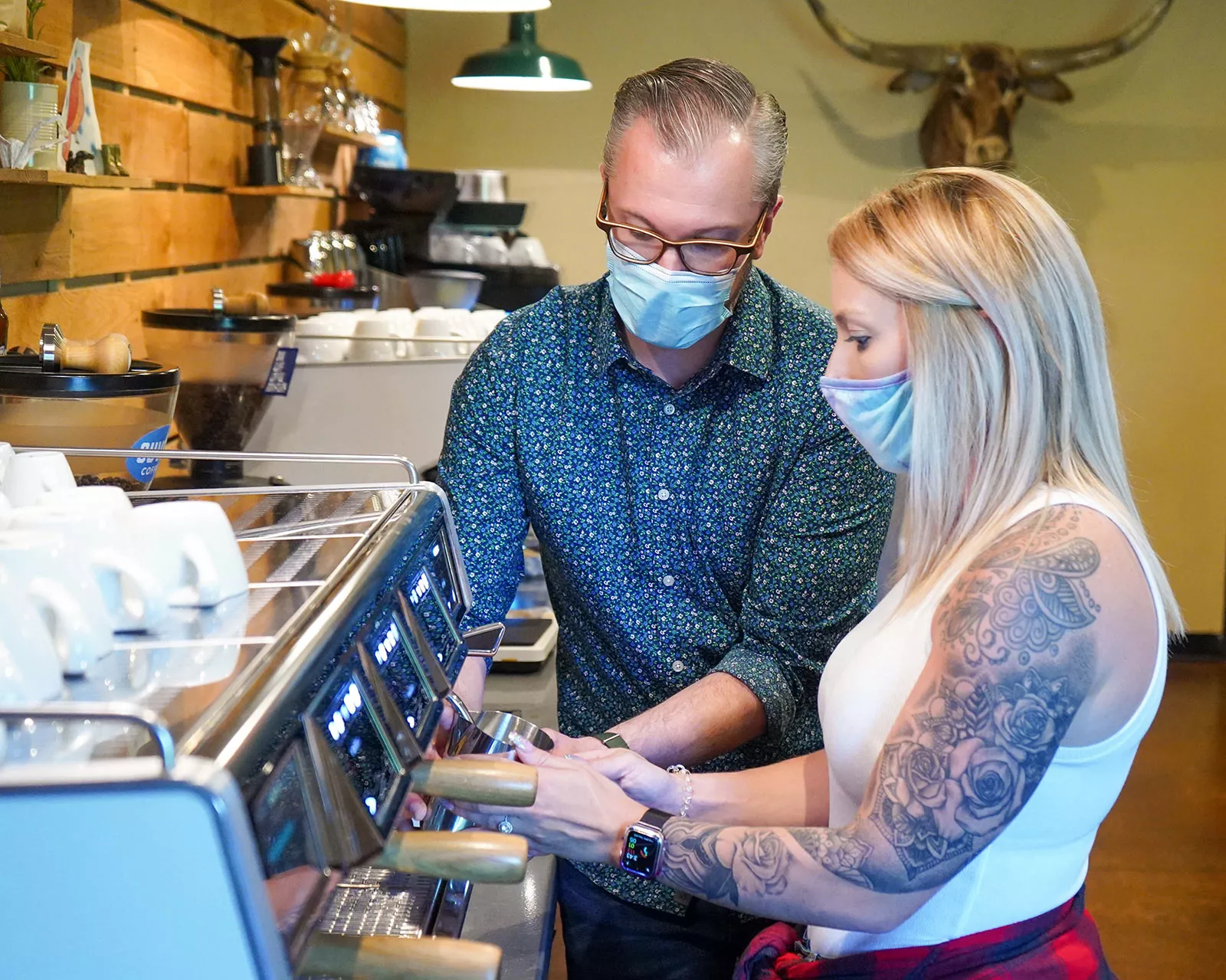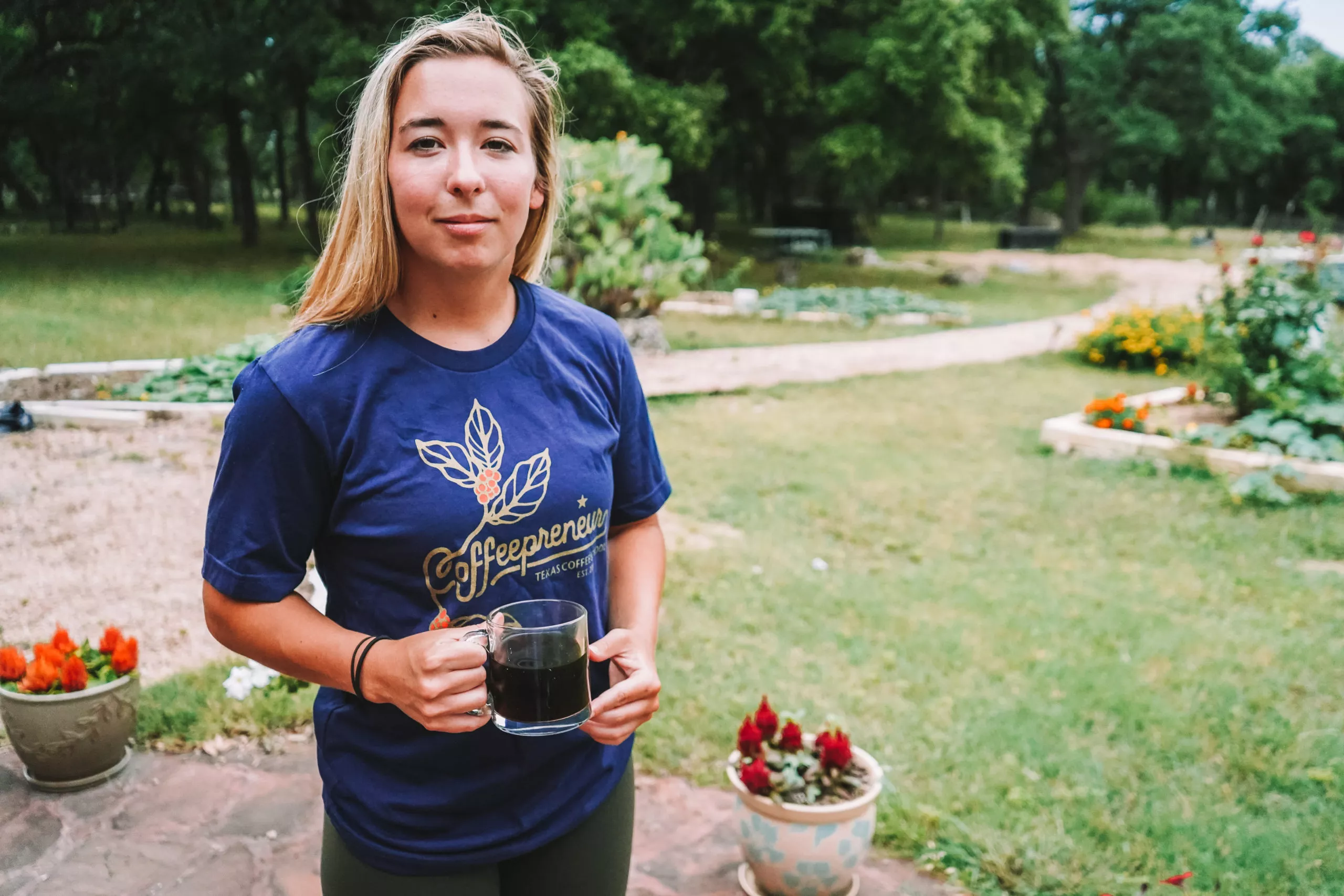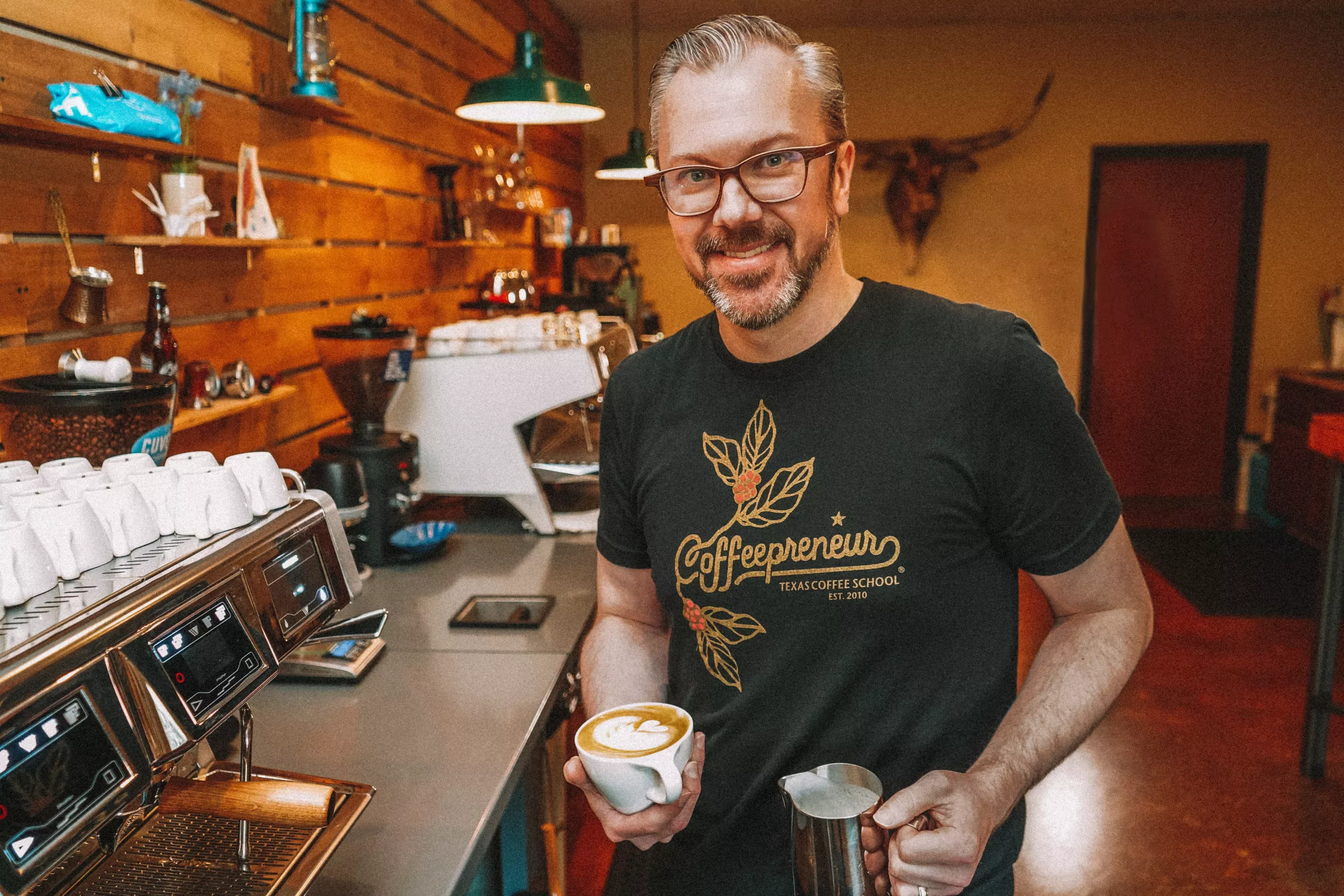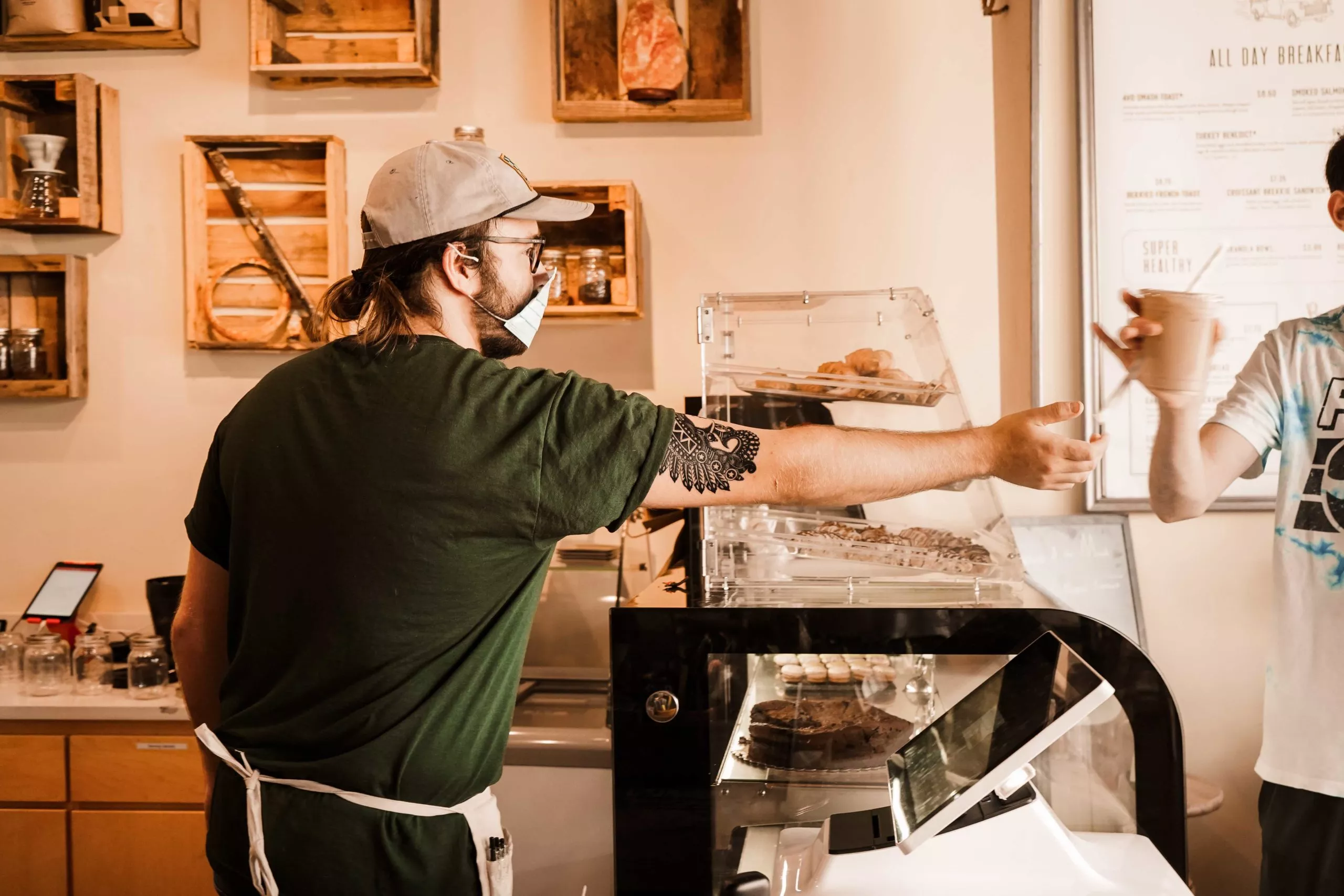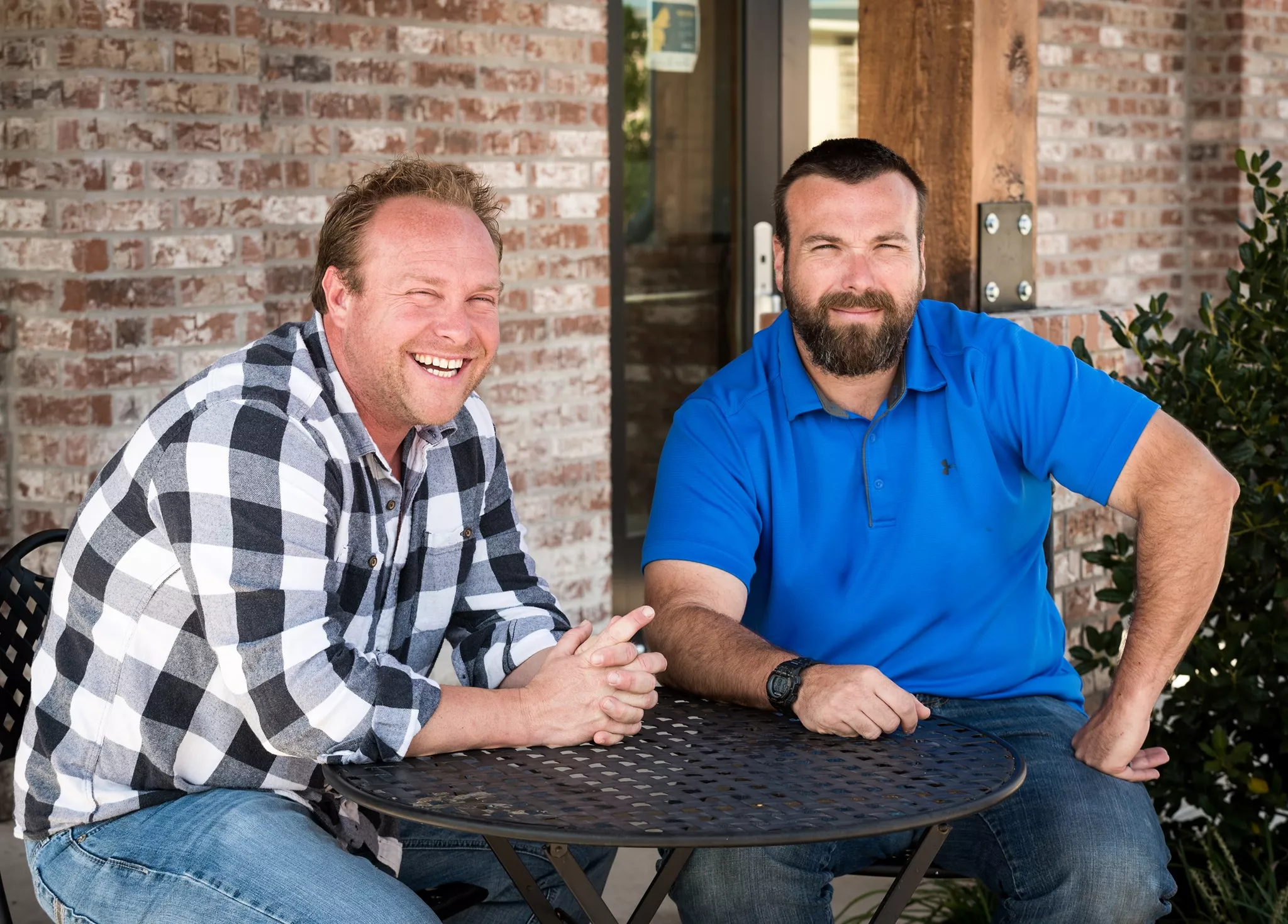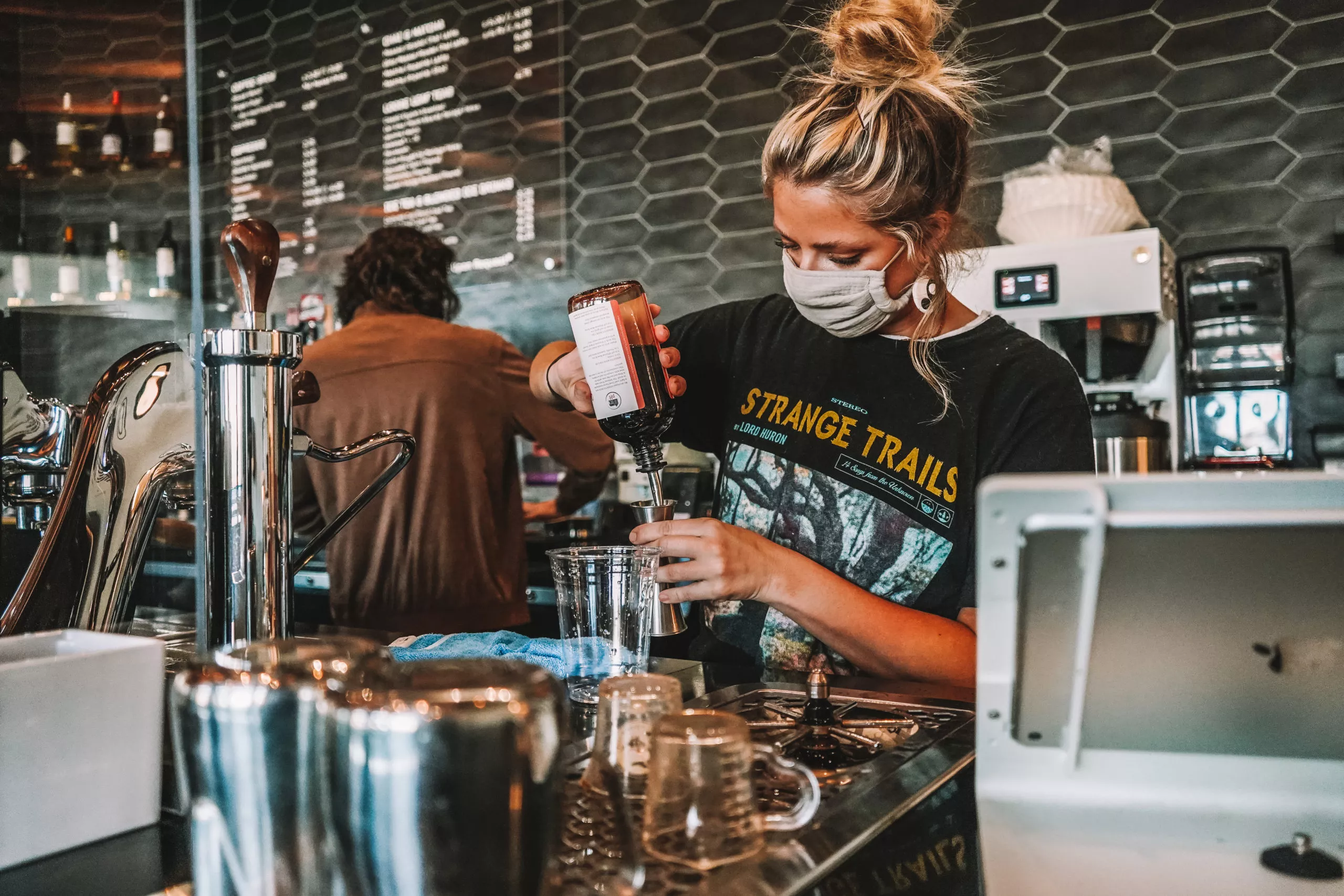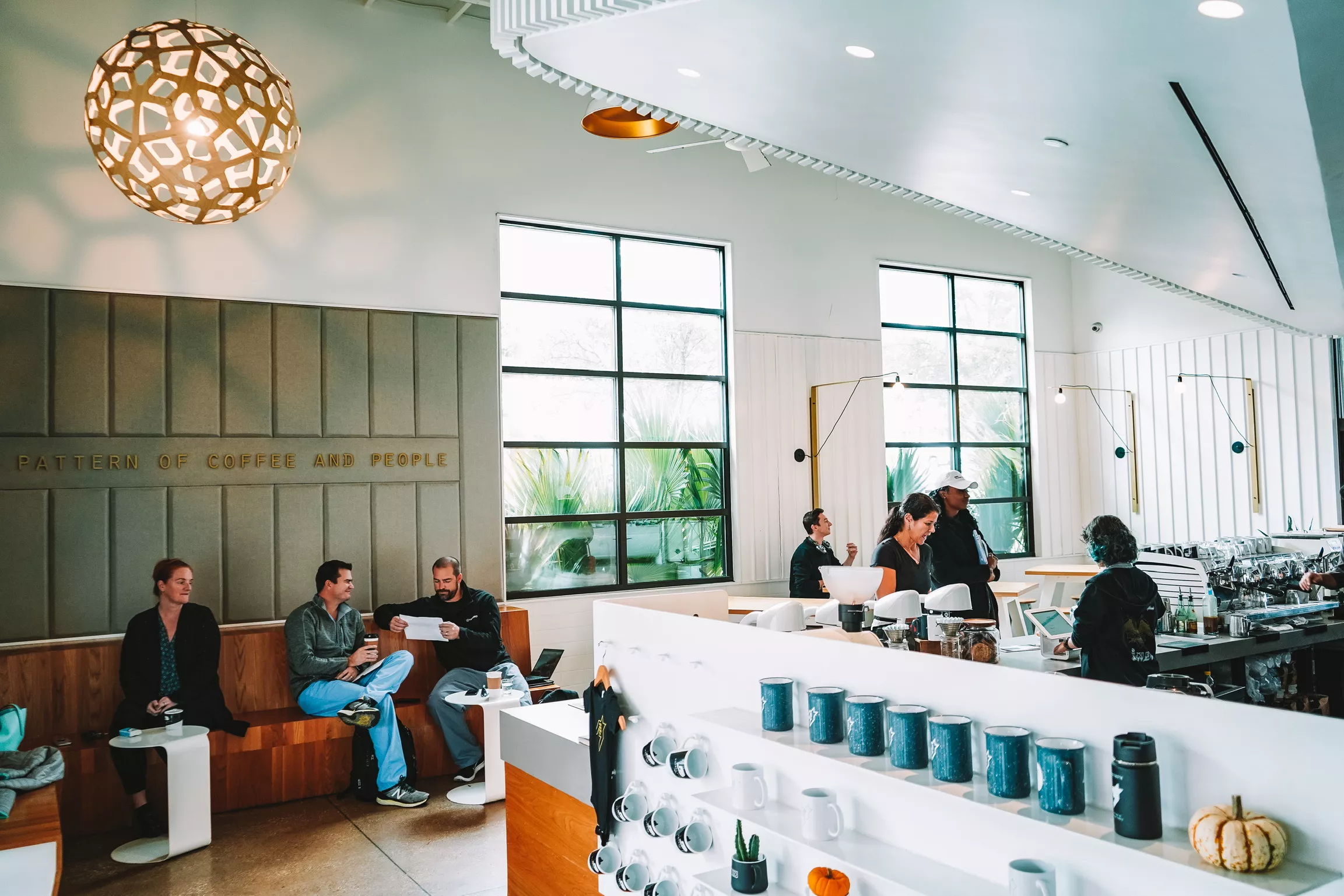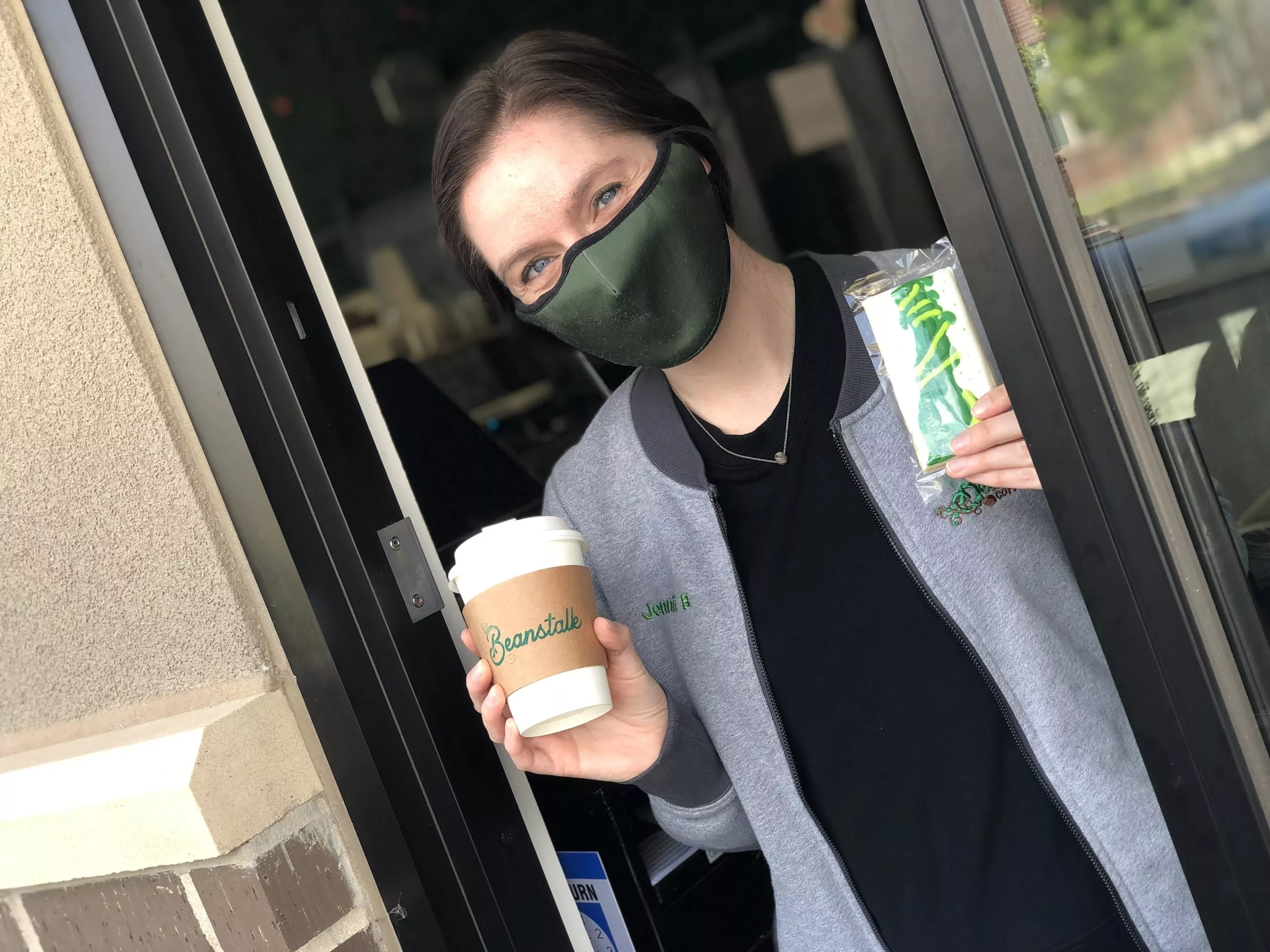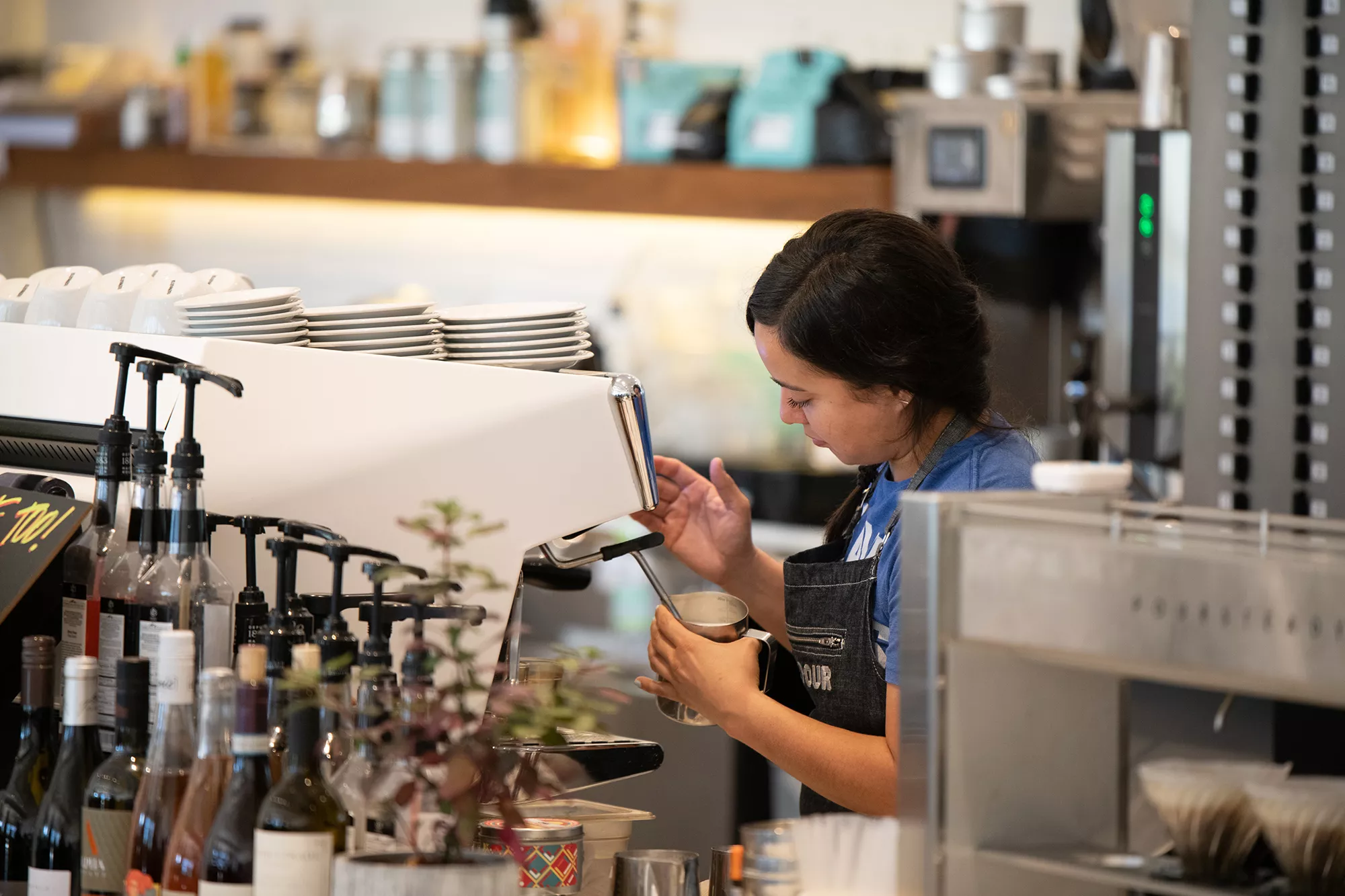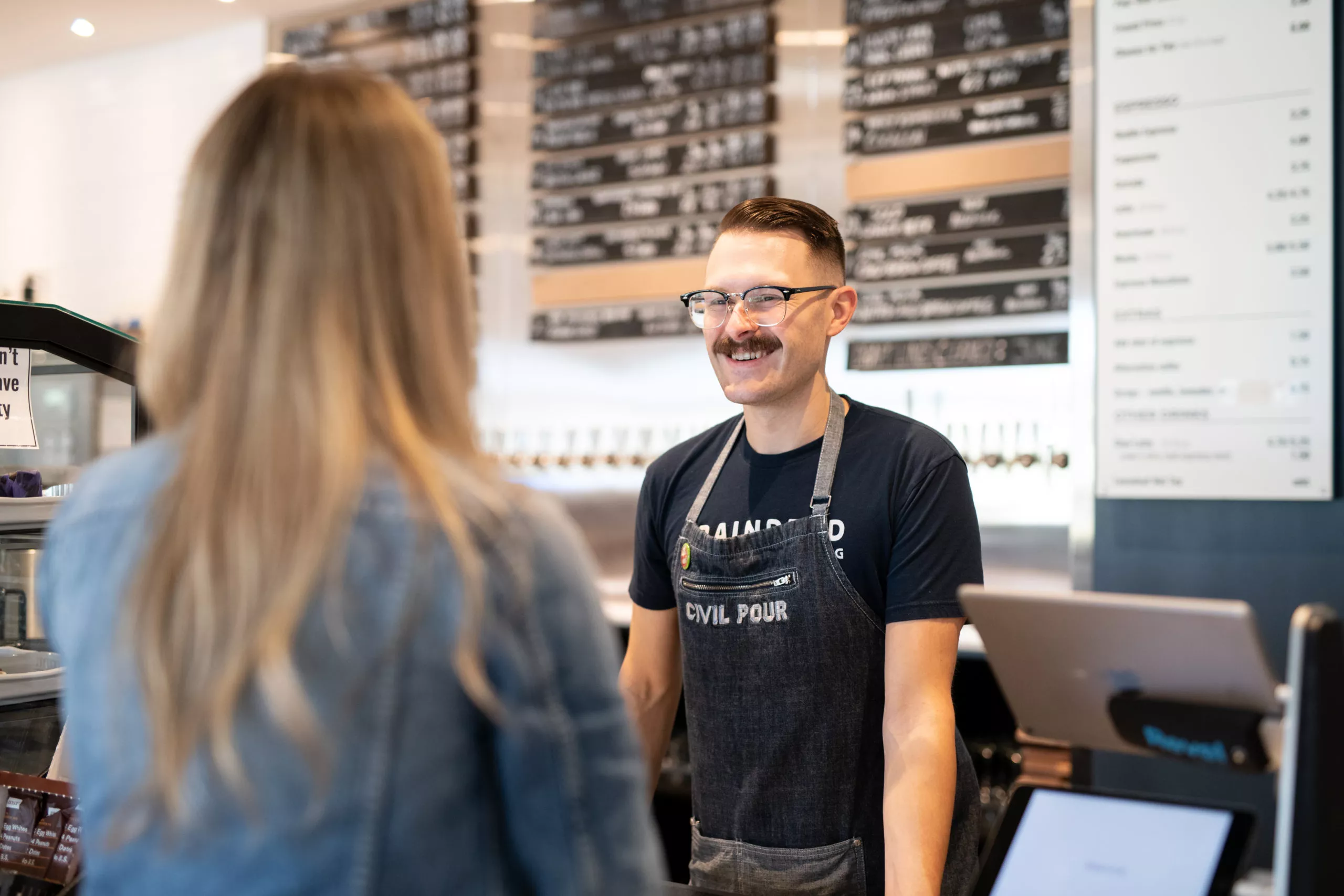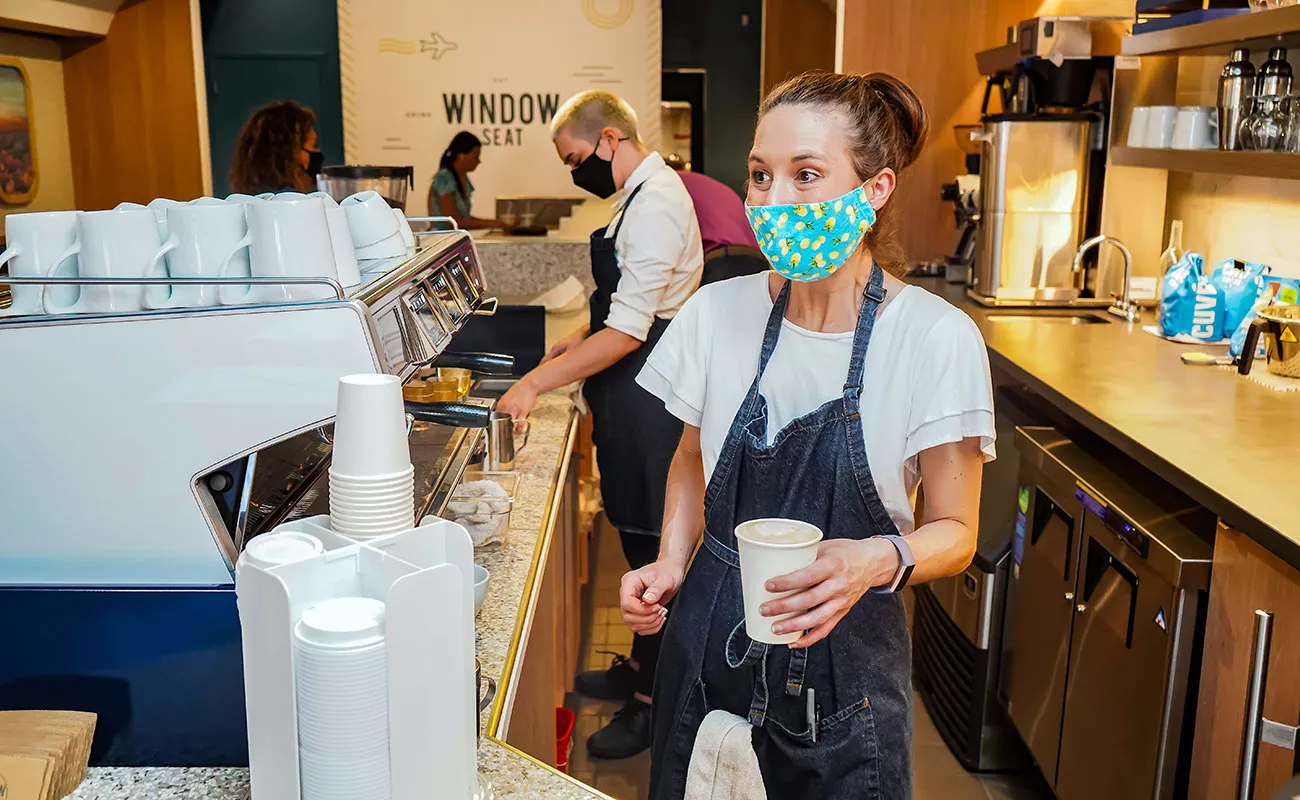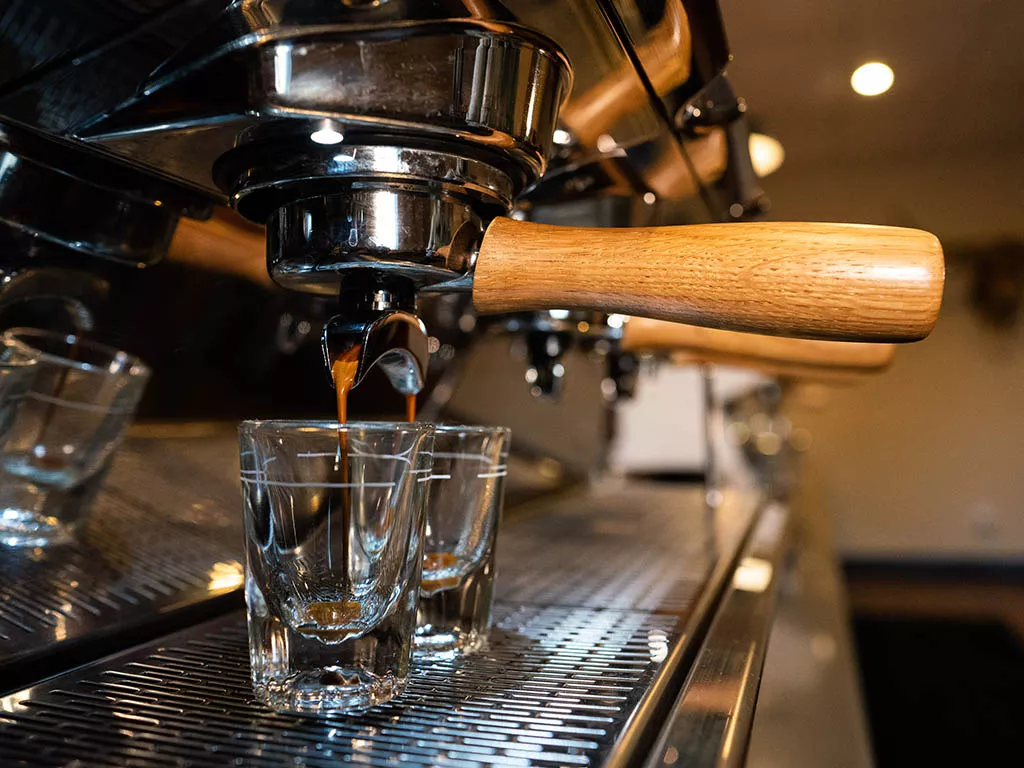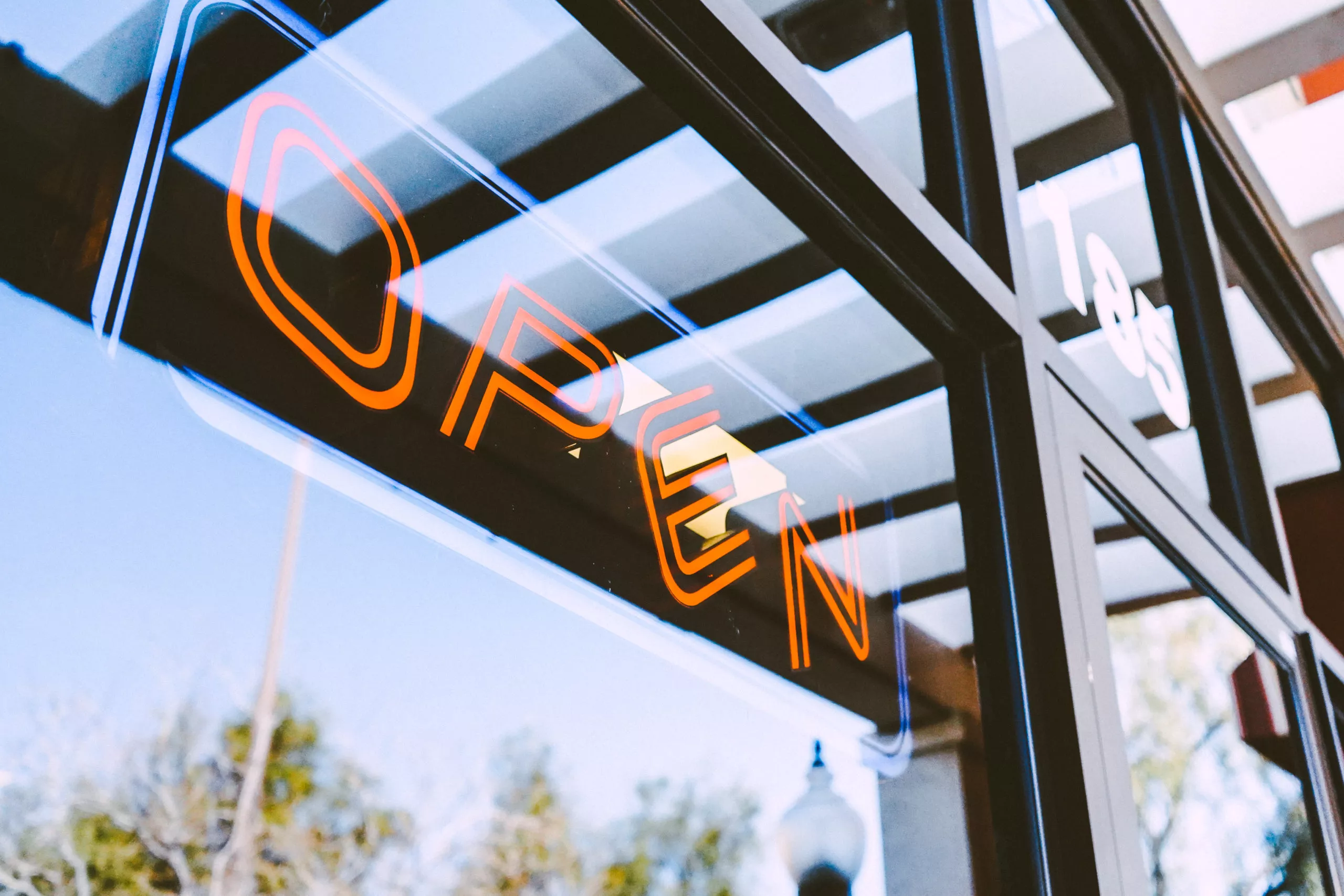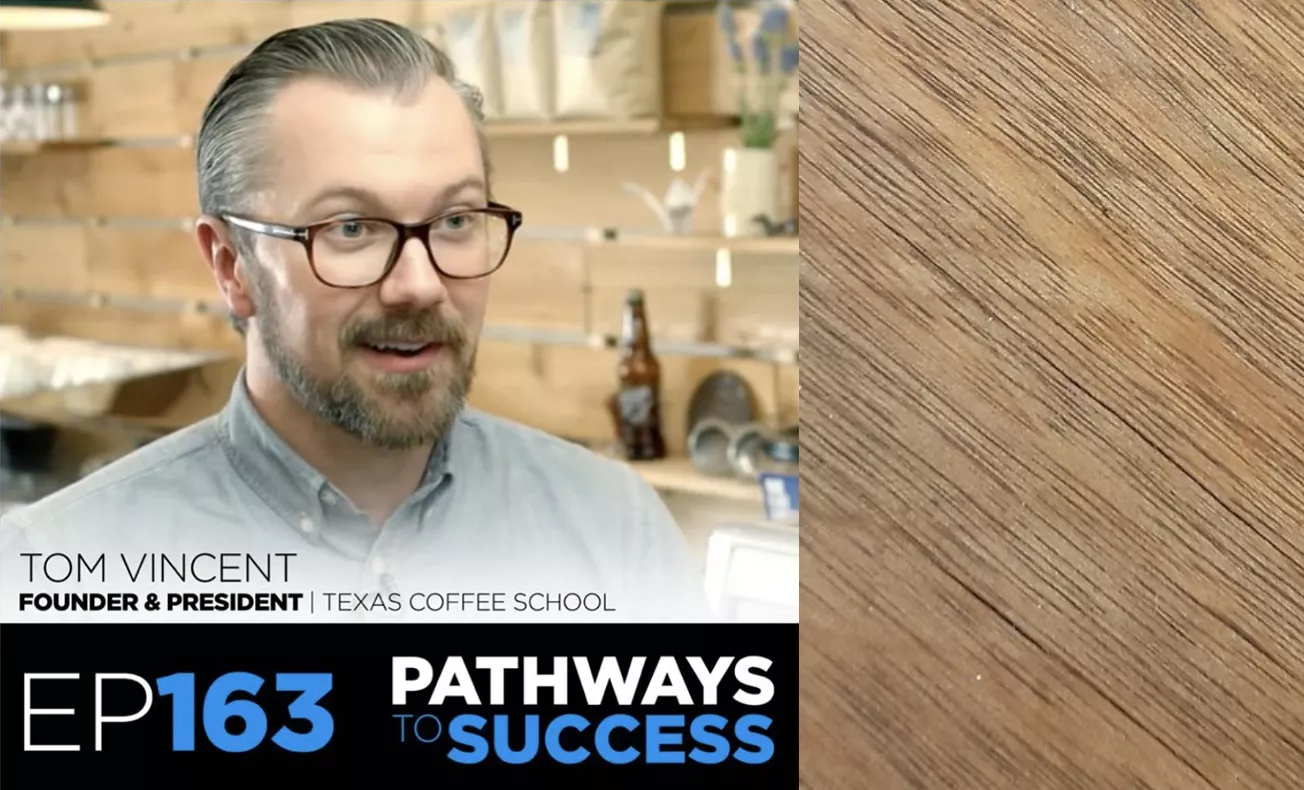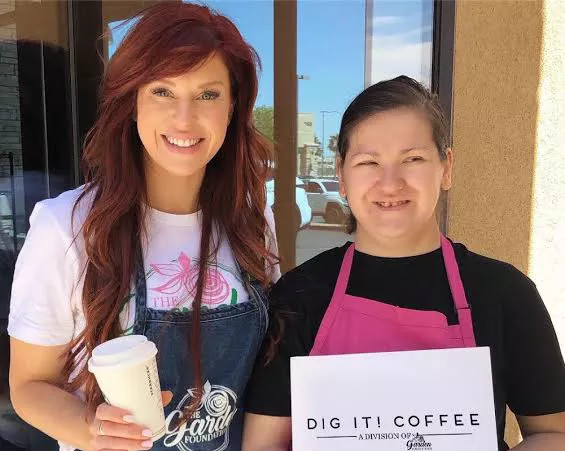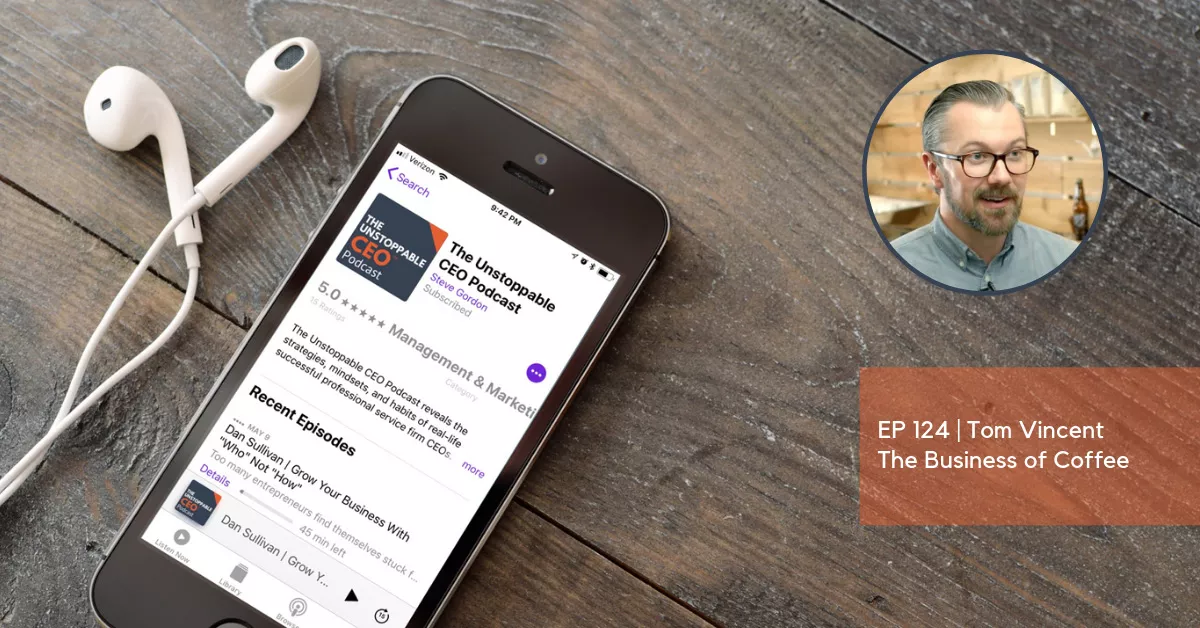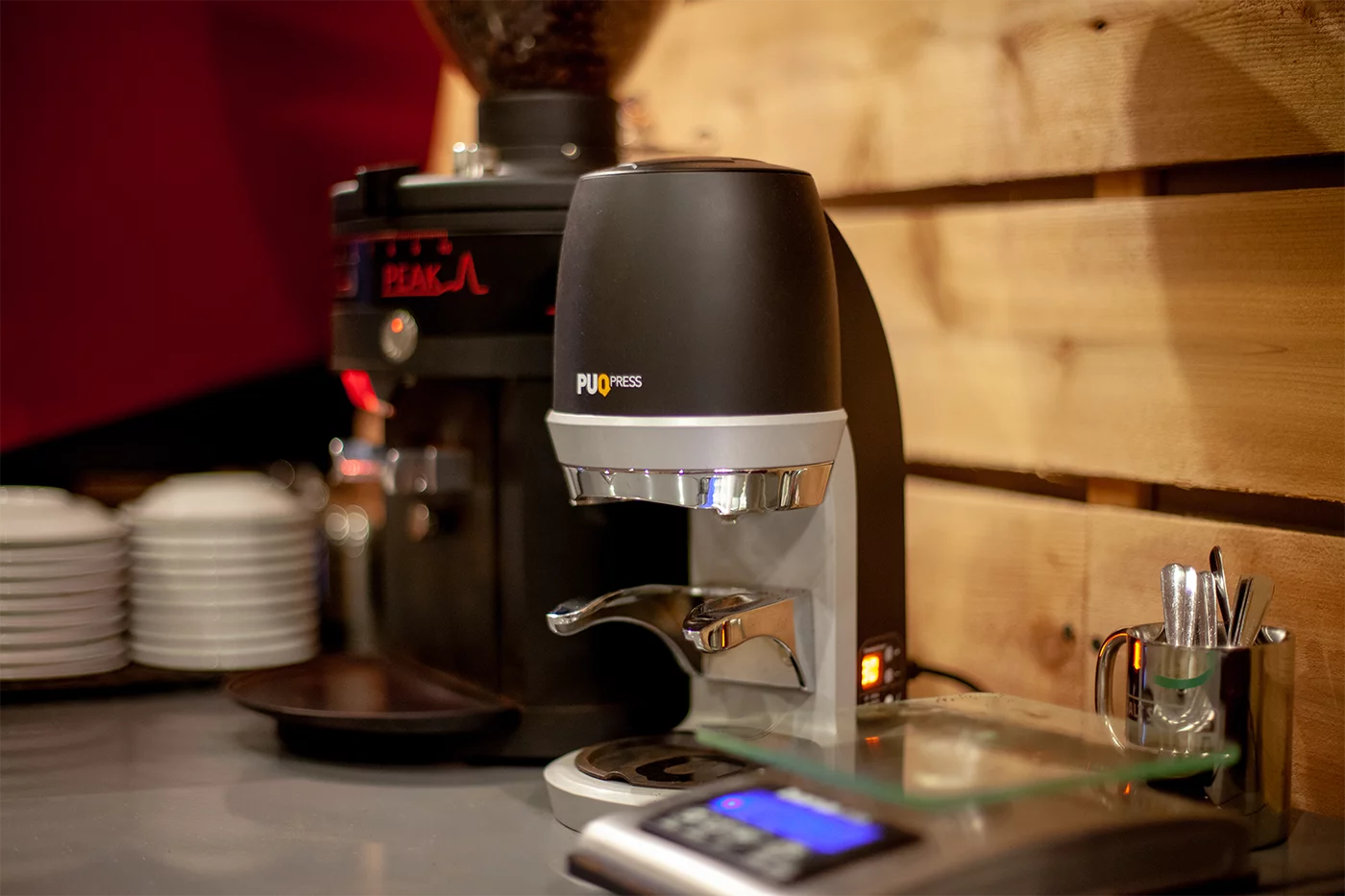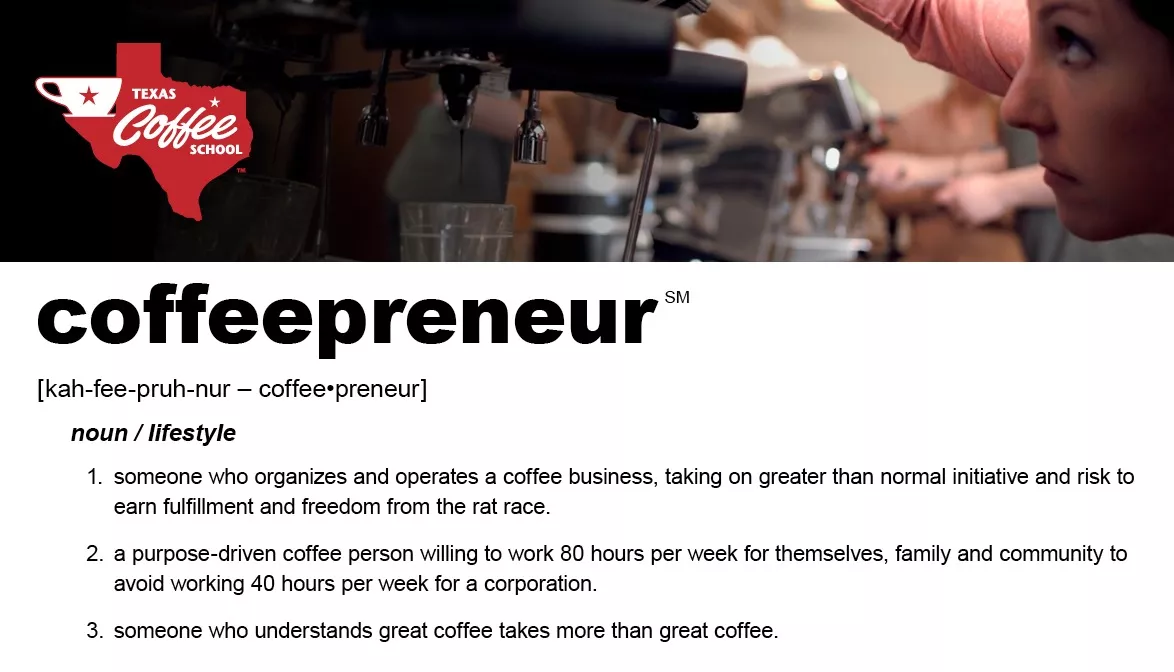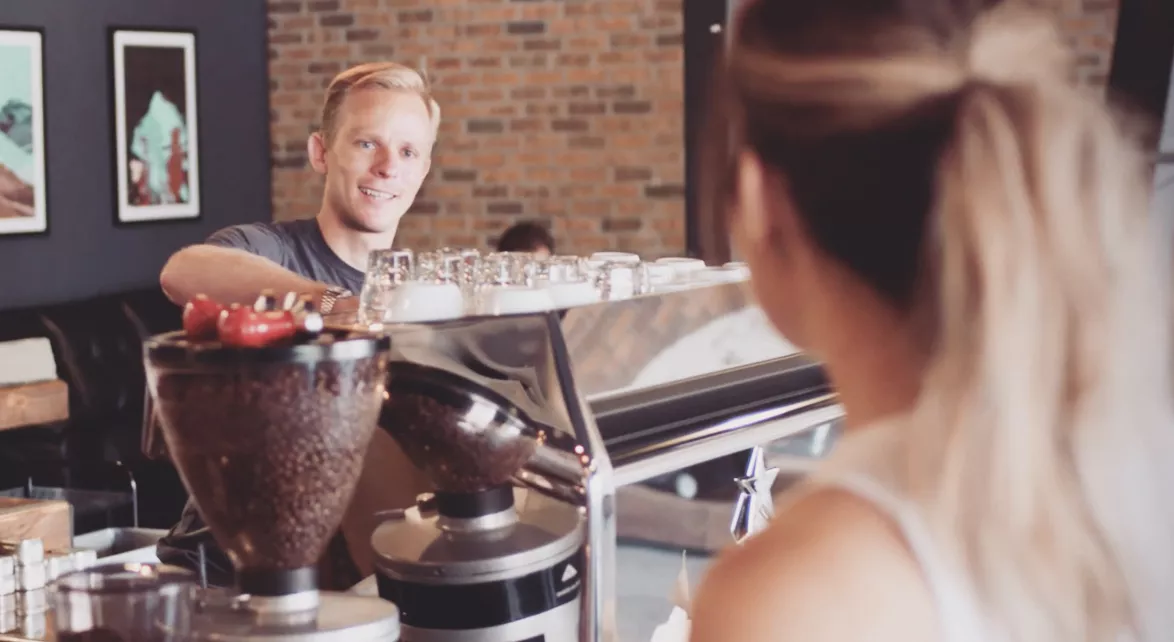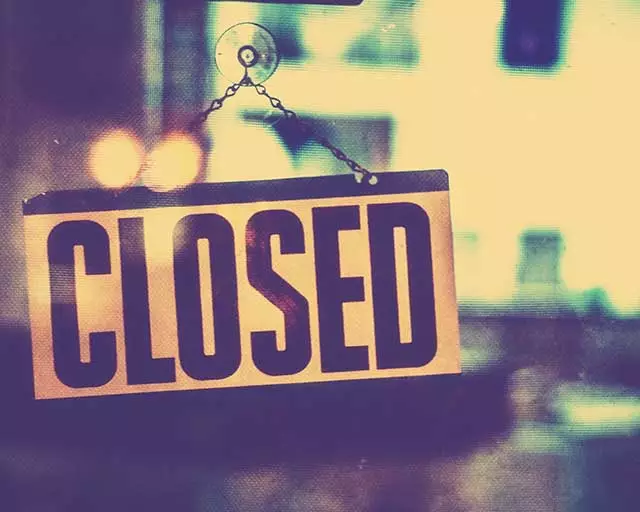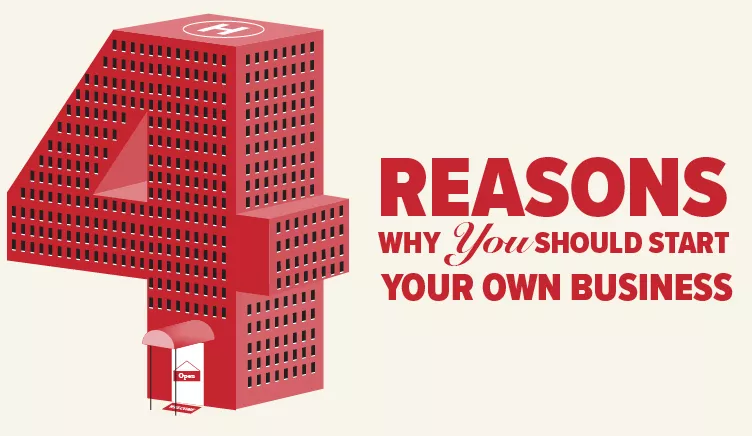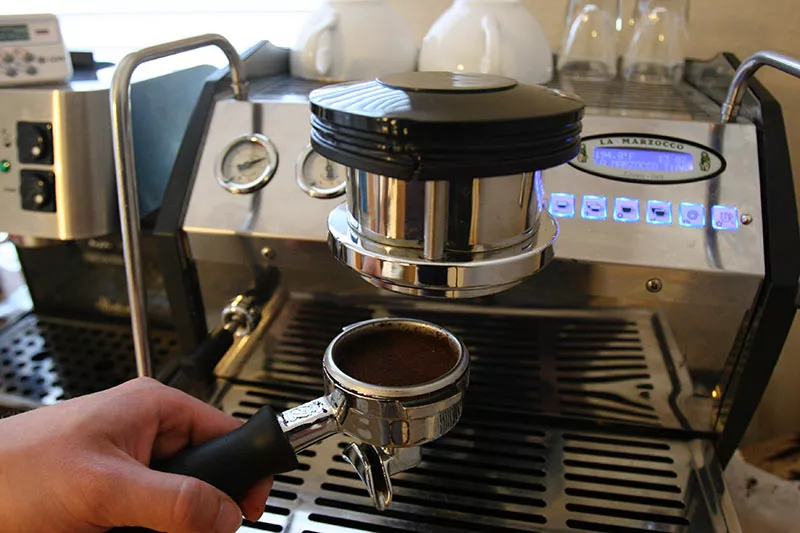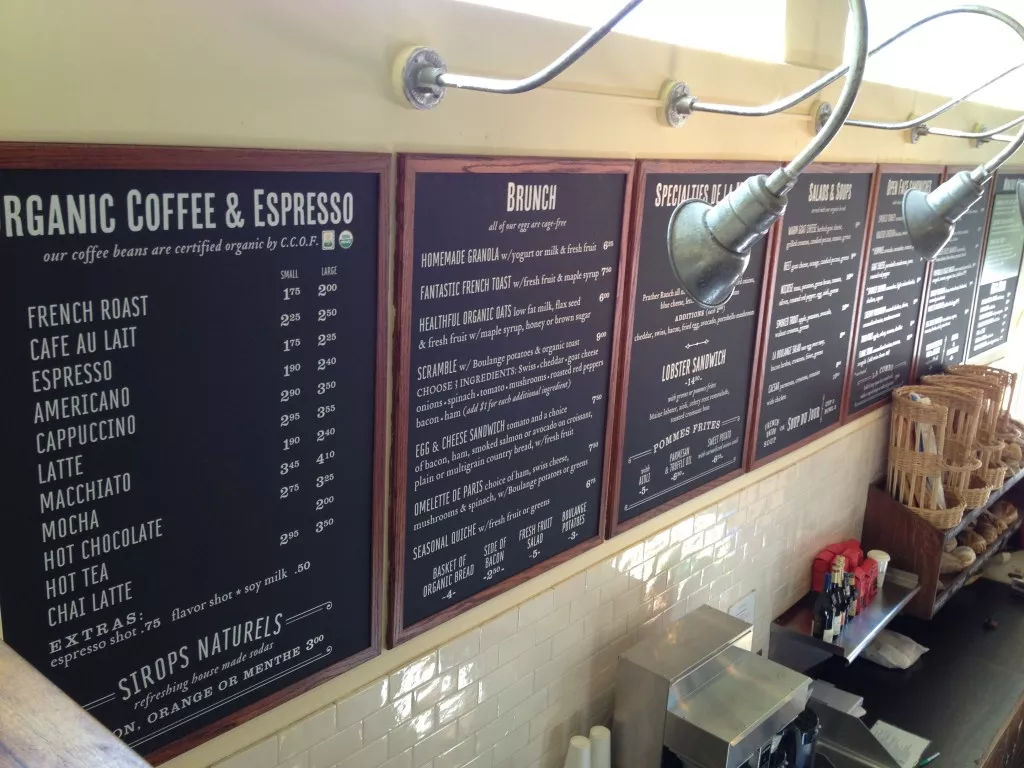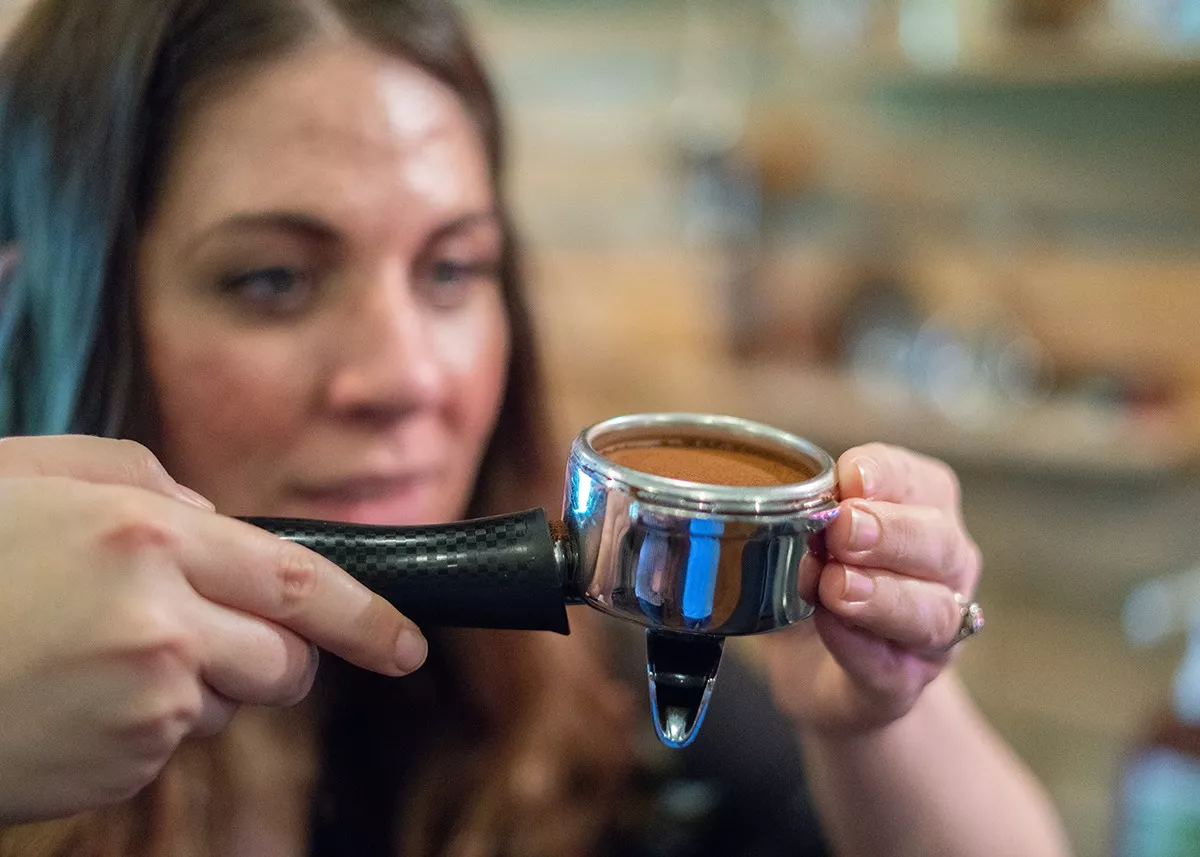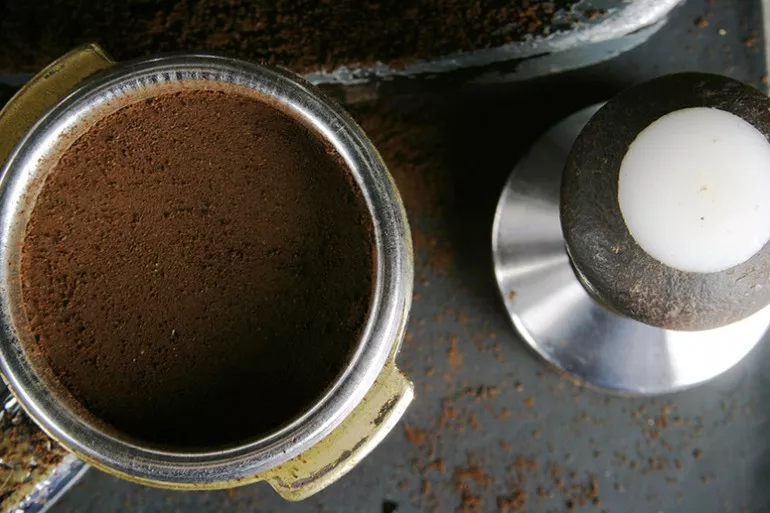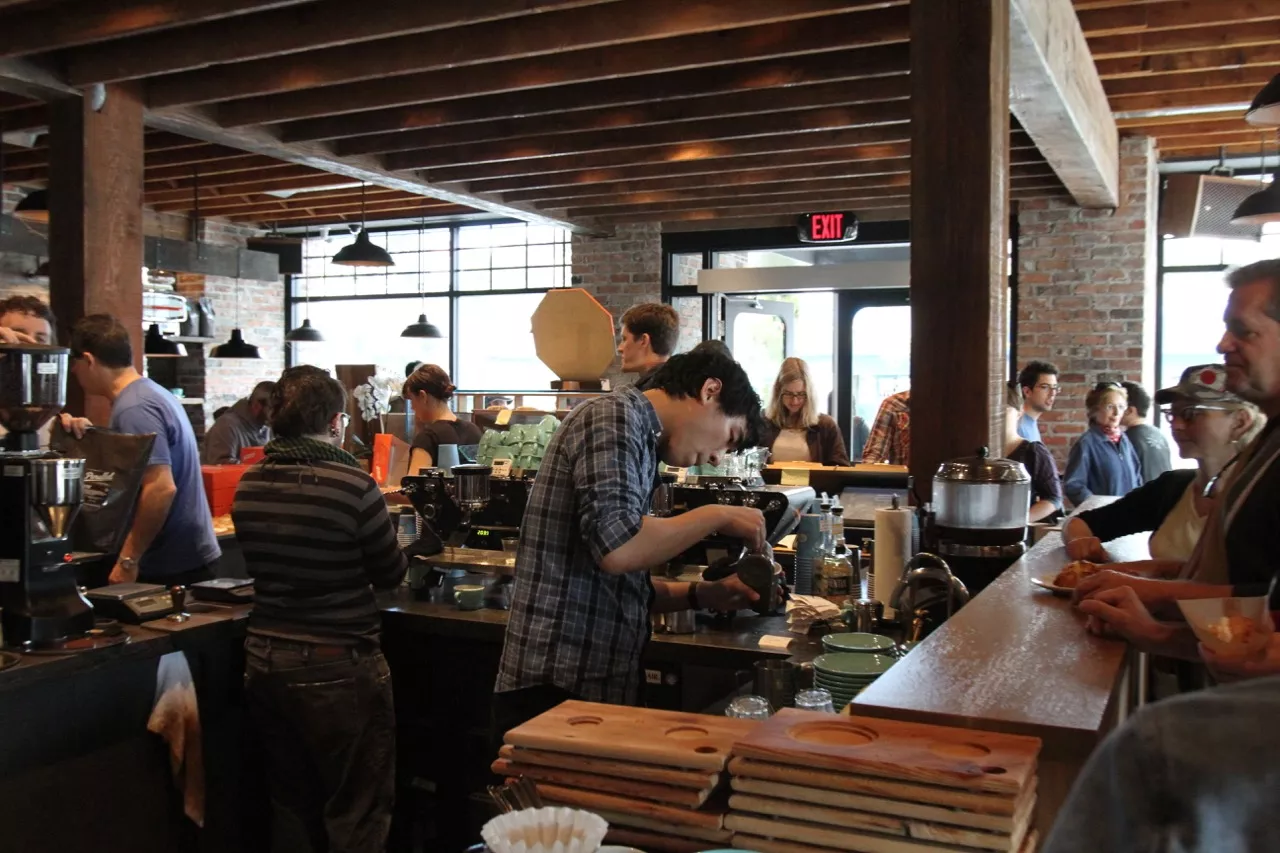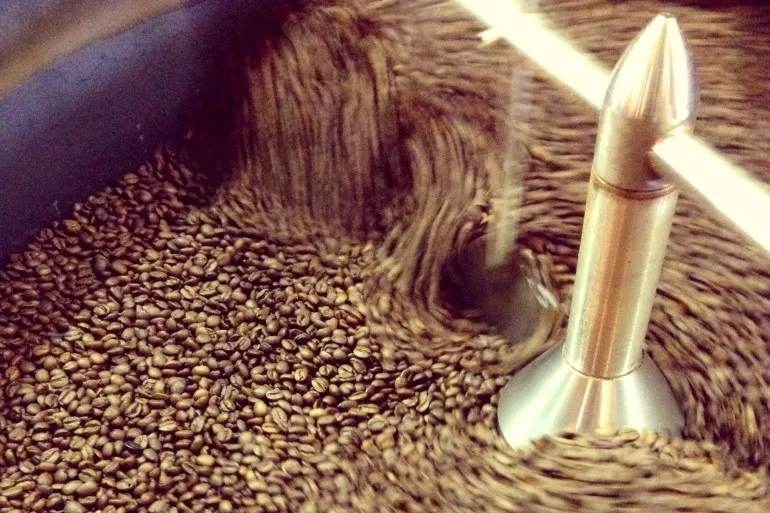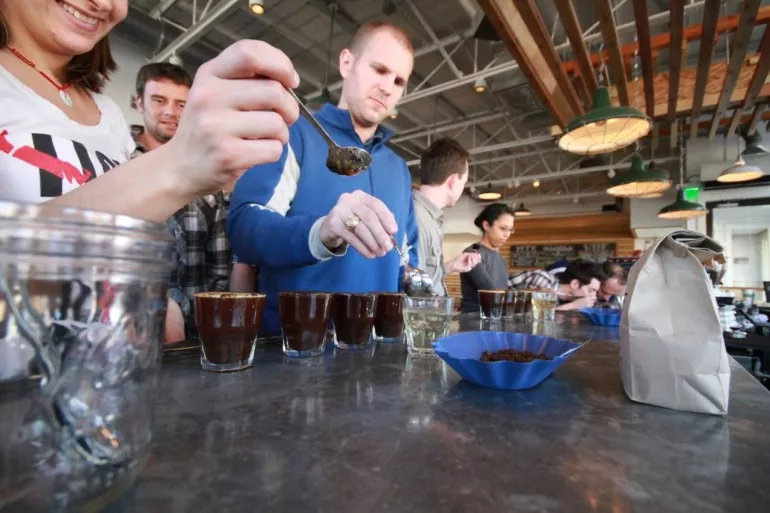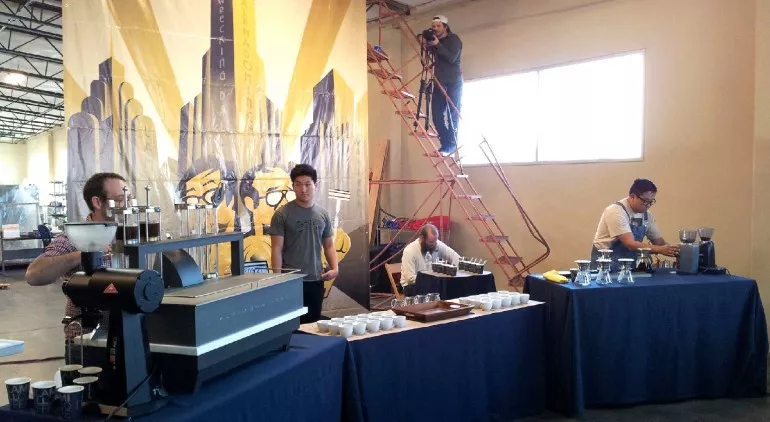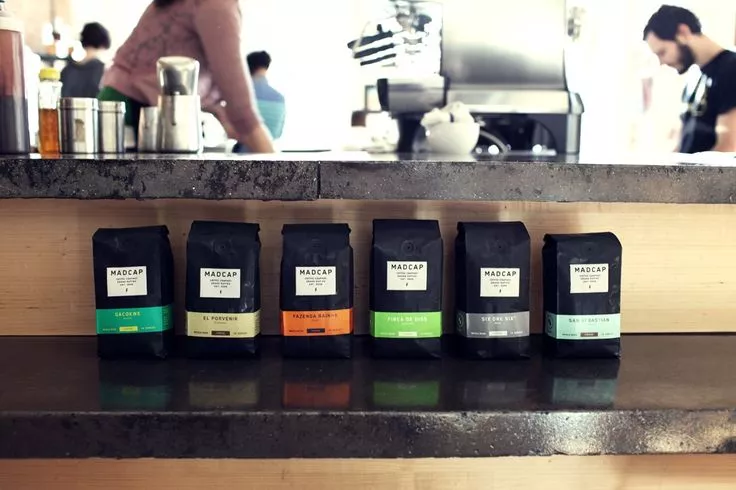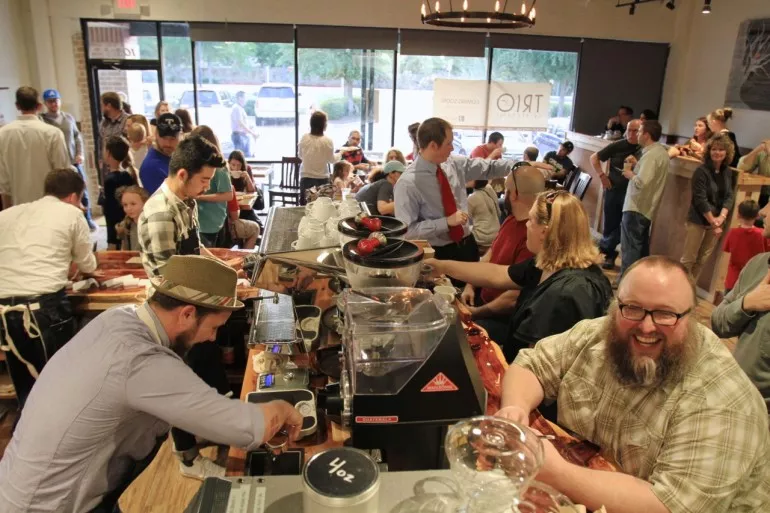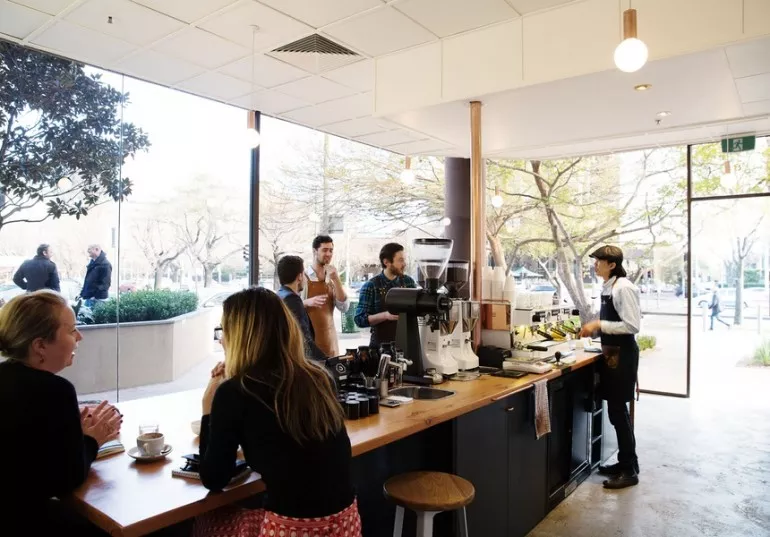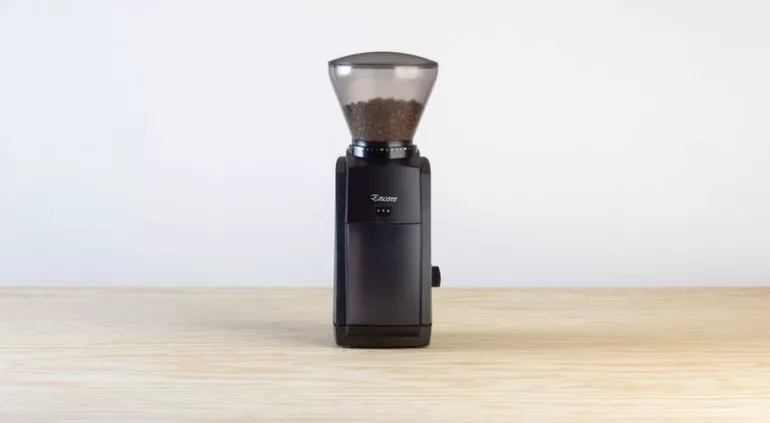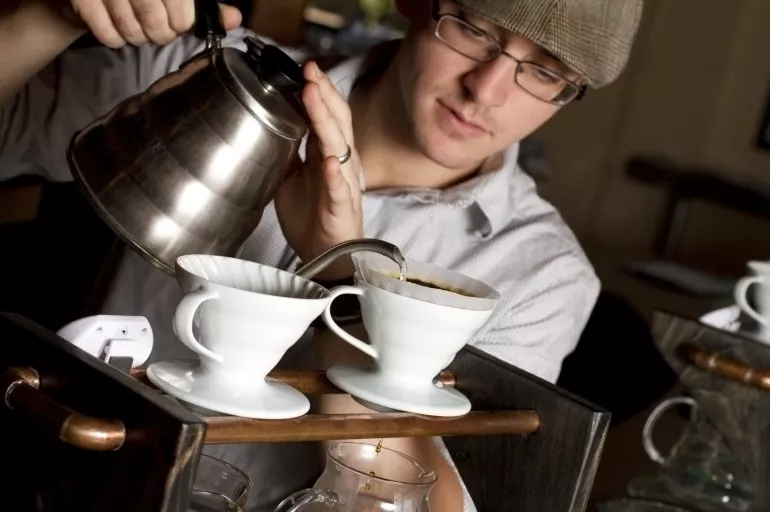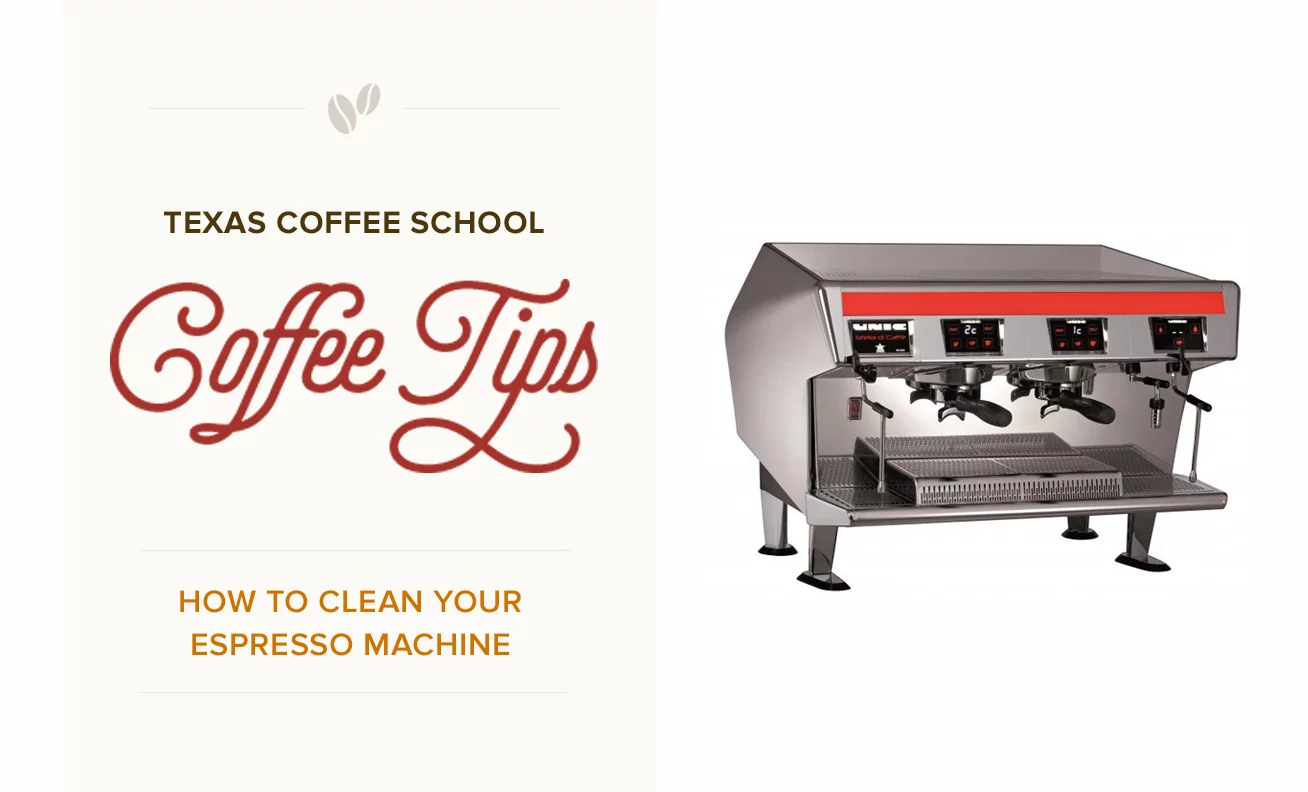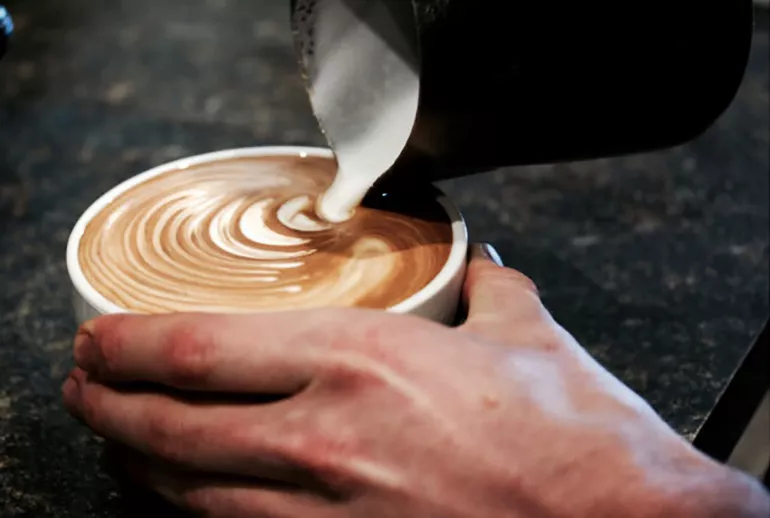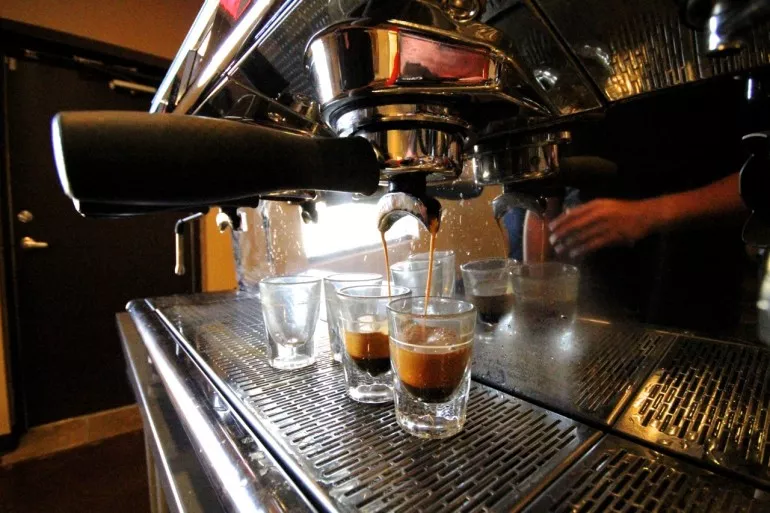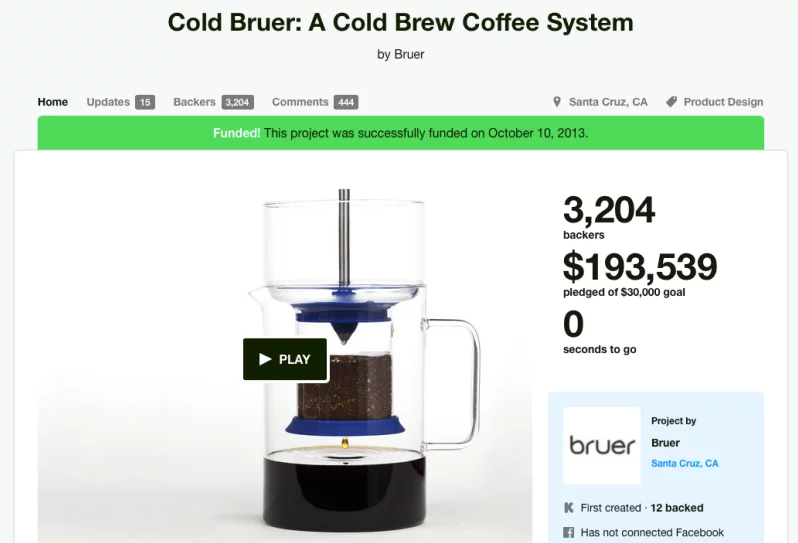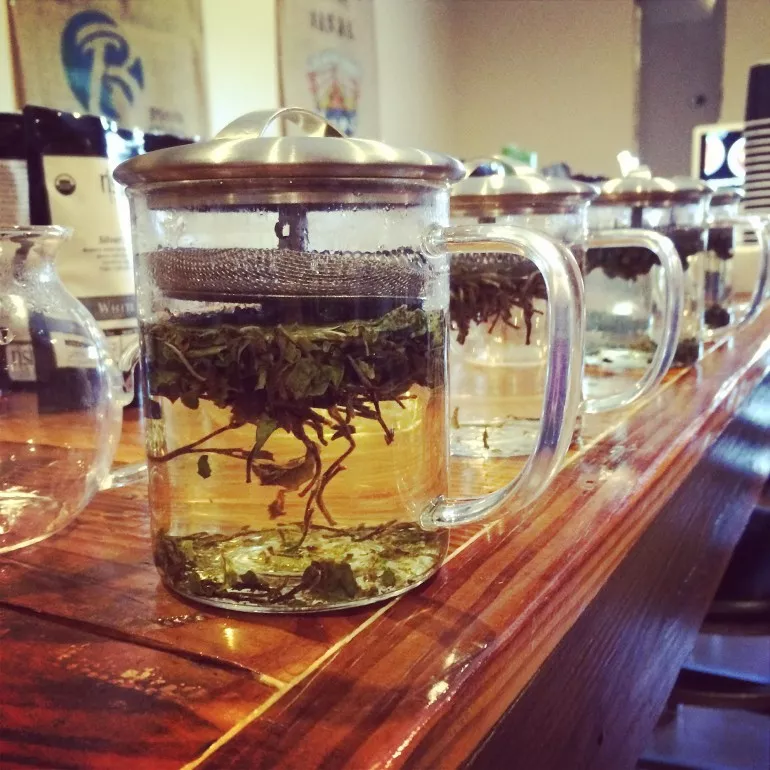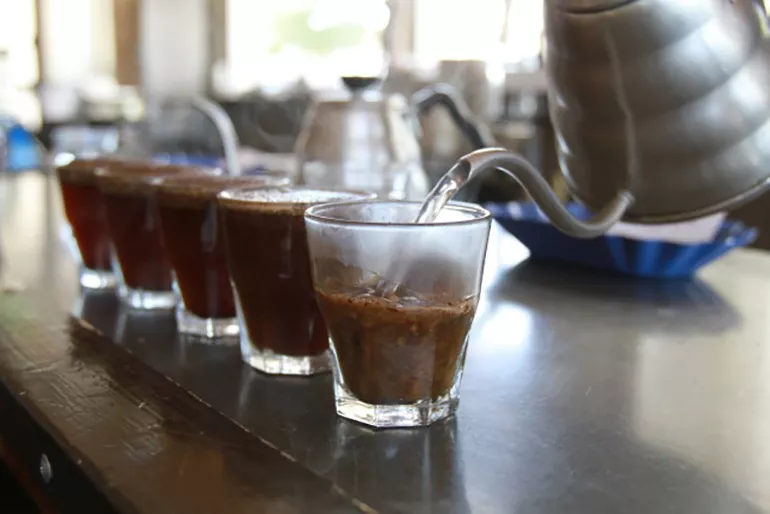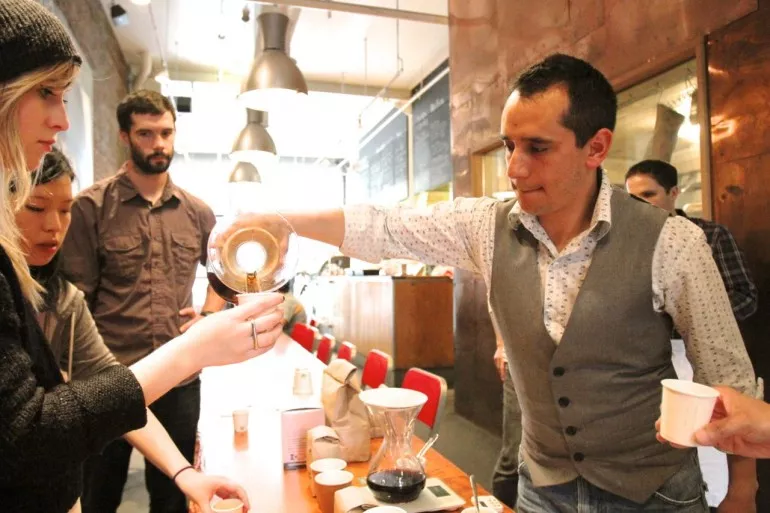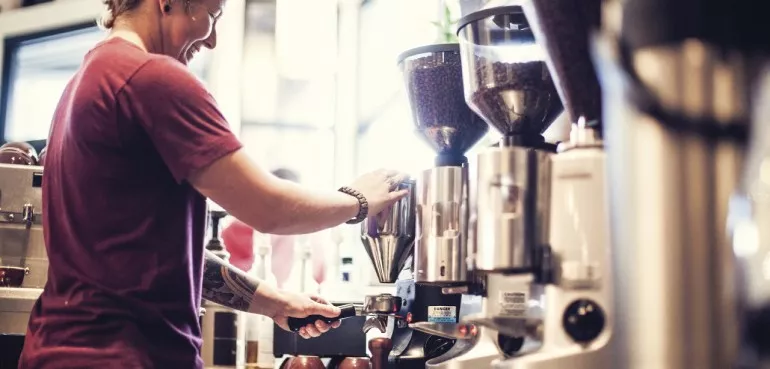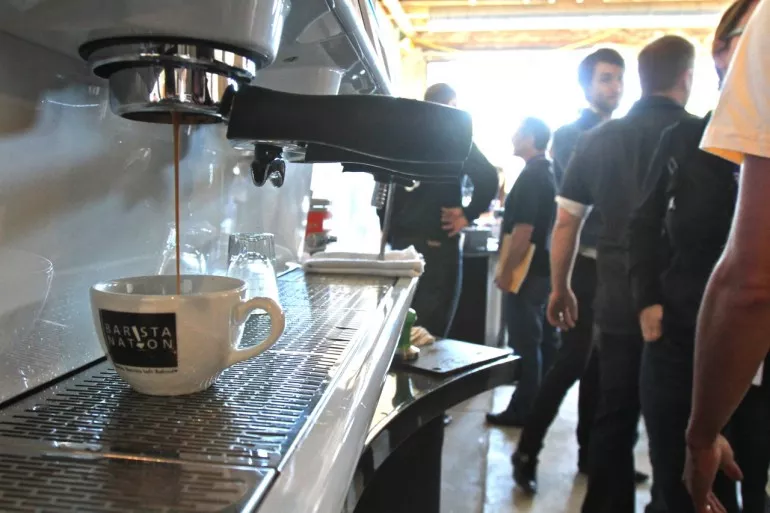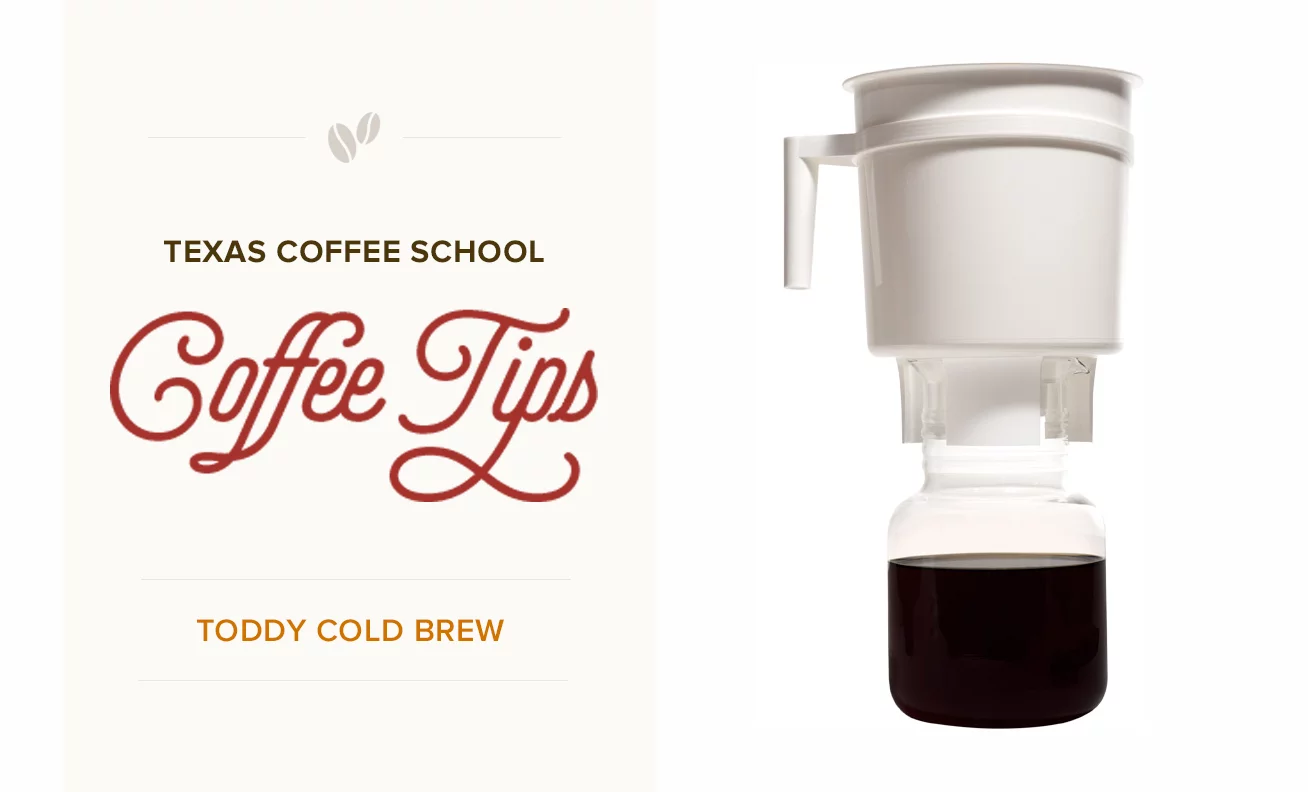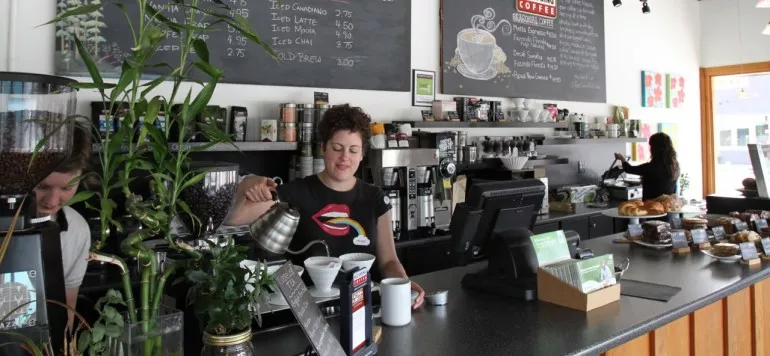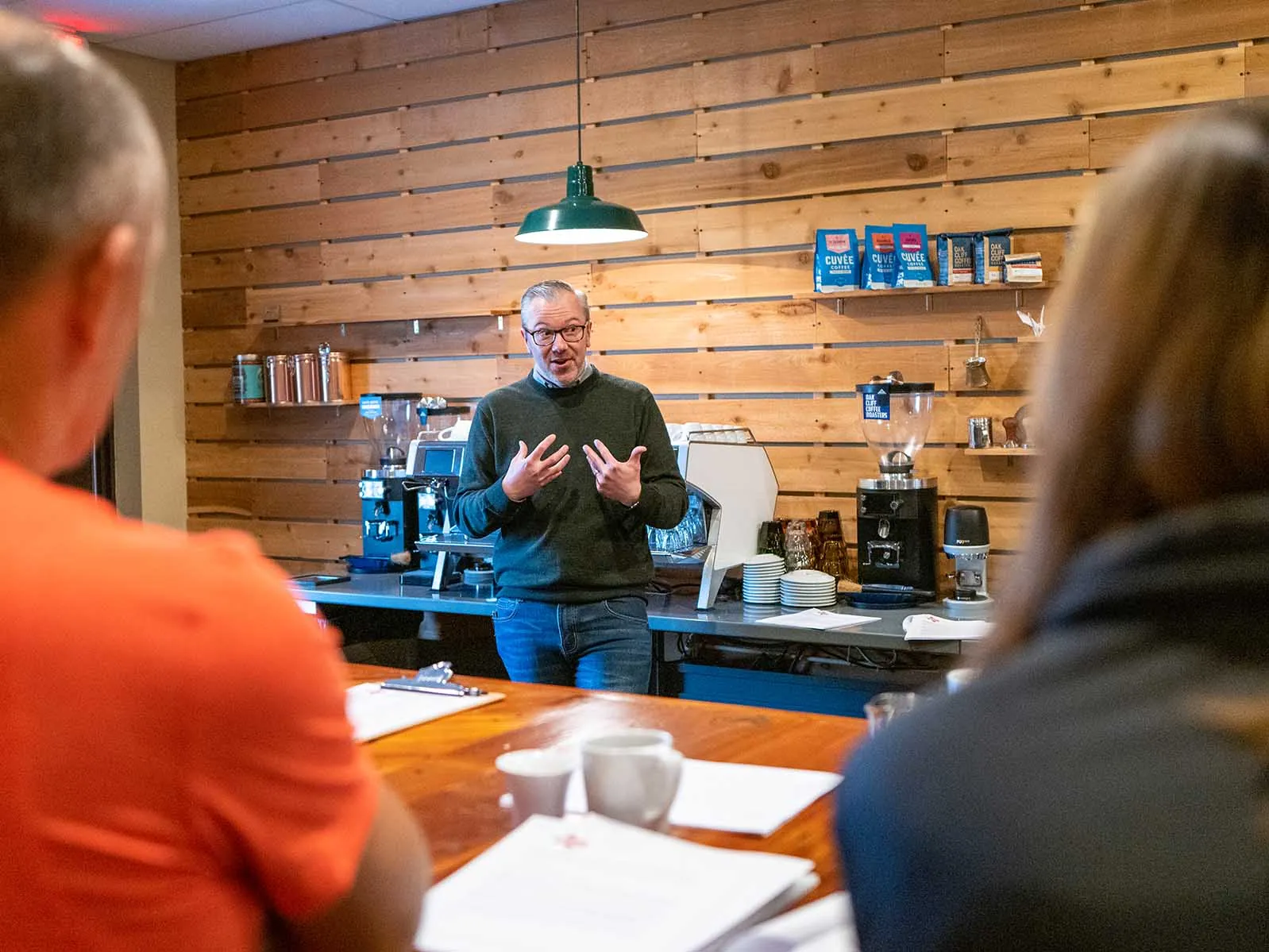
Breaking the Cycle of Coffee Shop Burnout: How to Regain Control and Profitability
Even the best-intentioned coffee shop owners experience burnout when they’re caught in the cycle of chaos. They find themselves buried in daily tasks, working shifts behind the bar because staff aren’t trained, schedules are unpredictable, and systems don’t exist. Business ownership can feel like a dream come true, until it doesn’t.
Burnout isn’t a reflection of passion or skill; it’s a sign that the systems in place (or lack thereof) aren’t supporting the business. For owners feeling this pressure, working harder rarely solves the problem. What’s needed is clarity, structure, and a roadmap for running the shop efficiently and profitably.
In this article, we break down some of the root causes of burnout–along with how we solve them.
Want a deeper dive in implementing these systems? Attend our Coffee Shop Operations Master Class.
Why Coffee Shop Owners Burn Out
Even thriving coffee shops can fall into the burnout trap. Many owners find themselves doing everything: making drinks, handling customer complaints, training staff, ordering inventory, and managing finances. Without structure, it’s easy to get stuck in reactive mode, where the day-to-day fires dictate your schedule.
“Many owners come to us after their shop is already open,” says Tom Vincent, founder of Texas Coffee School. “They have a brand and a menu in place, but margins are thin, staff turnover is high, and they’re stuck working bar shifts instead of growing the business.”
This cycle leaves owners exhausted, stressed, and unsure how to move forward. Passion alone can’t fix a business that lacks clarity, accountability, and systems.
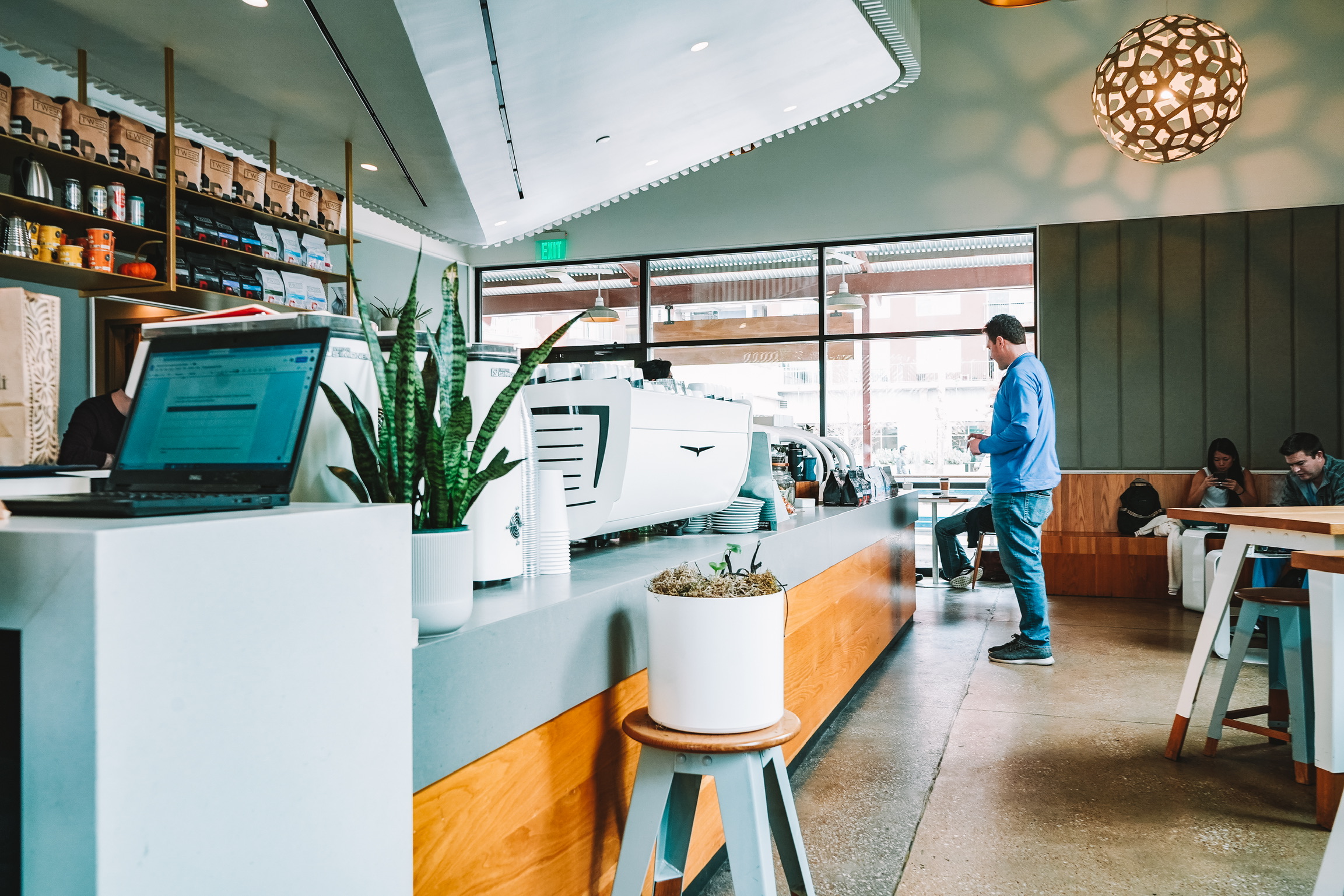
Where Money and Time Are Slipping Away
Inefficiencies in daily operations often drain profits quietly. Overstaffing during slow periods, wasteful ordering, or menu items that are popular but unprofitable can all add up.
“Most owners are so buried in the day-to-day that they don’t see where the money is going,” Tom explains. “We walk them through simple processes to uncover those drains, and suddenly they realize they’ve been leaving thousands of dollars on the table.”
One of the most effective ways to spot these issues is by tracking Key Performance Indicators (KPIs). Metrics give owners clarity on where money is being lost and where improvements can be made. Critical KPIs for coffee shops include:
- Waste: Track inventory weekly to catch spoilage, overuse, or theft. Even small losses add up over time.
- Average Ticket Time: Measure the time from order to service. Efficient workflows allow more customers to be served while maintaining quality.
- Labor Costs: Compare hourly labor spending against actual sales. Aim to keep labor (including taxes) around 30% of revenue while aligning staffing with demand.
- Cost of Goods Sold (COGS): Track ingredient and production costs, including waste and theft, to ensure menu pricing protects your margins.
- Menu Performance: Monitor which items are profitable and popular, and make data-driven decisions on seasonal or underperforming items.
- Overall Profitability: Regularly review daily, weekly, and monthly sales against expenses to see your true profit.
By measuring these KPIs, owners can uncover inefficiencies that were invisible before and start making improvements immediately.
Shifting From Owner-Driven to Systems-Driven
Burnout often comes from trying to do everything yourself. Our coffee business courses teach owners how to transition from an owner-dependent business to a systems-driven operation.
We emphasize:
- Scheduling staff efficiently based on real sales patterns
- Daily, weekly, and monthly routines for inventory, cash handling, and quality control
- Manager training, shift huddles, and performance accountability
- Monitoring KPIs to ensure all aspects of the business are aligned and profitable
“The goal is to create a shop that runs smoothly whether the owner is present or not,” Tom says. “That is the real mark of a systems-driven business.”
With structured systems and actionable metrics, owners can focus on leadership, culture, and growth instead of firefighting daily chaos.
How the Coffee Shop Operations Master Class Helps
Designed for owners who are already open but overwhelmed, the one-day Coffee Shop Operations Master Class (in-person or livestream) equips owners with practical systems and KPIs they can implement immediately.
“What they need is a proven set of operational systems and a clear, practical roadmap they can implement right away—without the cost, complexity, or time commitment of hiring a coffee business consultant,” Tom explains.
Graduates of the class report:
- Clear daily routines built around KPI tracking
- Empowered staff and managers
- Reduced waste, improved workflow, and stronger profitability
- Confidence to step away from the bar while maintaining quality and culture
The result is a coffee shop that runs efficiently, profitably, and sustainably, giving owners the freedom to focus on growth—or even just to breathe.
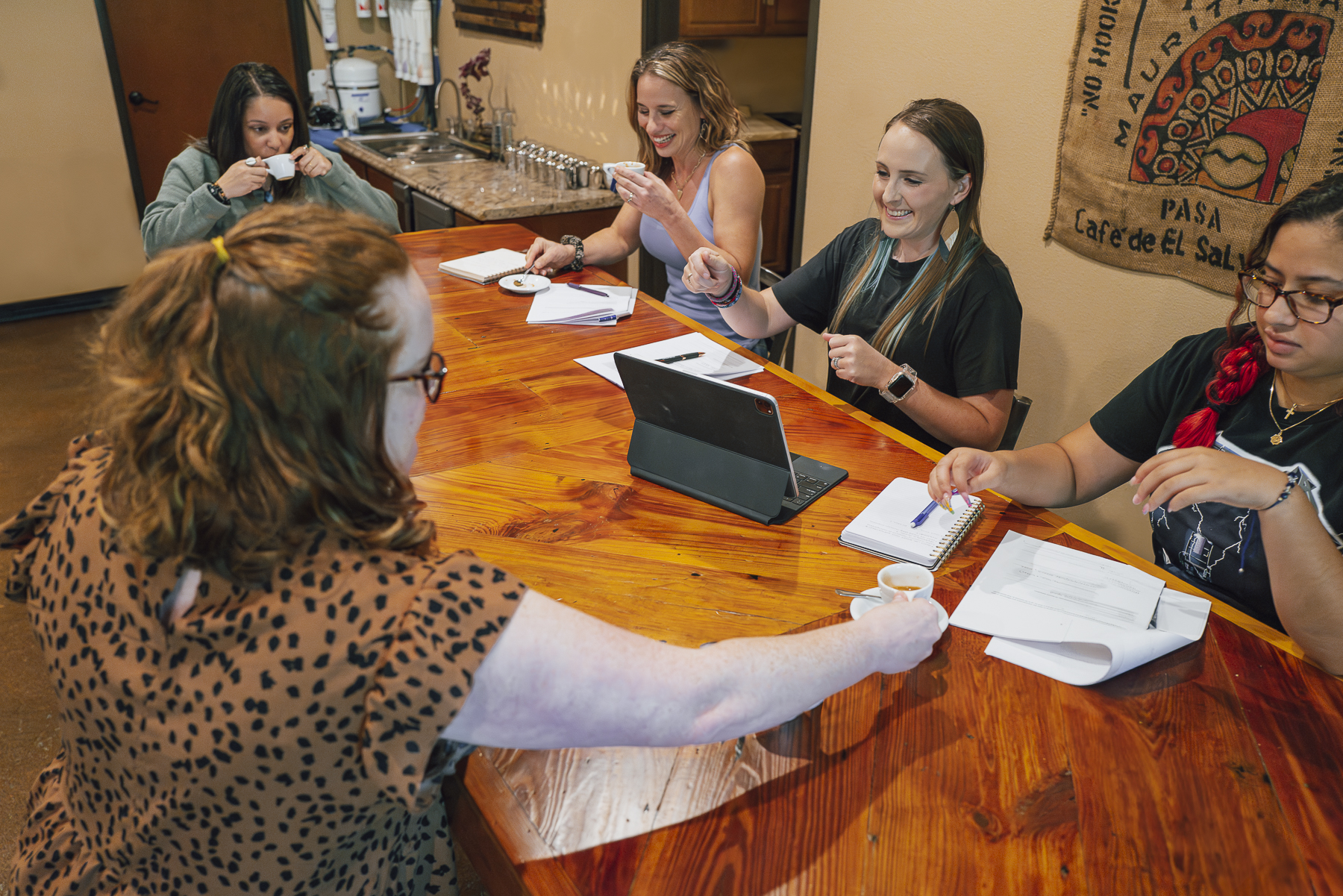
Built by Experts Who’ve Lived the Challenges You’re Facing
Rooted in Tom’s experience as a small business owner and driven by a team with a proven history of transforming underperforming coffee shops across the country, this class reflects what real operational excellence looks like. The same team has helped countless independent coffee shops scale by building strong systems and processes that create consistent, profitable growth.
“As a small business owner myself, I know firsthand how hard this entrepreneurship journey can be,” Tom shared. “This class means a lot to me personally. I wanted to build it for the owner who is doing everything they can to keep things afloat but still feels stuck or burned out. The one who shows up early, stays late, and pours their heart into the business, yet still feels like it’s not enough.”
The focus isn’t just operational efficiency. It’s sustainable growth, profitability, and owner well-being. With systems, KPIs, and a clear roadmap, owners can step back, lead effectively, and reclaim the future they envisioned when they opened their doors.
“We give you the future you imagined when you first chose to take this leap.”
Take Back Your Time, Your Team, and Your Profits
Burnout doesn’t have to be inevitable. By implementing structured systems and tracking KPIs, coffee shop owners can:
- Uncover unseen revenue drains
- Optimize staffing and workflows
- Protect margins and boost profitability
- Build a culture of accountability and consistency
The Texas Coffee School Coffee Shop Operations Master Class gives owners the tools, knowledge, and confidence to run their shops smarter—not harder. In just one day, you can start turning chaos into clarity, stress into strategy, and inefficiency into profit.
Learn more about the Coffee Shop Operations Master Class and see how Texas Coffee School helps Coffeepreneurs® build thriving, balanced businesses.
Frequently Asked Questions
Q: How can coffee shop owners reduce burnout and regain control of their business?
A: Burnout comes from being stuck in daily operations without clear systems. The Texas Coffee School Coffee Shop Operations Master Class teaches practical operational frameworks, KPI tracking, and leadership systems so owners can delegate confidently, streamline workflows, and focus on growing their business. Learn more here.
Q: What are common ways coffee shops lose money without realizing it?
A: Inefficiencies like overstaffing, inventory waste, and unprofitable menu items quietly drain profits. The class helps owners track KPIs including labor cost, waste, menu performance, and overall profitability. By identifying these hidden leaks, owners can protect margins and increase profit. Learn more here.
Q: How does tracking KPIs improve coffee shop performance?
A: KPIs provide measurable insights into key areas such as labor, waste, menu items, and profitability. Owners who track KPIs gain clarity and actionable data to make informed decisions, optimize staffing, reduce waste, and boost profit. The class teaches owners how to implement these metrics immediately. Learn more here.
Q: Who benefits most from the Coffee Shop Operations Master Class?
A: Owners with open shops who feel overwhelmed by daily operations, high staff turnover, or low margins benefit most. The class equips them to step into leadership, empower their team, and create systems-driven operations for long-term efficiency and profitability. Learn more here.
Q: How will implementing systems from this class change daily routines?
A: Owners move from reactive to strategic leadership. Daily routines include reviewing KPIs, managing inventory weekly, and holding consistent staff meetings. Managers are empowered to lead, freeing owners to focus on growth. Consistency, efficiency, and profitability increase while stress decreases. Learn more here.
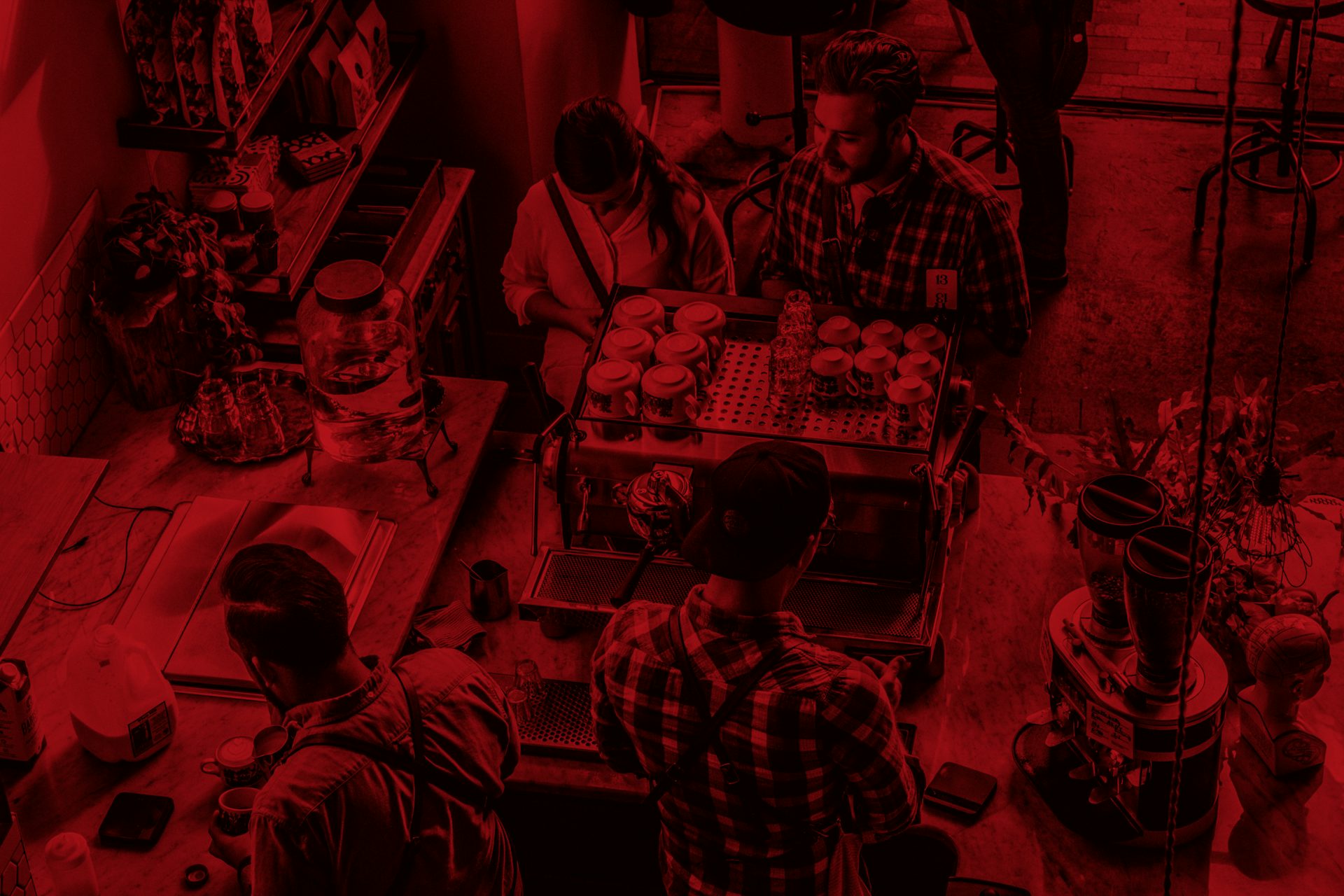
Register for a Coffee Class
The Best Coffee Training Available
We’ve helped hundreds of students successfully launch their own coffee shop businesses. Join us in our 5-Star Rated Coffee Classes, whether you’re an aspiring entrepreneur looking to open a coffee shop, a manager, a barista or home enthusiast looking to sharpen your skills.
